Bernie Sanders
description: an American politician, senator from Vermont, and two-time presidential candidate
378 results

The War Below: Lithium, Copper, and the Global Battle to Power Our Lives
by Ernest Scheyder · 30 Jan 2024 · 355pp · 133,726 words
and to see what additional measures they can take to work with the tribes, including forgoing development in these sacred areas.”95 Lawmakers, including Senator Bernie Sanders of Vermont and Representative Raul Grijalva of Arizona, introduced legislation to prevent the land swap, but those bills gained little traction.96 Obama’s administration
…
19, 2014, www.doi.gov/news/pressreleases/statement-by-interior-secretary-sally-jewell-on-the-national-defense-authorization-act-for-fiscal-year-2015. 96. Senator Bernie Sanders, “Sanders, Baldwin Introduce Bill to Stop Land Giveaway, Protect Native American Place of Worship,” press release, November 5, 2015, www.sanders.senate.gov/press-releases

Blank Space: A Cultural History of the Twenty-First Century
by W. David Marx · 18 Nov 2025 · 642pp · 142,332 words
the protests. In their aftermath, sympathetic commentators praised OWS for revitalizing the American left, elevating income inequality into a major issue, and reinvigorating protest culture. Bernie Sanders and Alexandria Ocasio-Cortez later harnessed this momentum. Critics like Andrew Ross Sorkin argued, however, that OWS would be “an asterisk in the history books
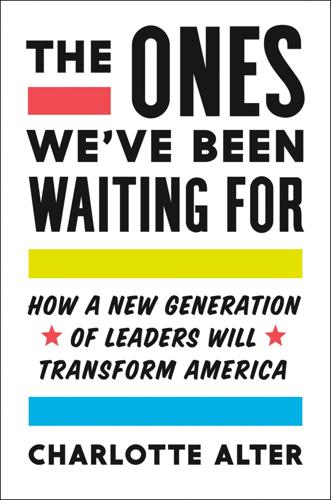
The Ones We've Been Waiting For: How a New Generation of Leaders Will Transform America
by Charlotte Alter · 18 Feb 2020 · 504pp · 129,087 words
McCain (b. 1936), a war hero and maverick who was eighty when he saved millions of American health care plans with a single vote, or Bernie Sanders (b. 1941), a seventy-eight-year-old socialist whose popularity with young voters has buoyed two presidential campaigns. But as Alexis de Tocqueville observed in
…
. It’s also worth noting that young voters don’t necessarily favor young candidates: just look at the youth movement sustaining seventy-eight-year-old Bernie Sanders’s political ambitions. The first wave of the millennial vanguard came after the 2008 election, when a handful of young people—many of them young
…
of other young people would become enamored with his subject, Pete chose to write about a lawmaker who was at that point fairly obscure: Senator Bernie Sanders of Vermont. The essay started off as predictable high school drivel (“There are a daunting number of important issues which are to be confronted if
…
was not the same as centrism, and collaboration was not the same as capitulation. He ended with a hint at his own ambitions: “I commend Bernie Sanders for giving me an answer to those who say American young people see politics as a cesspool of corruption, beyond redemption,” he wrote. “I have
…
way. Ad dollars once spent on interrupting local news programs would soon be spent targeting specific likely voters on Facebook. The campaigns of Barack Obama, Bernie Sanders, and Donald Trump would all thrive on this new model of viral fame and digital campaigning. But because millennials grew up navigating this jungle of
…
Americans were being screwed by a greedy elite: “We are the 99%” would become the rallying cry of the many against the few. Without Occupy, Bernie Sanders would have stayed a fringe senator from Vermont, Elizabeth Warren probably would not be running for president, and Alexandria Ocasio-Cortez likely wouldn’t be
…
between her rent and her student debt and her health insurance premiums, the money she made in tips wasn’t making ends meet. So when Bernie Sanders started making speeches in 2015 about a living wage, Medicare for All, and free college, Alexandria was an instant convert. She volunteered at Bernie’s
…
-women Wellesley College, the college kids were feeling the Bern. He was the most popular politician in America among the under-thirty set. By March, Bernie Sanders had won more young voters than Trump and Clinton combined. In April, shortly before the New York primary, Alexandria and Maria waited in lines snaking
…
around the block to get into a Bernie Sanders rally in Washington Square Park. People were packed into the park, overflowing onto the streets, and a whiff of marijuana hung in the air. The
…
exit polling, no matter who you voted for, everyone in the exit polls was dissatisfied with their options,” she said. “But I do think that Bernie Sanders did speak to a demographic of people that may have wanted to be a little more constructive in their political movements and actions—but when
…
the election, young people all over the country were beginning to mobilize in new ways around climate change. In 2016, as it became clear that Bernie Sanders would lose the Democratic primary, a handful of young organizers who had protested the Keystone XL pipeline and agitated for fossil fuel divestment met to
…
Democratic House for a decade.” Other millennial organizers were driving the party to the left by mimicking the Republicans’ tendency to slay their moderates. Former Bernie Sanders staffers Saikat Chakrabarti and Corbin Trent started Brand New Congress, aimed at replacing every member of Congress with working-class progressives: this was the group
…
-hour weeks in dangerous factories. “If the people who were making policies were smart,” said Michael Carter, a shaggy-haired DSA member who worked for Bernie Sanders and later served as deputy campaign manager for Alexandria Ocasio-Cortez, “they might realize that taking us to levels of inequality not seen since the
…
college when the government no longer subsidized higher education the way it once did? Those were exactly the questions Bernie Sanders wanted to answer. * * * Millennials had been socialist-curious for a while, but Bernie Sanders’s 2016 presidential campaign was an ideological turning point for many left-leaning young people. Sanders offered universal solutions
…
world. Meanwhile, all the baby boomers are like, ‘We’re not gonna change anything and we want all the money still, and just chill out.’” Bernie Sanders lost the primary, but his campaign served as a crash course in democratic socialism for an entire generation of young voters. Just as Hillary’s
…
thirty-three-year old physician with a gift for oration and a sharp sense of style, was endorsed by the Democratic Socialists of America and Bernie Sanders. His grassroots campaign was based on the assumption that Sanders’s surprise victory in the Michigan primary in 2016 hinted at a groundswell of socialist
…
’s anyone out there that’s thinking of running for office either this year or next year.” She was running on an updated version of Bernie Sanders’s progressive platform: Medicare for All, a fifteen-dollar minimum wage, a Green New Deal. But unlike Sanders, she was an open book: her personal
…
unofficial system: everybody sat under a Post-it that labeled their job, and as people switched jobs they would move the Post-its around. Former Bernie Sanders staffer and democratic socialist Michael Carter came on in early 2018 as a fundraiser—by the summer, he was deputy campaign manager. The strategy was
…
Medicare for All, a fifteen-dollar minimum wage, and a Green New Deal—after all, he said over and over again, Michiganders had voted for Bernie Sanders over Hillary Clinton in the 2016 primary. His campaign strategy was rooted in positioning himself as the Bernie of the race while subtly aligning his
…
were obvious. Abdul had support from DSA activists, the Sunrise Movement, Alexandria (who had become a Democratic superstar since her surprise primary win), and even Bernie Sanders himself. Whitmer had support from Emily’s List and the Michigan Democratic establishment, and had deep ties to corporations such as Blue Cross Blue Shield
…
American socialist movement after generations in retreat,” which, given how many of their candidates lost, seemed a bit overblown. When The New York Times asked Bernie Sanders about the progressives’ losses in Iowa and Pennsylvania, he said, “It’s not a baseball game.” The midterms illustrated how far the progressive movement had
…
sit-downs: he came off as thoughtful and interesting, a fresh face in a primary already dominated by familiar names such as Joe Biden and Bernie Sanders. His campaign began to gain traction in March of 2019, when he called Vice President Mike Pence a “cheerleader of the porn star presidency” during
…
, the incident highlighted Pete’s failure to diversify the local police department and further alienated him from voters of color. But Pete stayed calm. While Bernie Sanders was running on “political revolution” and Elizabeth Warren branded herself as a “fighter,” Pete’s campaign had a sense of peace and healing to it
…
I have the chance to usher in a new American spring.” * * * If Pete was attempting to channel the Obama legacy, AOC was the heiress to Bernie Sanders. She represented the anti-establishment rage that had fueled the millennial left since the financial crisis: the young progressives who slept at Zuccotti Park in
…
became clear that Pete was a threat to the progressive left, AOC began to throw him some shade on Twitter. And in October, she endorsed Bernie Sanders, giving his campaign a much-needed boost after he had a heart attack on the campaign trail. Just as Pete had rooted his campaign in
…
waving blue and white signs on a cloudless October day in Queens. “It wasn’t until I heard of a man by the name of Bernie Sanders that I began to question and assert and recognize my inherent value as a human being that deserves health care, housing, education, and a living
…
and Applied Social Psychology 35, no. 2 (March 2013), tandfonline.com/doi/full/10.1080/01973533.2013.764304. not the same as capitulation: Peter Buttigieg, Bernie Sanders, John F. Kennedy Presiential Liberary and Museum, 2000, jfklibrary.org/learn/education/profile-in-courage-essay-contest/past-winning-essays/2000-winning-essay-by-peter
…
, “Inside Alexandria Ocasio-Cortez’s Unlikely Rise,” TIME, March 21, 2019, time.com/longform/alexandria-ocasio-cortez-profile/. among young voters in Iowa: Chris Cillizza, “Bernie Sanders Crushed Hillary Clinton by 70 Points Among Young Voters in Iowa,” The Washington Post, February 2, 2016, washingtonpost.com/news/the-fix/wp/2016/02
…
/02/bernie-sanders-crushed-hillary-clinton-by-70-points-among-young-people-in-iowa-but/. 78 percent of first-time voters: Eric Bradner and Dan Merica, “Young Voters
…
Abandon Hillary Clinton for Bernie Sanders,” CNN, February 10, 2016, cnn.com/2016/02/10/politics/hillary-clinton-new-hampshire-primary/index.html. underwater by more than twenty points: Frank Newport
…
-americans.aspx. were feeling the Bern: Charlotte Alter, “Bernie Winning Feminists Even at Hillary Clinton’s Alma Mater,” TIME, February 16, 2016, time.com/4220427/bernie-sanders-wellesley-hillary-clinton-femisim/. among the under-thirty set: Harvard IOP Spring 2016 Poll, iop.harvard.edu/youth-poll/past/harvard-iop-spring-2016-poll
…
Socialists of America, November 7, 2018, dsausa.org/statements/npc-statement-on-2018-elections/. “It’s not a baseball game.”: Sydney Ember and Alexandra Burns, “Bernie Sanders Is Winning Converts. But Primary Victories Remain Elusive,” The New York Times, June 24, 2018, nytimes.com/2018/06/24/us/politics
…
/bernie-sanders-midterm-elections.html. 350 percent since 2016: Charlotte Alter, “The Avengers,” TIME, January 18, 2018, time.com/magazine/us/5107476/january-29th-2018-vol-191-
…
and, 61–62 economic development initiatives of, 143–44 elected mayor of South Bend, 143 enlistment and service in military of, 73–77 essay on Bernie Sanders written by, 7–8 future of Democratic party and, 289–91 generational argument for presidential candidacy of, 284–85 at Harvard, 3–5, 8 marriage
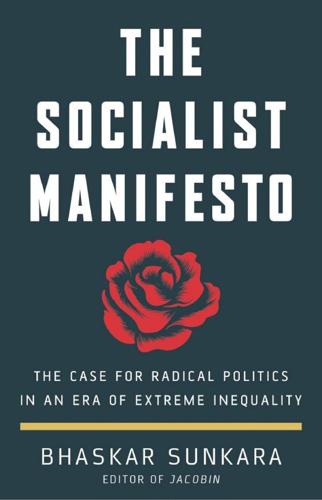
The Socialist Manifesto: The Case for Radical Politics in an Era of Extreme Inequality
by Bhaskar Sunkara · 1 Feb 2019 · 324pp · 86,056 words
there are new opportunities for this better sort of socialism to take root. As we’ll see, Britain’s Jeremy Corbyn and the United States’ Bernie Sanders have pursued a “class struggle” social democracy, unleashing popular energy that has revitalized the Left as a whole. I offer a tentative strategy for taking
…
’t enough. As we will see, the emergence of the movement around British Labour Party leader Jeremy Corbyn, and to a lesser extent that of Bernie Sanders in the United States, represents a surprising challenge to the Third Way. What makes Corbyn, in particular, so remarkable is that he doesn’t just
…
the divide between the haves and the have nots, we can create a more durable socialist politics in America. The popularity of the democratic socialist Bernie Sanders and the inspiring activism of the last several years make even this pessimist think the answer is yes. PART II EIGHT RETURN OF THE MACK
…
that any serious struggle against oppression has to demand the massive redistribution of power and wealth from the elite to the poor and working classes. BERNIE SANDERS’S 2016 presidential campaign started with some haphazard remarks delivered to an empty National Mall. Bernie stood calmly behind a podium, said a few words
…
them had never heard much about socialism but were ready for a politics oriented around their needs. Almost all of the US left embraced the Bernie Sanders movement, but there were questions over just what he meant when he called himself a democratic socialist. The senator would invoke Eugene V. Debs and
…
even more radical proposals. The success of Congresswoman Alexandria Ocasio-Cortez, a self-professed democratic socialist, is just one example. If it’s possible that Bernie Sanders can win a national election, that means that the capital of capitalism may be months away from having a socialist in the White House. But
…
. A protégé of the late Tony Benn, Corbyn is a genuine radical and by far the most left-wing leader in Labour’s history. Like Bernie Sanders in the United States, he is an unreconstructed survivor of a different era of socialist politics. Unlike Sanders, he had the benefit of a close
…
seems plausible for the first time in a long while because of a Labour Party that looks far beyond the horizon of traditional Labourism. Like Bernie Sanders’s presidential campaign, Corbyn’s breakthrough has shown that socialists can garner popular support by building a credible opposition rooted in an unapologetically left vision
…
advance of the past hundred fifty years: mass parties, an activist base, and a mobilized working class. We’re not starting from scratch, though. The Bernie Sanders campaign encouraged millions to believe that things can be different. New mass actions, such as 2018’s teacher strikes, have also revealed in our own
…
63 percent thought immigration was a good thing.3 Even after being subjected to three years of attacks from both the Right and corporate Democrats, Bernie Sanders is among the most popular politicians in the United States. His central demands—a universal jobs program and single-payer health insurance—both enjoy substantial
…
sparked by both intolerable conditions and the efforts of small groups of organizers.8 Consider the dynamics in the teacher strike in 2018 West Virginia: Bernie Sanders campaigned extensively in the state, and his supporters built up enough of an infrastructure to win every county in the 2016 Democratic primary. Some young
…
it oligarchically.”15 Abolishing the Electoral College and pushing toward more proportional voting systems that encourage participation must be immediate demands. Other reforms such as Bernie Sanders’s Workplace Democracy Act could help encourage working-class militancy by making it easier to form unions, protect workers from employer retaliation, roll back “right
…
Revolution: A Future to Believe In (New York: Thomas Dunne Books, 2016), 23. 15. Michael Kruse, “Bernie Sanders Has a Secret,” Politico, July 9, 2015, politico.com/magazine/story/2015/07/bernie-sanders-vermont-119927. 16. Sanders, Our Revolution, 50. 17. Hillary Rodham Clinton, What Happened (New York: Simon & Schuster, 2017), 227. 18. Symone
…
D. Sanders, “It’s Time to End the Myth That Black Voters Don’t Like Bernie Sanders,” Washington Post, September 12, 2017, washingtonpost.com/news/posteverything/wp/2017/09/12/its-time-to-end-the-myth-that-black-voters-dont-like
…
-bernie-sanders. 19. “Hillary Clinton’s 10 Biggest Corporate Donors in the S&P 500,” Forbes, 2016, forbes.com/pictures/emdk45ehhgg/hillary-clintons-10-big/#110cb0c13629. 20.
…
15, 2015. Chapter Nine: How We Win 1. Sam Gindin, “Building a Mass Socialist Party,” Jacobin, December 20, 2016, jacobinmag.com/2016/12/socialist-party-bernie-sanders-labor-capitalism. 2. Albert Hunt, “Warren Isn’t Sanders, and Vice Versa,” Bloomberg, April 29, 2018, bloomberg.com/view/articles/2018-04-29/elizabeth-warren
…
-and-bernie-sanders-aren-t-the-same. 3. “Americans’ Views of Immigration Marked by Widening Partisan, Generational Divides,” Pew Research, April 15, 2016. 4. “A Slim Majority of
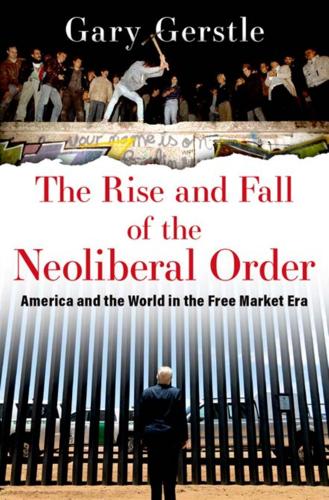
The Rise and Fall of the Neoliberal Order: America and the World in the Free Market Era
by Gary Gerstle · 14 Oct 2022 · 655pp · 156,367 words
seemed inconceivable now dominated politics and popular consciousness: the election of Donald Trump and the launch of a presidency like no other; the rise of Bernie Sanders and the resurrection of a socialist left; the sudden and deep questioning of open borders and free trade; the surge of populism and ethnonationalism and
…
that issued from the Great Recession of 2008–2009 (the Tea Party, Occupy Wall Street, Black Lives Matter, and the rise of Donald Trump and Bernie Sanders) and that pushed the neoliberal order to its breaking point. The neoliberal order was already fragmenting when the 2020 pandemic delivered the coup de grace
…
(or the labor movement of the 1930s) had been. But the three, in combination, profoundly convulsed American politics, fueling the rise of Donald Trump and Bernie Sanders, leading in 2016 to one of the more remarkable election campaigns in American history. This was the moment when America’s neoliberal order began to
…
New York mayor, replacing the man, Michael Bloomberg, who had ordered the New York City police to evict the occupiers from Zuccotti Park. And then Bernie Sanders, the US Senate’s lone but proud socialist, mounted a surprisingly successful challenge to Hillary Clinton, Obama’s heir apparent and neoliberal standard-bearer, in
…
Revival Trump wanted the breakup of the neoliberal order to benefit the authoritarian right. But the breakup was also benefiting a social democratic left that Bernie Sanders, Elizabeth Warren, and others had been infusing with new life. Trump’s constant talk of putting tariffs on imports, stopping the free movement of people
…
sign of a political order’s triumph, the loss of that ability signaled a political order’s demise. Trump’s work, along with that of Bernie Sanders, in undermining neoliberal hegemony created additional opportunities for once peripheral political ideas and initiatives to flourish. Across the 2010s, the left built an institutional infrastructure
…
won congressional seats: Alexandra Ocasio-Cortez (New York), Ilhan Omar (Minnesota), Ayanna Pressley (Massachusetts), and Rashida Tlaib (Michigan). Their success, in turn, vaulted two leftists, Bernie Sanders (again), and Elizabeth Warren, into frontrunner status for the 2020 Democratic nomination for president. Warren built a national reputation in the aftermath of the financial
…
. But It’s Helped Transform the American Left,” Vox, April 30, 2019, https://www.vox.com/the-highlight/2019/4/23/18284303/occupy-wall-street-bernie-sanders-dsa-socialism, accessed April 29, 2021. 60.Dissent (https://www.dissentmagazine.org) started publishing in 1954, N + 1 (https://nplusonemag.com) in 2004, and Jacobin
…
, January 1, 2014, https://www.theguardian.com/world/2014/jan/01/bill-de-blasio-sworn-in-as-newyork-mayor, accessed April 29, 2021; Alan Rappeport, “Bernie Sanders, Long-Serving Independent, Enters Presidential Race as a Democrat,” New York Times, April 29, 2015, https://www.nytimes.com/2015/04/30/us/politics
…
/bernie-sanders-campaign-for-president.html, accessed April 29, 2021; Kate Aronoff, Peter Dreier, and Michael Kazin, eds., We Own the Future: Democratic Socialism, American Style (New
…
York: New Press, 2020). 61.Adam Geller, “Bernie Sanders’ Early Life in Brooklyn Taught Lessons, Some Tough,” Times of Israel, July 21, 2019, https://www.timesofisrael.com/bernie-sanders-early-life-in-brooklyn-taught-lessons-some-tough/, accessed June 29, 2021; Jas Chana, “Straight Outta
…
Brooklyn, by Way of Vermont: The Bernie Sanders Story,” Tablet, August 20, 2015, https://www.tabletmag.com/sections/news/articles/bernie-sanders-story, accessed June 29, 2021; Mark Leibovich, “The Socialist Senator,” New York Times, January 21, 2007, https://www.nytimes
…
/01/21/magazine/21Sanders.t.html, accessed June 29, 2021. 62.Leibovich, “The Socialist Senator.” 63.Marketwatch, “Text of Bernie Sanders’ Wall Street and Economy Speech, January 5, 2016, https://www.marketwatch.com/story/text-of-bernie-sanders-wall-street-and-economy-speech-2016-01-05, accessed July 19, 2021. See also Transcript of
…
Bernie Sanders-Hillary Clinton Debate, March 6, 2016, New York Times, March 7, 2016, https://www.nytimes.com/2016/03/07/us
…
May 31, 2021. 64.Marketwatch, “Text of Bernie Sanders’ Wall Street and Economy Speech.” 65.Bernie Sanders, Iowa Caucuses Speech, February 2, 2021, https://www.vox.com/2016/2/2/10892752/bernie-sanders-iowa-speech, accessed June 28, 2021. 66.“Transcript of Bernie Sanders-Hillary Clinton Debate,” March 6, 2016; Bernie Sanders, Campaign Speech in Pittsburgh, WESA, March 30, 2016
…
, http://wesa.fm/post/super-pacs-paid-speeches-living-wages-take-sanders-full-pittsburgh-stump, accessed June 28, 2021. For Bernie Sanders’s views on trade, see Amy Chozick and Patrick Healy, “Caustic Sanders Pushes Clinton on Trade and Jobs at Debate in Michigan,” reprinted in Anchorage
…
-clinton-trade-and-jobs-debate-michigan/2016/03/07/, accessed September 9, 2021 (originally published in the New York Times, March 7, 2016); Nick Corasaniti, “Bernie Sanders Hones Anti-Trade Message for Illinois and Ohio,” New York Times, March 11, 2016, https://www.nytimes.com/2016/03/12/us/politics
…
/bernie-sanders-hones-anti-trade-message-for-illinois-and-ohio.html, accessed February 24, 2021; Editorial Board, “Jobs and Trade on the Campaign Trail,” New York Times,
…
April 2, 2016, https://www.nytimes.com/2016/04/03/opinion/sunday/jobs-and-trade-on-the-campaign-trail.html, accessed February 24, 2021; Bernie Sanders, “Bernie Sanders: Democrats Need to Wake Up,” New York Times, June 28, 2016, https://mobile.nytimes.com/2016/06/29/opinion/campaign-stops
…
/bernie-sanders-democrats-need-to-wake-up.html?referer=https://t.co/ywq46GeMt4, accessed February 24, 2021; Arnie Seipel, “Sanders Centers Platform Fight on Trans-Pacific Trade
…
care to every American (“Medicare for All”), to cancel trillions of dollars in student debt, and to establish a federal minimum wage of $15/hour. Bernie Sanders, “It’s Time to Complete the Revolution We Started,” The Guardian, February 25, 2019, https://www.theguardian.com/commentisfree/2019/feb/25/its-time-to
…
-complete-the-revolution-we-started; Bernie Sanders, “The Foundations of American Society Are Failing Us,” New York Times, April 19, 2020, https://www.nytimes.com/2020/04/19/opinion/coronavirus-inequality
…
-bernie-sanders.html, accessed September 24, 2021. 28.Emily Cochrane and Sheryl Ann Stolberg, “$2 Trillion Coronavirus Stimulus Bill Is Signed into Law,” New York Times, March
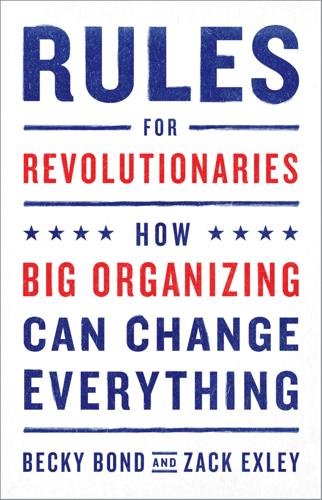
Rules for Revolutionaries: How Big Organizing Can Change Everything
by Becky Bond and Zack Exley · 9 Nov 2016 · 227pp · 71,675 words
. An alternate title would appropriately be: How to Make the Impossible, Possible. Prepare to be inspired.” —Assemblywoman Lucy Flores “For populists who want to continue Bernie Sanders’s political revolution and win radical change, this is a book for you. In their Rules for Revolutionaries, Becky Bond and Zack Exley lay down
…
possible by combining emerging consumer technology and radical trust with some tried and true ‘old organizing’ tactics.” —Jim Hightower, author of Swim Against the Current “Bernie Sanders’s presidential run was a spectacular wake-up call, revealing the huge number of Americans willing to fight for radical change. That includes a great
…
organizing for good. Insurgents get ready, this is the book for you.” —Nina Turner, assistant professor of African American history, Cuyahoga Community College; national surrogate, Bernie Sanders campaign; former Ohio state senator “This must-read book lays down twenty-two ‘rules’ designed to put power in the hands of people who want
…
we win.” That was the subject line of the first email I wrote back in the fall of 2015 to the rapidly growing list of Bernie Sanders supporters. It was 6:00 a.m., and Zack and I were occupying the lobby of a Comfort Inn in Little Rock, Arkansas. While brilliant
…
Hampshire, Zack and I found ourselves on a team of go-for-broke irregulars charged with organizing what was then a vast outpost of the Bernie Sanders campaign for president. It was our task to help organize supporters in all the states that would not be staffed until much later in the
…
for and revolutionize the work of social movements in the United States and around the world. Before I left my job to work on the Bernie Sanders campaign, I was privileged to work for fifteen years at what was first known as Working Assets and then became CREDO. There I helped create
…
go toe to toe with the billionaires and win? That’s the question that Zack and I both left our day jobs and joined the Bernie Sanders campaign to answer. Our experiment in grassroots participation was situated on the fringes of the Bernie campaign. We were part of a small department dedicated
…
believe that it’s time to get back to big organizing in a big way. It’s already happening, as evidenced not only by the Bernie Sanders campaign but also by other campaigns and movements before it, such as Obama in 2008, Occupy Wall Street, the effort to unseat George W. Bush
…
goal is decided upon by a central movement leadership and sometimes it is presented by the circumstances of history. The team we assembled on the Bernie Sanders campaign, which came to be called the “distributed organizing team,” believed that we had to do whatever was in our power to support and grow
…
them all at once. In fact, all of those things are the status quo in almost every high- and middle-income country in the world. Bernie Sanders called for them, and he almost won the presidential primary. Our problems are big, so our solutions must be big as well. To achieve them
…
years.” Bernie volunteers said that everywhere we went. People ask us: What can we learn from the big organizing that powered the volunteer movement behind Bernie Sanders? Is it only possible in a presidential campaign? No. Think about the movement to defend black lives. Leaders like Alicia Garza and Erica Garner are
…
budget—because we were going to have to build a nearly all volunteer-led movement if we were going to have a chance of electing Bernie Sanders president. But on my very first day in DC, I fell into depression as I learned from my friends Tim Tagaris, Michael Whitney, and Scott
…
Matter protesters interrupted a candidate town hall at the annual Netroots Nation political conference. Two of the three Democratic candidates for president were on stage—Bernie Sanders and Martin O’Malley. Hillary Clinton, perhaps wanting to avoid likely protests, elected not to attend. O’Malley’s offensive reply came first: “Black lives
…
founder of the Black Lives Matter movement, suggested a way forward. Writing in The Nation on what’s next for the movement that almost elected Bernie Sanders to the White House, she called for our political revolution to “authentically engage and be led by people of color and immigrants” and to hold
…
work to be done. We also need to heed the important insights shared by Ian Haney-López and Heather McGhee who, writing specifically about the Bernie Sanders presidential candidacy for The Nation, explained that racism is not only crushing black people, but that it is also “a political weapon wielded by elites
…
them. By the time the Iowa caucus rolled around, it was clear to the whole nation that there was a massive and passionate movement answering Bernie Sanders’s call to build a political revolution. But for people who were early supporters of the campaign or who follow organizing with interest (and that
…
. Eventually, in the spring of 2015, it was finally Ceci’s turn to get laid off. Coincidentally this was exactly at the same time that Bernie Sanders launched his candidacy for the Democratic presidential nomination. People like Ceci who saw the financial meltdown from the inside (and also from the downside) often
…
the 90s is screwed” and their standard of living was, for the first time in generations, going to go down not up. But this guy Bernie Sanders was speaking to the issues she cared about—the country needed to stop bailing out the big banks and start looking out for regular people
…
radical. They were telling the truth. There was no subject line from Bernie reading all lowercase “hey.” No one was going to win dinner with Bernie Sanders, much less George Clooney. It wasn’t even that they tested those gimmicks and found they didn’t payoff. It was always about delivering Bernie
…
’s campaign for governor as a field organizer and would go on to be the influential cofounder of Millennials for Bernie Sanders and a national organizer for The People for Bernie. Millennials for Bernie Sanders—which was later rebranded as Millennials for Revolution—became a powerful platform that catapulted Moumita to national prominence as
…
. Meanwhile, there’s a four-way tie for the least-trusted professions: lobbyists, members of Congress, telemarketers, and car salespeople. When National Nurses United endorsed Bernie Sanders for president (they were the first national union to do so), NNU president RoseAnn DeMoro said “Bernie’s issues align with nurses from top to
…
medical bills, the stress and mental disorders from joblessness, higher asthma rates, cancer, heart ailments, and birth defects from environmental pollution and the climate crisis. Bernie Sanders’s prescriptions best represent the humanity and the values nurses embrace.” Social media and the mainstream media elite fueled the misconception that the driving force
…
’s more, it’s going to take all of us, each motivated by the issues that directly affect us, working together to build the revolution. Bernie Sanders wasn’t the movement. He was in the movement. This movement is something we are building together. This is truly our revolution. All of our
…
they buy into the concept in practice, they tend to suffer from the tyranny of DC’s absurdly low expectations for what is possible. The Bernie Sanders Latino outreach team was home to some fiercely talented organizers. One of them, Cesar Vargas, brought this rule home to me when I was at
…
Colorado Boulder. I met her at a giant barnstorm rally in Denver. She gave me a button with the group’s logo—an illustration of Bernie Sanders riding a unicorn with rainbow lasers shooting out of his fingertips. Incredibly, Hannah had come to the Denver barnstorm because she wanted to be extra
…
’t make it into the final edition. So we’ll make an attempt to sneak your names in here! First and foremost we thank Senator Bernie Sanders. It was an honor to be part of his campaign. Throughout the primary, the campaign’s most important asset was Bernie’s message, which would
…
Bernie, an independent social media effort led by Winnie Wong and Charles Lenchner, deserves its own book, which we hope they are writing. Millennials for Bernie Sanders, now Millennials for Revolution, gives us such hope, and we thank Moumita Ahmed particularly for her leadership. The nurses got their own rule, but we
…
of months. Zack is eternally grateful for the sacrifice, trust, and love that made his time with the Bernie campaign possible. Timeline APRIL 16, 2015: Bernie Sanders walks out of the Senate and announces he is running for the Democratic nomination for the presidency. The People for Bernie launches with an open
…
Lives Matter protest disrupts the Democratic candidate forum at the Netroots Nation conference. JULY 29: 100,000 supporters attend 2,700 house parties and watch Bernie Sanders livestream. Over 45,000 people sign up to volunteer for the campaign. AUGUST 4: Zack moves to Burlington, Vermont, and, over a series of phone
…
2: Becky gets a job on the campaign as a senior advisor. OCTOBER 13: The first Democratic primary debate is held, with over 4,000 Bernie Sanders debate watch parties launched by the distributed organizing team. OCTOBER 20: Zack and Corbin pilot an early version of barnstorm meetings in Tennessee. OCTOBER 28
…
: The national student town hall livestream is held with Bernie Sanders and members of College Students for Bernie Sanders. NOVEMBER: Zack and Becky barnstorm across Colorado and meet volunteers who are already canvassing for the March 1, 2016, caucus without access
…
Authors Photo by Bloomberg / Getty Images Becky Bond served as a senior advisor on the Bernie Sanders presidential campaign and was an architect of the campaign’s national, volunteer-driven grassroots campaign. Prior to joining the Bernie Sanders campaign, Becky served as political director at CREDO where she was an innovator working at the
…
Republican Congressmen. She lives in San Francisco, California, with writer, designer, and book artist Emily McVarish. Zack Exley served as a senior advisor on the Bernie Sanders presidential campaign and was an architect of the campaign’s national, volunteer-driven grassroots campaign. Zack was a union organizer before becoming MoveOn.org’s
…
politics. THE ALL NEW DON’T THINK OF AN ELEPHANT! Know Your Values and Frame the Debate GEORGE LAKOFF 9781603585941 Paperback • $15.00 THE ESSENTIAL BERNIE SANDERS AND HIS VISION FOR AMERICA JONATHAN TASINI 9781603586672 Paperback • $14.00 BORN ON THIRD BASE A One Percenter Makes the Case for Tackling Inequality, Bringing

How Elites Ate the Social Justice Movement
by Fredrik Deboer · 4 Sep 2023 · 211pp · 78,547 words
chip away at whatever legitimacy he held as a popular-vote loser who had been elected under a cloud of controversy in 2016. Meanwhile, the Bernie Sanders campaign of 2016 had energized a new generation of socialist activists, such as those in the Democratic Socialists of America, and early in 2020 it
…
the chronic pessimism that pervades the contemporary left), the policy platform of the Democratic Party in 2020 was far more progressive than that of 2008. Bernie Sanders lost in both 2016 and 2020 but expanded what millions of Americans thought of as politically possible. And our greatest strength lies in our current
…
public anger about sexual misconduct in the workplace, systemic racism, and socioeconomic inequality. The #MeToo movement had galvanized public anger toward sexual misconduct, and the Bernie Sanders movement, with its army of newly minted socialists, continued to call for change through the Trump years. Our whole civic society seemed strewn with kindling
…
Democratic Party was facing a reckoning over its future direction and its level of radicalism. The battleground was the 2016 Democratic primaries, pitting leftist outsider Bernie Sanders against centrist insider Hillary Clinton. Hillary Clinton burst into public life during her husband’s presidency. Unusually accomplished and well-credentialed for a First Lady
…
to capture her party’s nomination in 2008. Her nomination was seen as inevitable. That sense of inevitability was challenged from a truly unexpected direction. Bernie Sanders, a senator from Vermont and officially an Independent, ran against Clinton and attracted a shocking level of support in doing so. He had a proud
…
term was drawing to a close. A crowded Democratic primary field had produced at least a half dozen candidates viewed as viable. Among them was Bernie Sanders, who once again sketched out an alternative to Democratic establishment politics based on programs like Medicare for All, which would have radically shifted the financial
…
long time to come. Reading Ochs’s lyrics, I think of nothing so much as the nasty online battles in 2016 between supporters of socialist Bernie Sanders and liberal Hillary Clinton. Ochs depicts liberals are soft-left squishes, the type to endorse diversity in the abstract but to recoil from people of
…
to LBJ’s deepening unpopularity and subsequent decision to withdraw from the race himself. Humphrey was in many ways the Hillary Clinton to McCarthy’s Bernie Sanders, the safe establishment choice, the “whoa, whoa, whoa, slow down there” choice, the path of incrementalism. And, just like Clinton, Humphrey lost to a scandal
…
late adolescence, but the term has become more and more common in the years that have followed the 2016 Democratic primary between Hillary Clinton and Bernie Sanders. It’s a term that would be alien to the vast majority of ordinary people and is usually confined to internecine squabbles among the left
…
the wealthy and powerful, including with her opponent Donald Trump, and was now lecturing the rest of us on standing with the marginalized. Of course, Bernie Sanders himself enjoyed a standard of living well above that of the average American, and in general, elite Democrats have had a somewhat tense relationship with
…
tweets. I think class-first politics are our only hope, but there’s nothing inherently more serious or argumentatively responsible about class-first politics. The Bernie Sanders candidacies represented a far more grounded and pragmatic vision of left engagement than you typically find; that so many of the braying “leftist” accounts think
…
op-eds in the New York Times than in earning votes. The popular economically populist agenda of the Democrats can inspire, as seen in the Bernie Sanders campaigns, but Democratic fealty to “the groups”—the nonprofits and foundations that hire overeducated young staffers who write position papers and lobby—seems to chain
…
problems for so long that calling for it is a cliché. Organizations like the Democratic Socialists for America and journals like Jacobin call for it; Bernie Sanders works it into his speeches; left podcasters present it as one of the basic requirements of a reborn American left. There have been some high
…
we must ostentatiously put identity issues first. That, after all, was the story of the 2016 Democratic primary, where the old-school class politics of Bernie Sanders were pitted against the purposefully complex intersectionality of Hillary Clinton. What approach wins the day will help determine the future of the left and its
…
://abcnews.go.com/Politics/2020-democratic-candidates-move-left-progressive-climate-change/story?id=63489543. “may make it difficult for”: Jonathan Martin and Alexander Burns, “Bernie Sanders Wins Nevada Caucuses, Strengthening His Primary Lead,” New York Times, February 22, 2020, https://www.nytimes.com/2020/02/22/us/politics
…
/bernie-sanders-nevada-caucus.html. It was widely reported: Carol E. Lee, Kristen Welker, Josh Lederman, and Amanda Golden, “Looking for Obama’s Hidden Hand in Candidates
…
-primary. In January 2016, The Guardian’s: Ziyad, “Democratic Candidates Had a Chance.” As Reason magazine pointed out: Robby Soave, “Former Clinton Campaign Staffer Accuses Bernie Sanders of Failing to Mention Race, Gender in Speech That Explicitly Mentioned Race, Gender,” Reason, March 4, 2019, https://reason.com/2019/03/04
…
/bernie-sanders-zerlina-maxwell-race-gend/. But it is the case that: See, for one: Blair L. M. Kelley, “Biden Has Black Voters’ Support Over Sanders, and
…
.nbcnews.com/think/opinion/biden-has-black-voters-support-over-sanders-it-s-not-ncna1150576. “In every one of the 27 primaries”: John Hudak, “Why Bernie Sanders Vastly Underperformed in the 2020 Primary,” Brookings, March 20, 2020, https://www.brookings.edu/blog/fixgov/2020/03/20/why
…
-bernie-sanders-vastly-underperformed-in-the-2020-primary/. “The label ‘class reductionist’ ”: Asad Haider, “How Calling Someone a ‘Class Reductionist’ Became a Lefty Insult,” Salon, July 25,

Rendezvous With Oblivion: Reports From a Sinking Society
by Thomas Frank · 18 Jun 2018 · 182pp · 55,234 words
behind every scam that was to come. What I describe in this volume is a vast panorama of such scams—a republic of rip-offs. Bernie Sanders, the archetypal reform figure of our time, likes to say that “the business model of Wall Street is fraud,” but in truth we could say
…
over Trump by an unprecedented ratio of fifty-seven to two. But it was the news media’s attitude toward yet a third politician, Senator Bernie Sanders of Vermont, that best revealed the peculiar politics of the media in this time of difficulty and transition (or, depending on your panic threshold, industry
…
proposals. When Sanders was finally defeated in June, the same paper waved him goodbye with a bedtime-for-Grandpa headline: “Hillary Clinton Made History, but Bernie Sanders Stubbornly Ignored It.” I decided to approach this question by examining the opinion pages of the Washington Post, the conscience of the nation’s political
…
Post, the publication that defines the limits of the permissible in the capital city. * * * Why should anyone care today that certain pundits were unkind to Bernie Sanders? The election is long over. His campaign is, as we like to say, history. Still, I think that what befell the Vermont senator at the
…
large paychecks for pedestrian speeches, tape-recorded boasts about groping women, or any of that stuff. An alternative hypothesis is required for what happened to Bernie Sanders, and I want to propose one that takes into account who the media are in these rapidly changing times. As we shall see, for the
…
members of the highly educated, white-collar cohort, she was not just a candidate but a colleague, the living embodiment of their professional worldview. In Bernie Sanders and his “political revolution,” on the other hand, these same professionals saw something kind of horrifying: a throwback to the low-rent Democratic politics of
…
, that nation’s status as a manufacturing paradise. But the factor that really mattered was that the Post’s pundit platoon just seemed to despise Bernie Sanders. The rolling barrage against him began during the weeks before the Iowa caucuses, when it first dawned on Washington that the Vermonter might have a
…
pretty liberal on social issues. “Reviewing this history,” he harrumphed, “you could almost get the impression billionaires have done more to advance progressive causes than Bernie Sanders has.” On January 27, with the Iowa caucuses just days away, the Post columnist Dana Milbank nailed it with a headline: “Nominating Sanders Would Be
…
politician selling his own brand of fiction to a slice of the country that eagerly wants to buy it.” Stung by the Post’s trolling, Bernie Sanders fired back angrily from the campaign trail in Iowa—which in turn allowed no fewer than three of the paper’s writers to report on
…
case, corruption via billionaires and campaign contributions. Delusions all. And then, amazingly enough, the Post ran an op-ed bearing the headline “The Case for Bernie Sanders (in Iowa).” It was not an endorsement of Sanders, of course (“This is not an endorsement of Sanders,” its author wrote), but instead of a
…
on crime, when welfare was being reformed, and when free trade was accorded its proper respect. Ah, but none of this was to imply that Bernie Sanders, flouter of economic consensus, was a friend to the working class. Here, too, he was written off as a failure. Instead of encouraging the lowly
…
reality wrong—that there are many examples of sweeping political achievement in U.S. history, that even the most ideological politicians sometimes compromise, or that Bernie Sanders (unlike Ted Cruz) actually works well with his Senate colleagues—is only to begin unpacking the errors here. What matters more, for our purposes, is
…
be impossible possible”? The reason so many Post pundits automatically embrace incrementalism, I think, is that it allows them to avoid taking difficult issues seriously. Bernie Sanders ran for the presidency by proposing reforms that these prestigious commentators, for whatever reason, found distasteful. Rather than grapple with his ideas, however, they simply
…
group, journalists aren’t economically secure. The boom years of journalistic professionalization are long over. Newspapers are museum pieces today, every bit as much as Bernie Sanders’s New Deal policies. The newsroom layoffs never end: in 2014 alone, 3,800 full-time editorial personnel got the ax, and the bloodletting continues
…
party’s number one concern, several more suitable candidates were ready to go. There was Joe Biden, with his powerful plainspoken style, and there was Bernie Sanders, an inspiring and largely scandal-free figure. Each of them would probably have beaten Trump, but neither of them would really have served the interests
…
and back to the economic left. There are some indications that Democratic politicans have finally understood this. Elizabeth Warren’s star is on the rise. Bernie Sanders is touring the country and reminding people that class politics are back whether we like it or not. * * * But the media and political establishments, I
…
mid-1960s. 2. Here is how I came to this figure. I used the Nexis electronic search service to find all Washington Post stories mentioning Bernie Sanders printed between January 1 and May 31, 2016, and identified as “editorial copy.” Judgments of what constituted “negative” and “positive” were entirely subjective. In arriving
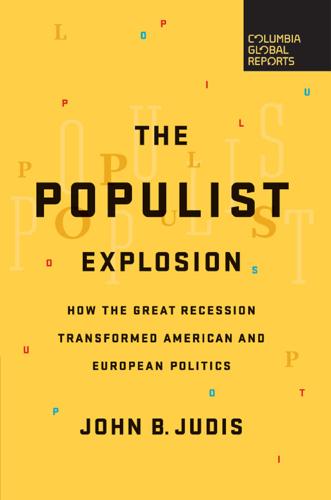
The Populist Explosion: How the Great Recession Transformed American and European Politics
by John B. Judis · 11 Sep 2016 · 177pp · 50,167 words
Neoliberalism and Its Enemies: Perot, Buchanan, the Tea Party, and Occupy Wall Street Chapter Three The Silent Majority and the Political Revolution: Donald Trump and Bernie Sanders Chapter Four The Rise of European Populism Chapter Five The Limits of Leftwing Populism: Syriza and Podemos Chapter Six Rightwing Populism on the March in
…
Why Is It Important? Populist parties and candidates are on the move in the United States and Europe. Donald Trump has won the Republican nomination; Bernie Sanders came in a very strong second to Hillary Clinton for the Democratic nomination. And these candidacies came on the heels of the Tea Party and
…
’s Party to George Wallace No one, not even Donald Trump, expected him to get the Republican presidential nomination in 2016. Similarly, no one, including Bernie Sanders, expected that up through the California primary in June, the Vermont senator would still be challenging Hillary Clinton for the Democratic nomination. Trump’s success
…
in 1932 and helped drive the Roosevelt administration to develop a new politics to sustain its majority. Together, these movements established the populist framework that Bernie Sanders, who described himself both as a democratic socialist and as a progressive, would adopt during his 2016 campaign. As liberal critics would point out during
…
autonomy and satisfaction in their work, would begin voting for the Democrats. They became critics of unregulated capitalism, and their descendants would provide much of Bernie Sanders’s support. The Democrats began building an odd coalition of the minority poor with upper-middle-class whites. There would no longer be a clear
…
decide to run for president in 2016. The Silent Majority and the Political Revolution: Donald Trump and Bernie Sanders In an interview with the Washington Post in July 2015, former Maryland Governor Martin O’Malley dismissed Bernie Sanders as a “protest candidate.” “I’m not running for protest candidate, I’m running for President
…
to the general election, he began reemphasizing these themes in his speeches. In a June 22 speech on “The Stakes of this Election,” Trump asked “Bernie Sanders’s voters to join our movement: so together we can fix the system for all Americans. Importantly, this includes fixing all of our many disastrous
…
Democrats argued that his proposals were impractical because they would never get through a Republican congress. A column in New York magazine was entitled, “What Bernie Sanders Doesn’t Understand About American Politics.” Sanders responded that to obtain any of these reforms, there would have to be a “political revolution” that pitted
…
/2016/03/how_donald_trump_happened_racism_against_barack_obama.html 18weakness as a frontrunner: See http://www.bloombergview.com/articles/2016-02-01/what-bernie-sanders-gets-about-millennials. 21the legend goes: McMath, p. 75. 22the gold standard: Robert C. McMath, Jr., American Populism: A Social History 1877-1898, Hill and
…
of Radical America,” New York Times, August 1, 2012. CHAPTER THREE 62“protest candidate”: https://www.washingtonpost.com/news/post-politics/wp/2015/07/03/bernie-sanders-seen-as-a-protest-candidate-says-democratic-rival-martin-omalley/. 62“Trump’s campaign is a sideshow”: http://www.huffing-tonpost.com/entry/a-note
…
-priebus/. On Sanders’s life story, see John B. Judis, “The Bern Supremacy,” National Journal, November 19, 2015; Harry Jaffe, Why Bernie Sanders Matters, Regan Arts, 2015; Tim Murphy, “How Bernie Sanders Learned to Be a Real Politician,” Mother Jones, May 26, 2015; and Simon van Zuylen-Wood, “I’m Right and Everybody Else
…
Messenger, December 23, 1971. 81“buy the United States Congress”: “The Rachel Maddow Show,” MSNBC, April 15, 2015. 81“What Bernie Sanders Doesn’t Understand About American Politics:” Jonathan Chait, “What Bernie Sanders Doesn’t Understand About American Politics,” New York, January 27, 2016. 81“facile calls for revolution:” “It Was Better to Bern

The Platinum Age of Television: From I Love Lucy to the Walking Dead, How TV Became Terrific
by David Bianculli · 15 Nov 2016 · 676pp · 203,386 words
planned to be on the TV screens in political back rooms and TV control rooms. Reflecting real-life events, that meant less Ted Cruz, more Bernie Sanders. As for the freedom offered by writing and presenting the political satire of BrainDead during the presidential campaign year of 2016, Michelle says, “You only
…
: Woody Allen’s Radio Days, 1987, New York Stories, 1989, and Whatever Works, 2009. TV: Clear History, 2013, HBO; Saturday Night Live (guest starring as Bernie Sanders), 2015–16, NBC. Larry David’s television debut was as a founding member of the repertory company of Fridays, a late-night variety sketch series
…
admitted. Here, too, there was one final twist ending. After that SNL special, later in 2015, Larry David returned to play the Democratic presidential hopeful Bernie Sanders—a live sketch comedy role bigger, better, and more warmly received than anything he’d done on Fridays or Saturday Night Live. It became a
…
with Lorne Michaels, and Lorne told him that he had gotten texts, during the debate, from some of his friends, saying I should be doing Bernie Sanders.” The facts that he and Sanders are about the same age, are Jewish, and grew up not that far from each other in Brooklyn of
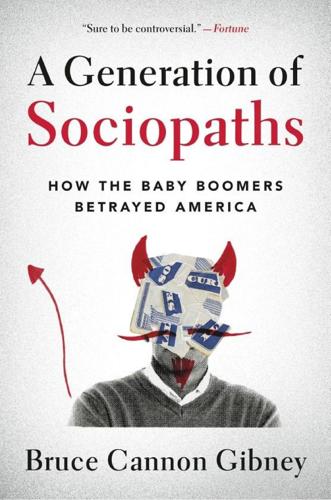
A Generation of Sociopaths: How the Baby Boomers Betrayed America
by Bruce Cannon Gibney · 7 Mar 2017 · 526pp · 160,601 words

Cultural Backlash: Trump, Brexit, and Authoritarian Populism
by Pippa Norris and Ronald Inglehart · 31 Dec 2018

The Age of Illusions: How America Squandered Its Cold War Victory
by Andrew J. Bacevich · 7 Jan 2020 · 254pp · 68,133 words

Socialism Sucks: Two Economists Drink Their Way Through the Unfree World
by Robert Lawson and Benjamin Powell · 29 Jul 2019 · 164pp · 44,947 words
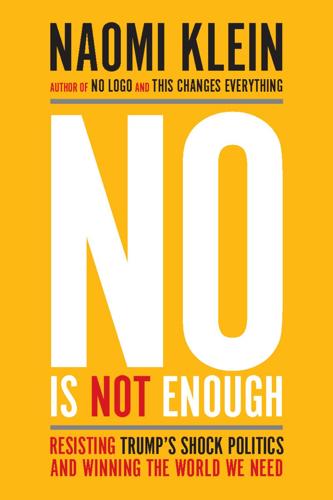
No Is Not Enough: Resisting Trump’s Shock Politics and Winning the World We Need
by Naomi Klein · 12 Jun 2017 · 357pp · 94,852 words
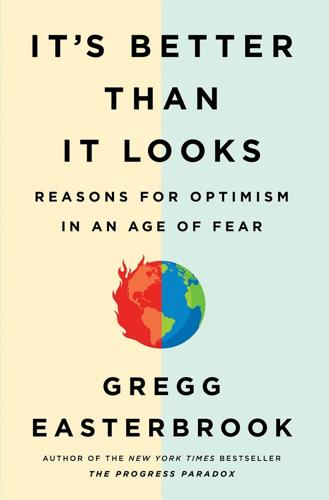
It's Better Than It Looks: Reasons for Optimism in an Age of Fear
by Gregg Easterbrook · 20 Feb 2018 · 424pp · 119,679 words
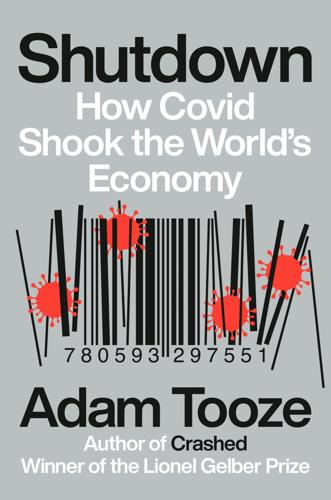
Shutdown: How COVID Shook the World's Economy
by Adam Tooze · 15 Nov 2021 · 561pp · 138,158 words
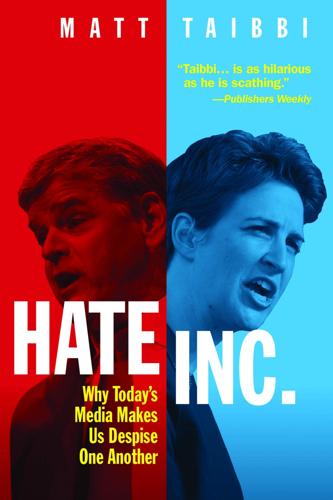
Hate Inc.: Why Today’s Media Makes Us Despise One Another
by Matt Taibbi · 7 Oct 2019 · 357pp · 99,456 words

Spite: The Upside of Your Dark Side
by Simon McCarthy-Jones · 12 Apr 2021
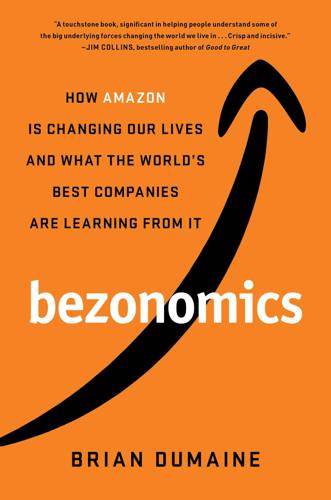
Bezonomics: How Amazon Is Changing Our Lives and What the World's Best Companies Are Learning From It
by Brian Dumaine · 11 May 2020 · 411pp · 98,128 words
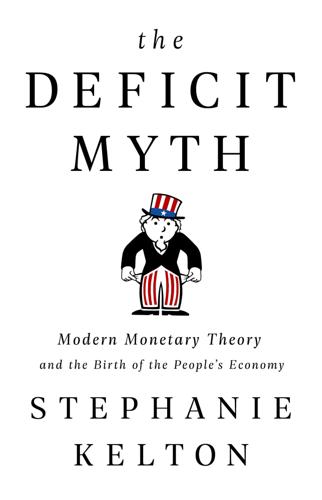
The Deficit Myth: Modern Monetary Theory and the Birth of the People's Economy
by Stephanie Kelton · 8 Jun 2020 · 338pp · 104,684 words

The Digital Party: Political Organisation and Online Democracy
by Paolo Gerbaudo · 19 Jul 2018 · 302pp · 84,881 words

Why We're Polarized
by Ezra Klein · 28 Jan 2020 · 412pp · 96,251 words
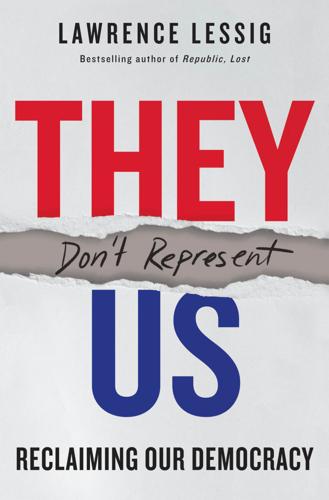
They Don't Represent Us: Reclaiming Our Democracy
by Lawrence Lessig · 5 Nov 2019 · 404pp · 115,108 words

The Dream of Europe: Travels in the Twenty-First Century
by Geert Mak · 27 Oct 2021 · 722pp · 223,701 words

Doppelganger: A Trip Into the Mirror World
by Naomi Klein · 11 Sep 2023

The Smartphone Society
by Nicole Aschoff

This Is How They Tell Me the World Ends: The Cyberweapons Arms Race
by Nicole Perlroth · 9 Feb 2021 · 651pp · 186,130 words
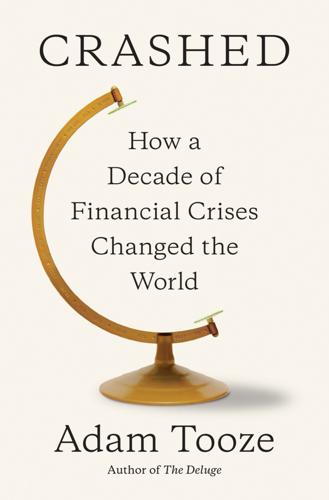
Crashed: How a Decade of Financial Crises Changed the World
by Adam Tooze · 31 Jul 2018 · 1,066pp · 273,703 words
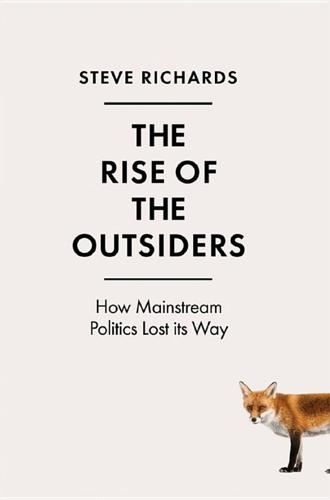
The Rise of the Outsiders: How Mainstream Politics Lost Its Way
by Steve Richards · 14 Jun 2017 · 323pp · 95,492 words

The Quiet Damage: QAnon and the Destruction of the American Family
by Jesselyn Cook · 22 Jul 2024 · 321pp · 95,778 words
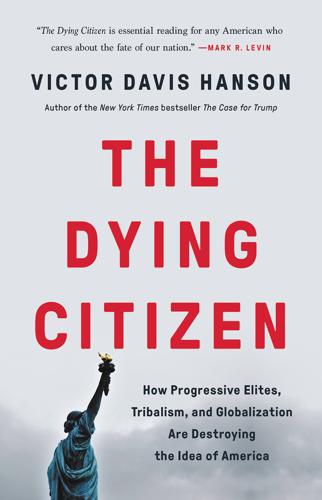
The Dying Citizen: How Progressive Elites, Tribalism, and Globalization Are Destroying the Idea of America
by Victor Davis Hanson · 15 Nov 2021 · 458pp · 132,912 words

Fancy Bear Goes Phishing: The Dark History of the Information Age, in Five Extraordinary Hacks
by Scott J. Shapiro · 523pp · 154,042 words
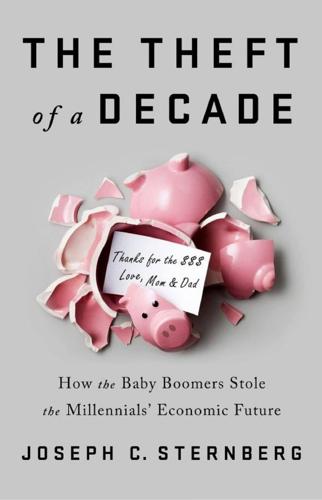
The Theft of a Decade: How the Baby Boomers Stole the Millennials' Economic Future
by Joseph C. Sternberg · 13 May 2019 · 336pp · 95,773 words
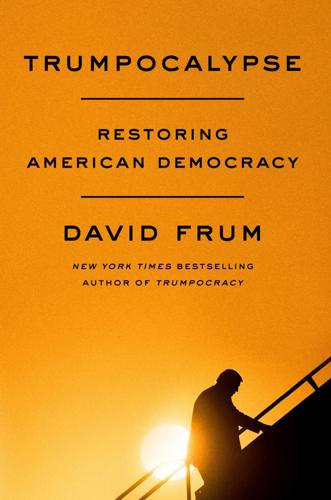
Trumpocalypse: Restoring American Democracy
by David Frum · 25 May 2020 · 319pp · 75,257 words
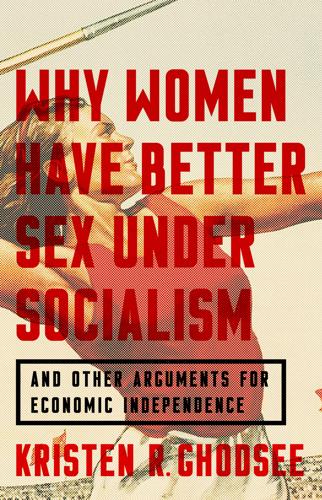
Why Women Have Better Sex Under Socialism: And Other Arguments for Economic Independence
by Kristen R. Ghodsee · 20 Nov 2018 · 211pp · 57,759 words
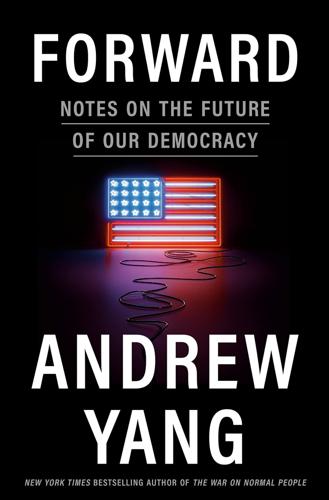
Forward: Notes on the Future of Our Democracy
by Andrew Yang · 15 Nov 2021
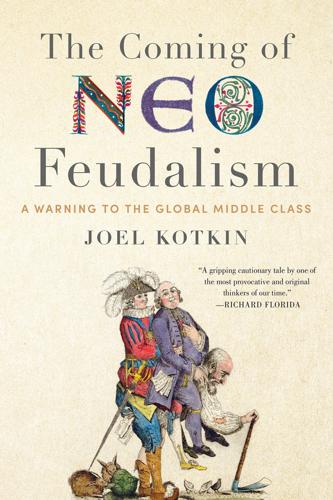
The Coming of Neo-Feudalism: A Warning to the Global Middle Class
by Joel Kotkin · 11 May 2020 · 393pp · 91,257 words
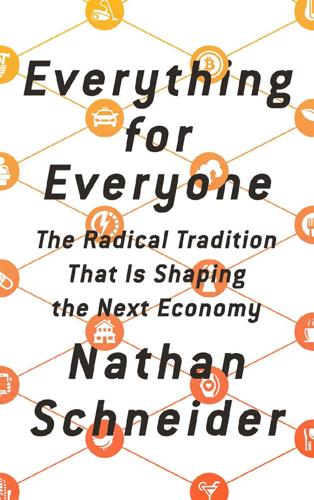
Everything for Everyone: The Radical Tradition That Is Shaping the Next Economy
by Nathan Schneider · 10 Sep 2018 · 326pp · 91,559 words

Strangers in Their Own Land: Anger and Mourning on the American Right
by Arlie Russell Hochschild · 5 Sep 2016 · 435pp · 120,574 words

Messing With the Enemy: Surviving in a Social Media World of Hackers, Terrorists, Russians, and Fake News
by Clint Watts · 28 May 2018 · 324pp · 96,491 words

Grave New World: The End of Globalization, the Return of History
by Stephen D. King · 22 May 2017 · 354pp · 92,470 words
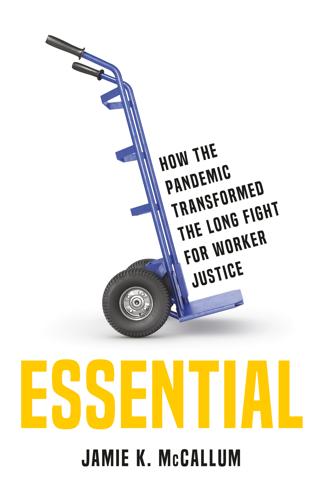
Essential: How the Pandemic Transformed the Long Fight for Worker Justice
by Jamie K. McCallum · 15 Nov 2022 · 349pp · 99,230 words
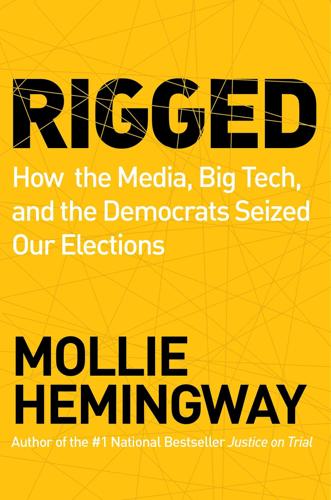
Rigged: How the Media, Big Tech, and the Democrats Seized Our Elections
by Mollie Hemingway · 11 Oct 2021 · 595pp · 143,394 words
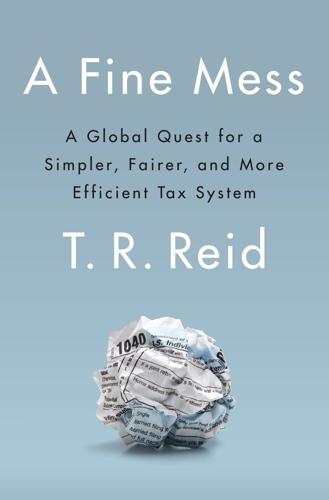
A Fine Mess
by T. R. Reid · 13 Mar 2017 · 363pp · 92,422 words

We Are All Fast-Food Workers Now: The Global Uprising Against Poverty Wages
by Annelise Orleck · 27 Feb 2018 · 382pp · 107,150 words
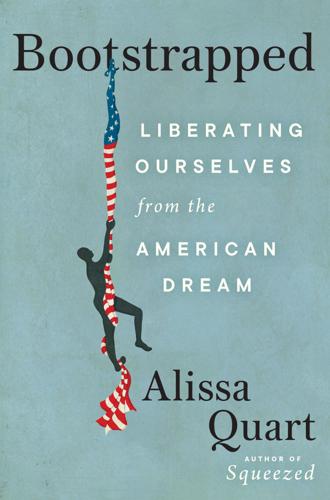
Bootstrapped: Liberating Ourselves From the American Dream
by Alissa Quart · 14 Mar 2023 · 304pp · 86,028 words

Traffic: Genius, Rivalry, and Delusion in the Billion-Dollar Race to Go Viral
by Ben Smith · 2 May 2023
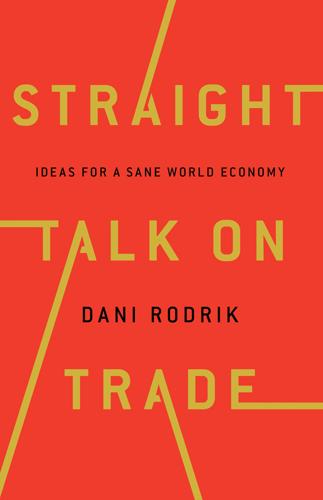
Straight Talk on Trade: Ideas for a Sane World Economy
by Dani Rodrik · 8 Oct 2017 · 322pp · 87,181 words
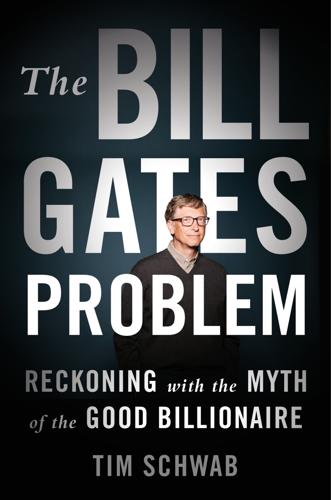
The Bill Gates Problem: Reckoning With the Myth of the Good Billionaire
by Tim Schwab · 13 Nov 2023 · 618pp · 179,407 words
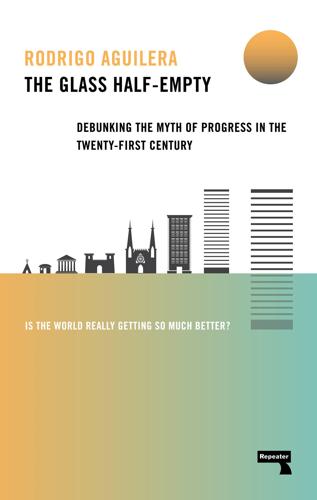
The Glass Half-Empty: Debunking the Myth of Progress in the Twenty-First Century
by Rodrigo Aguilera · 10 Mar 2020 · 356pp · 106,161 words
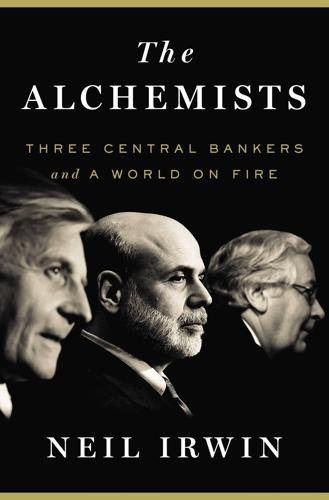
The Alchemists: Three Central Bankers and a World on Fire
by Neil Irwin · 4 Apr 2013 · 597pp · 172,130 words

Radicals Chasing Utopia: Inside the Rogue Movements Trying to Change the World
by Jamie Bartlett · 12 Jun 2017 · 390pp · 109,870 words
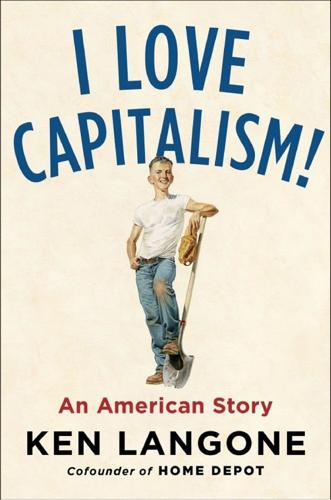
I Love Capitalism!: An American Story
by Ken Langone · 14 May 2018
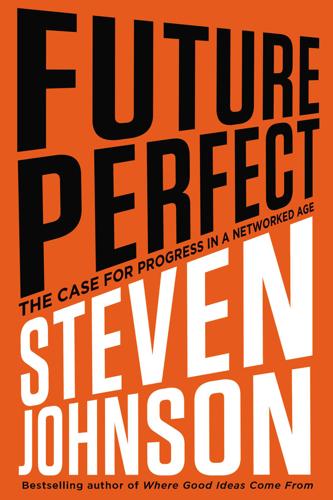
Future Perfect: The Case for Progress in a Networked Age
by Steven Johnson · 14 Jul 2012 · 184pp · 53,625 words
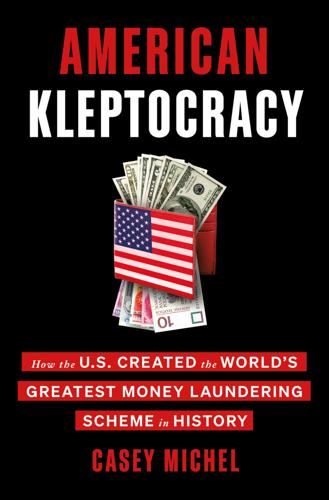
American Kleptocracy: How the U.S. Created the World's Greatest Money Laundering Scheme in History
by Casey Michel · 23 Nov 2021 · 466pp · 116,165 words
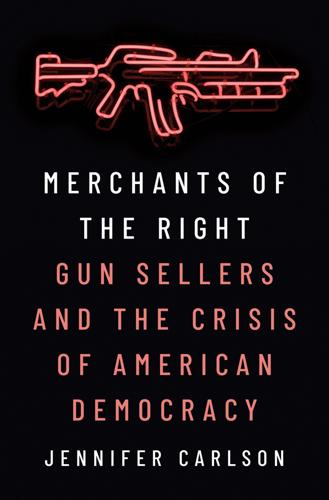
Merchants of the Right: Gun Sellers and the Crisis of American Democracy
by Jennifer Carlson · 2 May 2023 · 279pp · 100,877 words

Tomatoland: How Modern Industrial Agriculture Destroyed Our Most Alluring Fruit
by Barry Estabrook · 6 Jun 2011 · 268pp · 76,709 words

American Marxism
by Mark R. Levin · 12 Jul 2021 · 314pp · 88,524 words
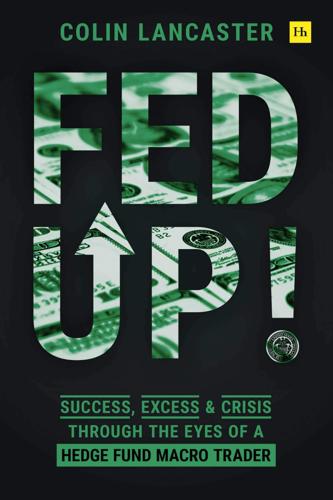
Fed Up!: Success, Excess and Crisis Through the Eyes of a Hedge Fund Macro Trader
by Colin Lancaster · 3 May 2021 · 245pp · 75,397 words
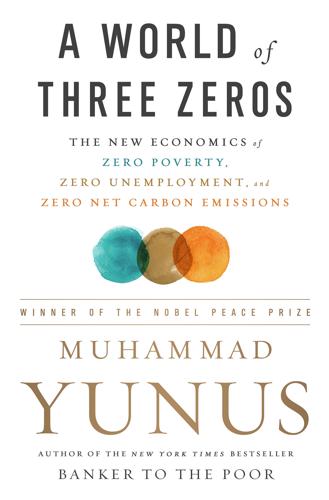
A World of Three Zeros: The New Economics of Zero Poverty, Zero Unemployment, and Zero Carbon Emissions
by Muhammad Yunus · 25 Sep 2017 · 278pp · 74,880 words
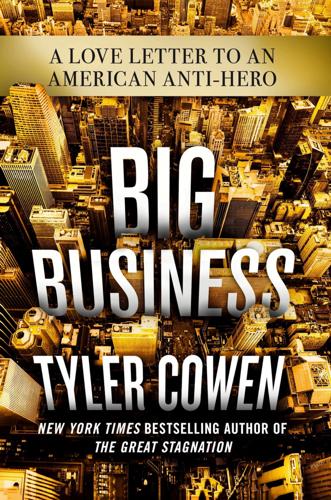
Big Business: A Love Letter to an American Anti-Hero
by Tyler Cowen · 8 Apr 2019 · 297pp · 84,009 words
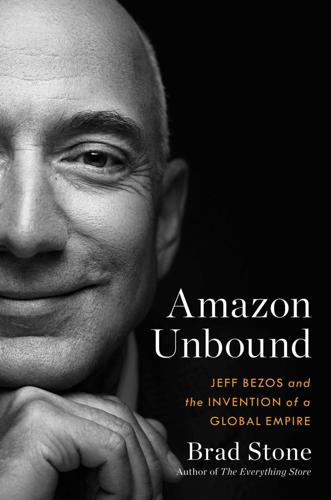
Amazon Unbound: Jeff Bezos and the Invention of a Global Empire
by Brad Stone · 10 May 2021 · 569pp · 156,139 words
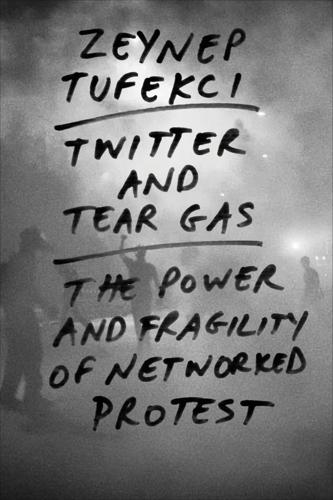
Twitter and Tear Gas: The Power and Fragility of Networked Protest
by Zeynep Tufekci · 14 May 2017 · 444pp · 130,646 words

The New Class War: Saving Democracy From the Metropolitan Elite
by Michael Lind · 20 Feb 2020
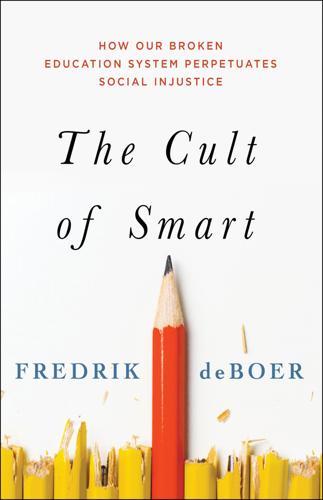
The Cult of Smart: How Our Broken Education System Perpetuates Social Injustice
by Fredrik Deboer · 3 Aug 2020 · 236pp · 77,546 words
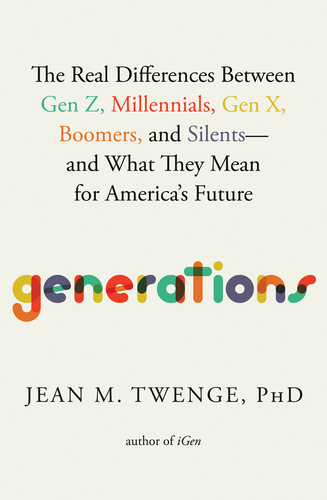
Generations: The Real Differences Between Gen Z, Millennials, Gen X, Boomers, and Silents—and What They Mean for America's Future
by Jean M. Twenge · 25 Apr 2023 · 541pp · 173,676 words

Never Let a Serious Crisis Go to Waste: How Neoliberalism Survived the Financial Meltdown
by Philip Mirowski · 24 Jun 2013 · 662pp · 180,546 words
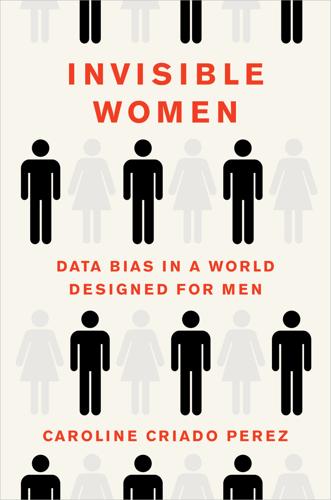
Invisible Women
by Caroline Criado Perez · 12 Mar 2019 · 480pp · 119,407 words
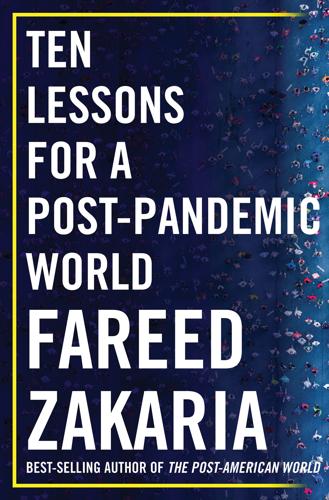
Ten Lessons for a Post-Pandemic World
by Fareed Zakaria · 5 Oct 2020 · 289pp · 86,165 words

Active Measures: The Secret History of Disinformation and Political Warfare
by Thomas Rid
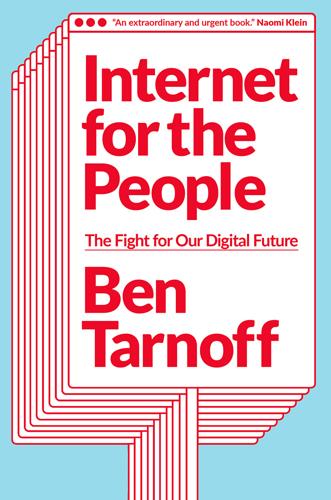
Internet for the People: The Fight for Our Digital Future
by Ben Tarnoff · 13 Jun 2022 · 234pp · 67,589 words

This Land: The Struggle for the Left
by Owen Jones · 23 Sep 2020 · 387pp · 123,237 words

Zucked: Waking Up to the Facebook Catastrophe
by Roger McNamee · 1 Jan 2019 · 382pp · 105,819 words
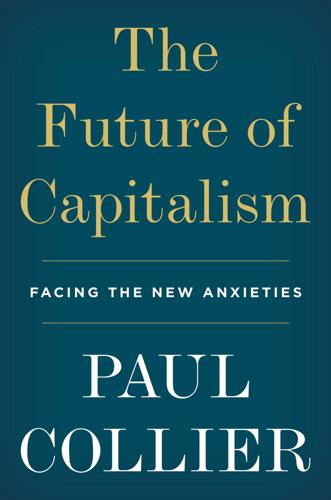
The Future of Capitalism: Facing the New Anxieties
by Paul Collier · 4 Dec 2018 · 310pp · 85,995 words
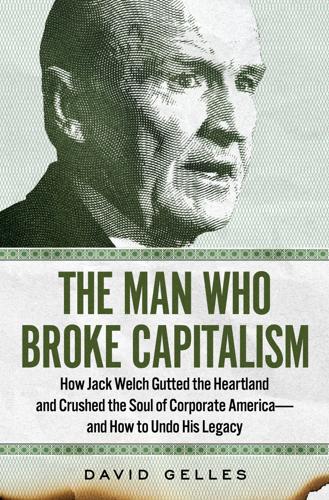
The Man Who Broke Capitalism: How Jack Welch Gutted the Heartland and Crushed the Soul of Corporate America—and How to Undo His Legacy
by David Gelles · 30 May 2022 · 318pp · 91,957 words
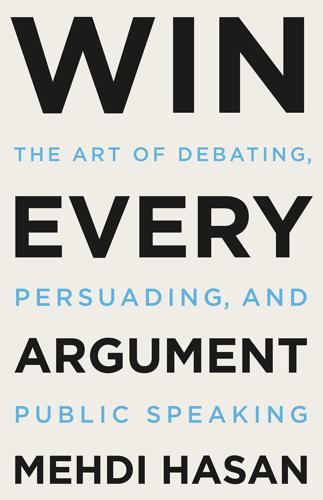
Win Every Argument: The Art of Debating, Persuading, and Public Speaking
by Mehdi Hasan · 27 Feb 2023 · 307pp · 93,073 words
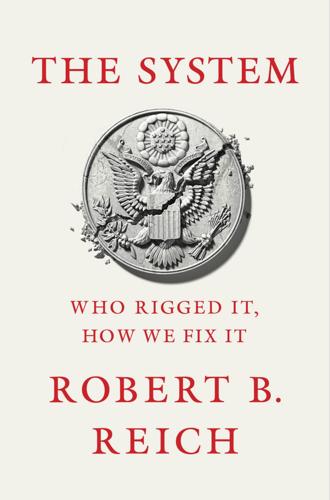
The System: Who Rigged It, How We Fix It
by Robert B. Reich · 24 Mar 2020 · 154pp · 47,880 words

An Ugly Truth: Inside Facebook's Battle for Domination
by Sheera Frenkel and Cecilia Kang · 12 Jul 2021 · 372pp · 100,947 words
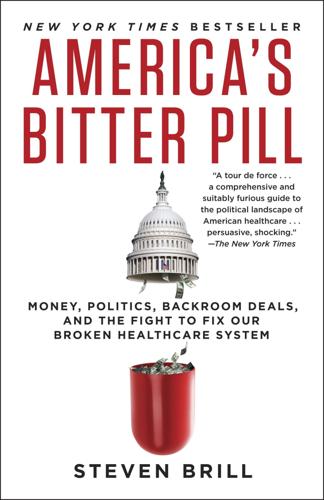
America's Bitter Pill: Money, Politics, Backroom Deals, and the Fight to Fix Our Broken Healthcare System
by Steven Brill · 5 Jan 2015 · 554pp · 167,247 words
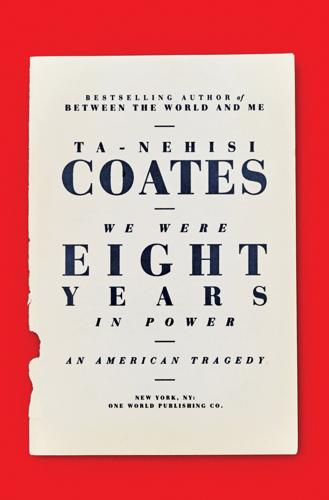
We Were Eight Years in Power: An American Tragedy
by Ta-Nehisi Coates · 2 Oct 2017 · 349pp · 114,914 words
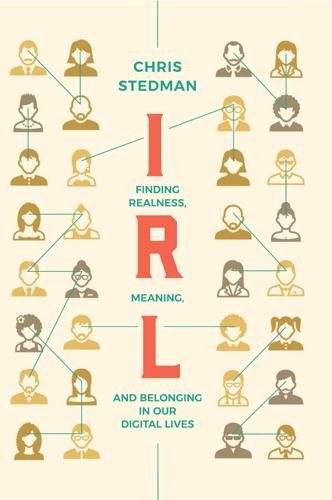
IRL: Finding Realness, Meaning, and Belonging in Our Digital Lives
by Chris Stedman · 19 Oct 2020 · 307pp · 101,998 words
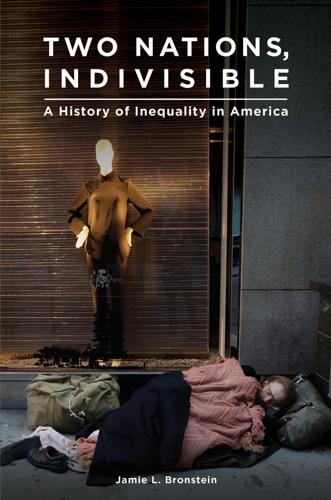
Two Nations, Indivisible: A History of Inequality in America: A History of Inequality in America
by Jamie Bronstein · 29 Oct 2016 · 332pp · 89,668 words
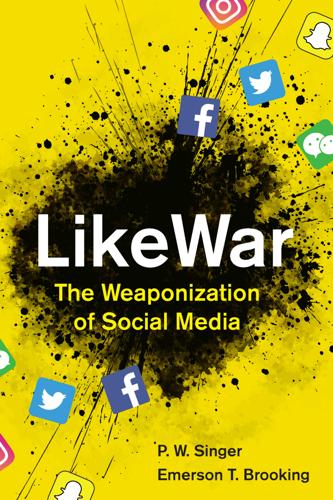
Likewar: The Weaponization of Social Media
by Peter Warren Singer and Emerson T. Brooking · 15 Mar 2018
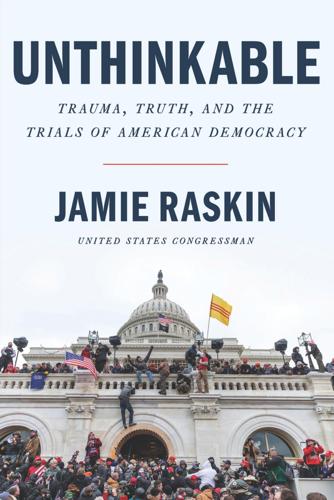
Unthinkable: Trauma, Truth, and the Trials of American Democracy
by Jamie Raskin · 4 Jan 2022 · 450pp · 144,939 words
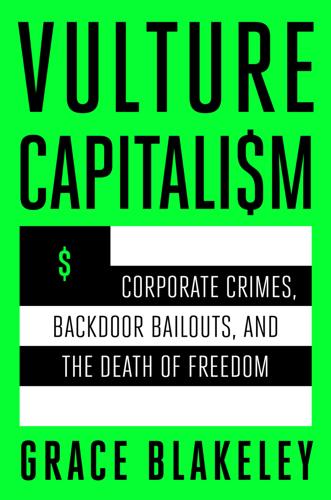
Vulture Capitalism: Corporate Crimes, Backdoor Bailouts, and the Death of Freedom
by Grace Blakeley · 11 Mar 2024 · 371pp · 137,268 words

Paper Girl: A Memoir of Home and Family in a Fractured America
by Beth Macy · 6 Oct 2025 · 373pp · 97,653 words
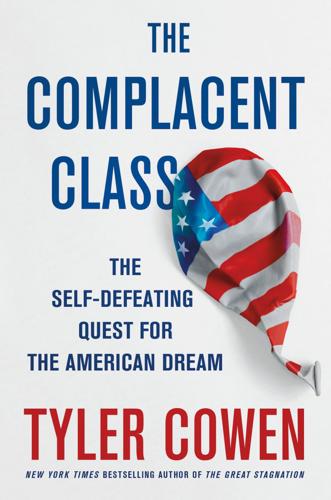
The Complacent Class: The Self-Defeating Quest for the American Dream
by Tyler Cowen · 27 Feb 2017 · 287pp · 82,576 words

Apocalypse Never: Why Environmental Alarmism Hurts Us All
by Michael Shellenberger · 28 Jun 2020
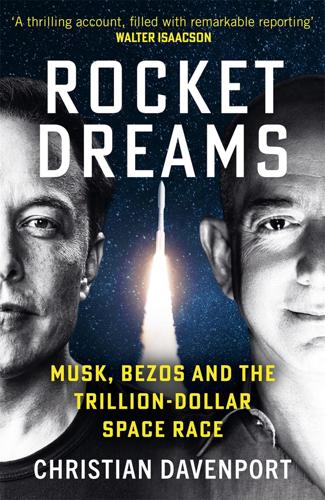
Rocket Dreams: Musk, Bezos and the Trillion-Dollar Space Race
by Christian Davenport · 6 Sep 2025 · 441pp · 127,950 words
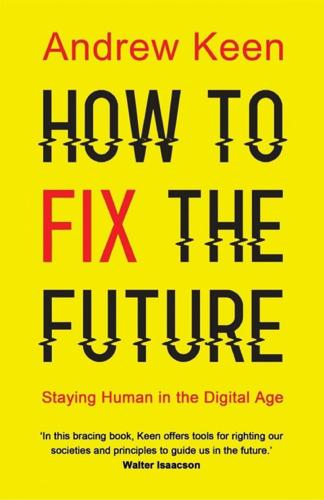
How to Fix the Future: Staying Human in the Digital Age
by Andrew Keen · 1 Mar 2018 · 308pp · 85,880 words
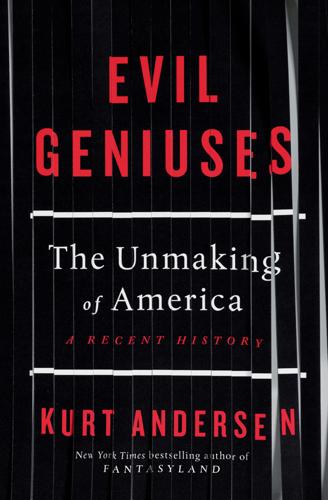
Evil Geniuses: The Unmaking of America: A Recent History
by Kurt Andersen · 14 Sep 2020 · 486pp · 150,849 words
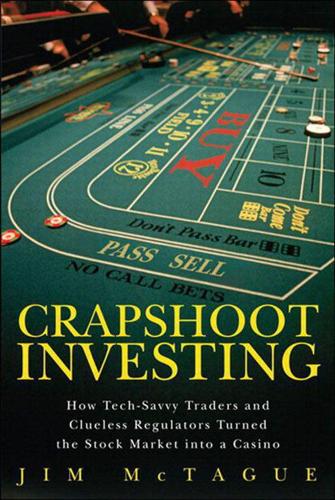
Crapshoot Investing: How Tech-Savvy Traders and Clueless Regulators Turned the Stock Market Into a Casino
by Jim McTague · 1 Mar 2011 · 280pp · 73,420 words

The Identity Trap: A Story of Ideas and Power in Our Time
by Yascha Mounk · 26 Sep 2023
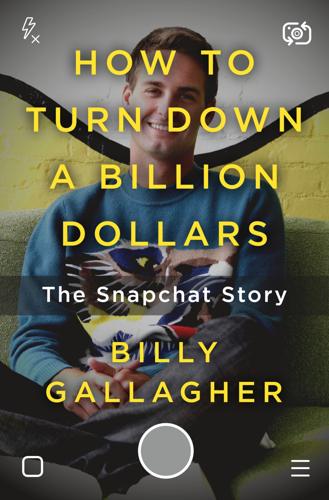
How to Turn Down a Billion Dollars: The Snapchat Story
by Billy Gallagher · 13 Feb 2018 · 359pp · 96,019 words
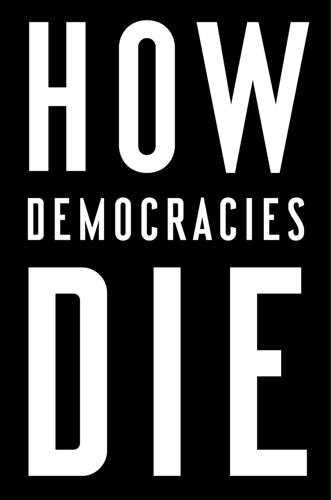
How Democracies Die
by Steven Levitsky and Daniel Ziblatt · 16 Jan 2018 · 340pp · 81,110 words
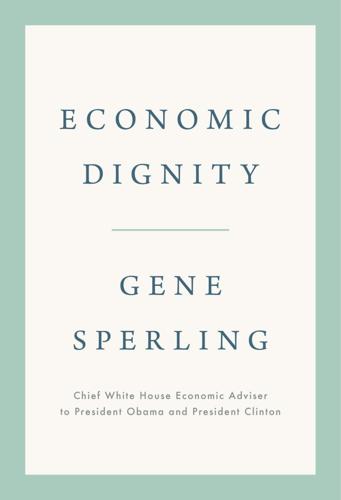
Economic Dignity
by Gene Sperling · 14 Sep 2020 · 667pp · 149,811 words
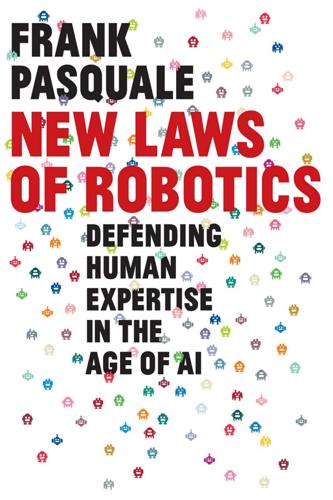
New Laws of Robotics: Defending Human Expertise in the Age of AI
by Frank Pasquale · 14 May 2020 · 1,172pp · 114,305 words

Capitalism and Its Critics: A History: From the Industrial Revolution to AI
by John Cassidy · 12 May 2025 · 774pp · 238,244 words
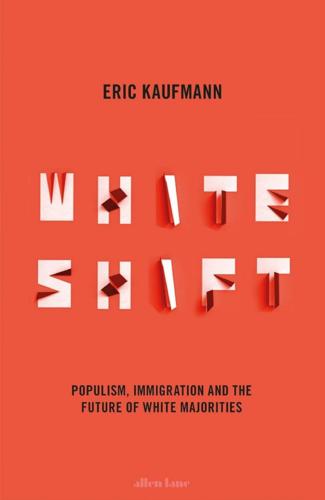
Whiteshift: Populism, Immigration and the Future of White Majorities
by Eric Kaufmann · 24 Oct 2018 · 691pp · 203,236 words

Spies, Lies, and Algorithms: The History and Future of American Intelligence
by Amy B. Zegart · 6 Nov 2021
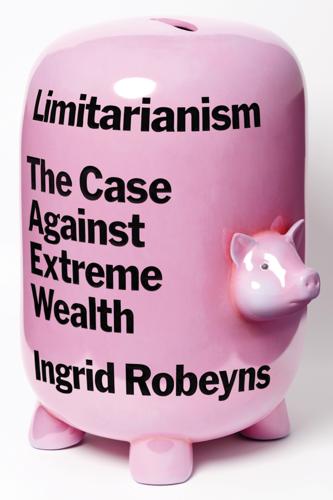
Limitarianism: The Case Against Extreme Wealth
by Ingrid Robeyns · 16 Jan 2024 · 327pp · 110,234 words
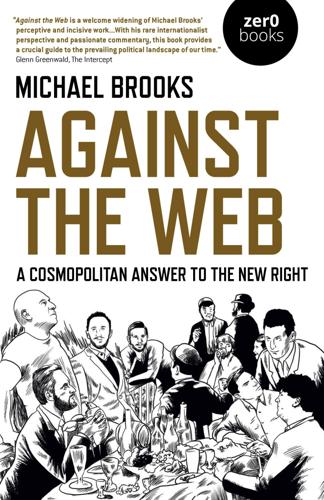
Against the Web: A Cosmopolitan Answer to the New Right
by Michael Brooks · 23 Apr 2020 · 88pp · 26,706 words
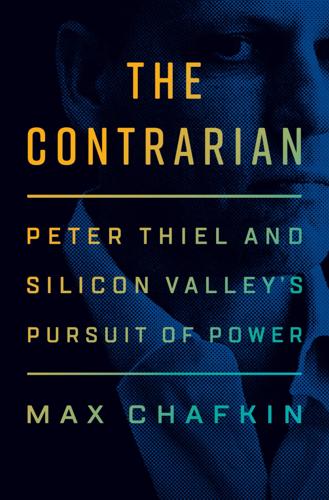
The Contrarian: Peter Thiel and Silicon Valley's Pursuit of Power
by Max Chafkin · 14 Sep 2021 · 524pp · 130,909 words
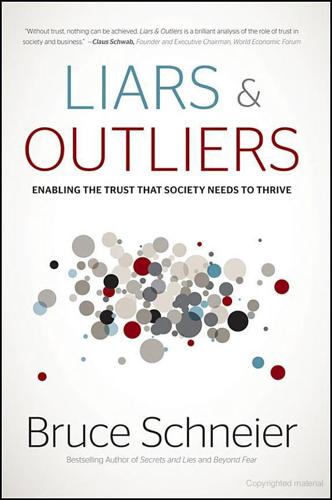
Liars and Outliers: How Security Holds Society Together
by Bruce Schneier · 14 Feb 2012 · 503pp · 131,064 words
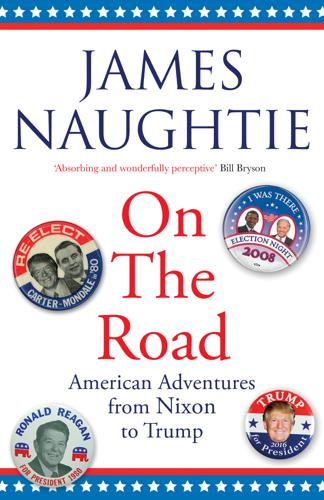
On the Road: Adventures From Nixon to Trump
by James Naughtie · 1 Apr 2020
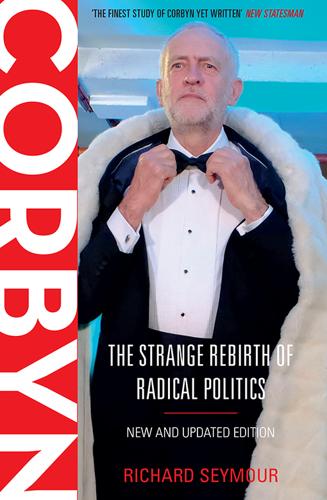
Corbyn
by Richard Seymour

We're Not Broken: Changing the Autism Conversation
by Eric Garcia · 2 Aug 2021 · 398pp · 96,909 words
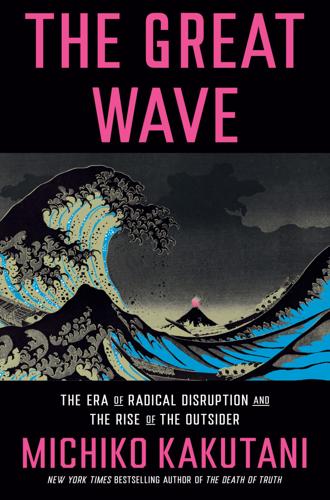
The Great Wave: The Era of Radical Disruption and the Rise of the Outsider
by Michiko Kakutani · 20 Feb 2024 · 262pp · 69,328 words

Homeland: The War on Terror in American Life
by Richard Beck · 2 Sep 2024 · 715pp · 212,449 words
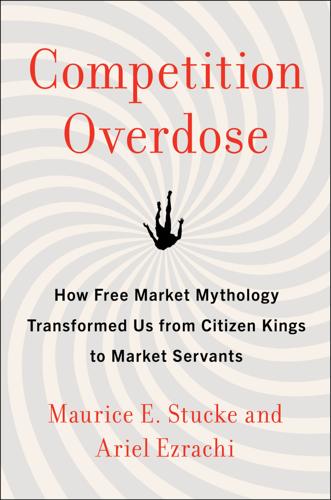
Competition Overdose: How Free Market Mythology Transformed Us From Citizen Kings to Market Servants
by Maurice E. Stucke and Ariel Ezrachi · 14 May 2020 · 511pp · 132,682 words
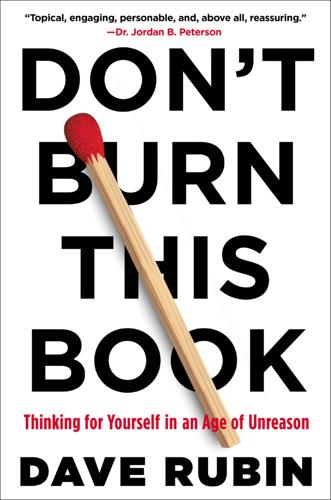
Don't Burn This Book: Thinking for Yourself in an Age of Unreason
by Dave Rubin · 27 Apr 2020 · 239pp · 62,005 words
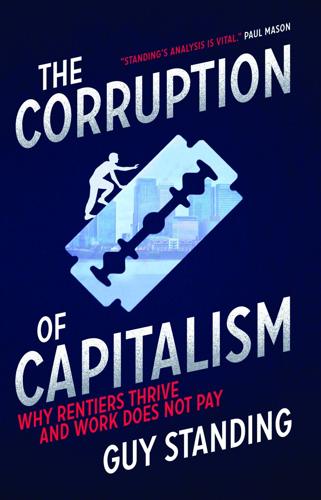
The Corruption of Capitalism: Why Rentiers Thrive and Work Does Not Pay
by Guy Standing · 13 Jul 2016 · 443pp · 98,113 words
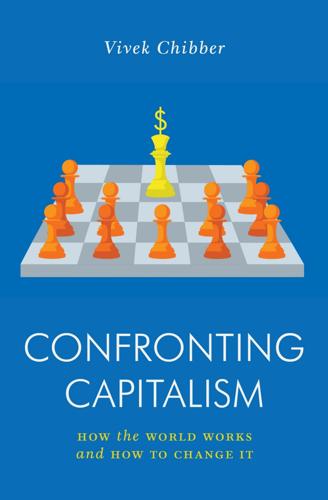
Confronting Capitalism: How the World Works and How to Change It
by Vivek Chibber · 30 Aug 2022 · 128pp · 41,187 words
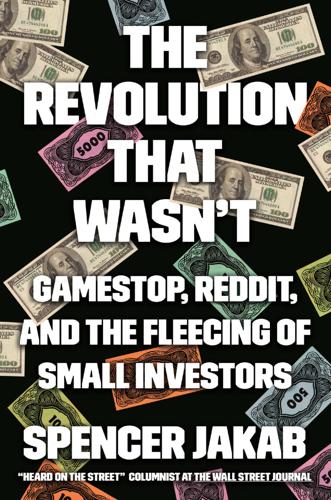
The Revolution That Wasn't: GameStop, Reddit, and the Fleecing of Small Investors
by Spencer Jakab · 1 Feb 2022 · 420pp · 94,064 words

Sunbelt Blues: The Failure of American Housing
by Andrew Ross · 25 Oct 2021 · 301pp · 90,276 words

Sandworm: A New Era of Cyberwar and the Hunt for the Kremlin's Most Dangerous Hackers
by Andy Greenberg · 5 Nov 2019 · 363pp · 105,039 words
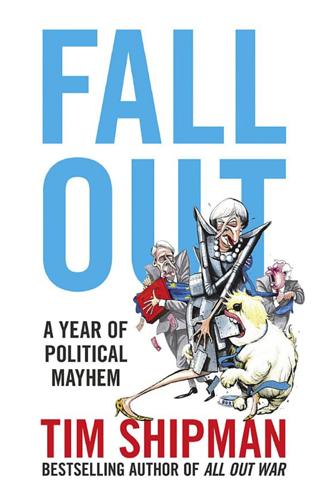
Fall Out: A Year of Political Mayhem
by Tim Shipman · 30 Nov 2017 · 721pp · 238,678 words

Devil's Bargain: Steve Bannon, Donald Trump, and the Storming of the Presidency
by Joshua Green · 17 Jul 2017 · 296pp · 78,112 words
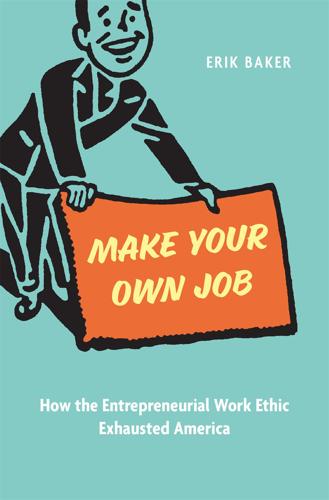
Make Your Own Job: How the Entrepreneurial Work Ethic Exhausted America
by Erik Baker · 13 Jan 2025 · 362pp · 132,186 words

Golden Gates: Fighting for Housing in America
by Conor Dougherty · 18 Feb 2020 · 331pp · 95,582 words
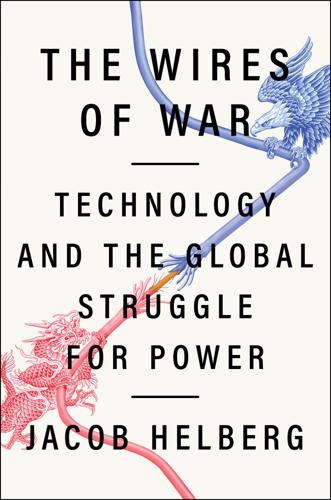
The Wires of War: Technology and the Global Struggle for Power
by Jacob Helberg · 11 Oct 2021 · 521pp · 118,183 words
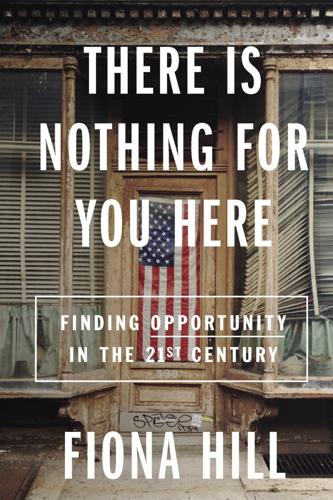
There Is Nothing for You Here: Finding Opportunity in the Twenty-First Century
by Fiona Hill · 4 Oct 2021 · 569pp · 165,510 words
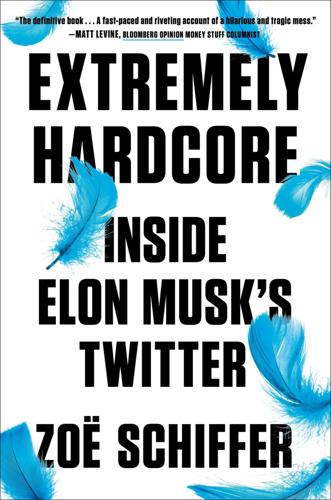
Extremely Hardcore: Inside Elon Musk's Twitter
by Zoë Schiffer · 13 Feb 2024 · 343pp · 92,693 words
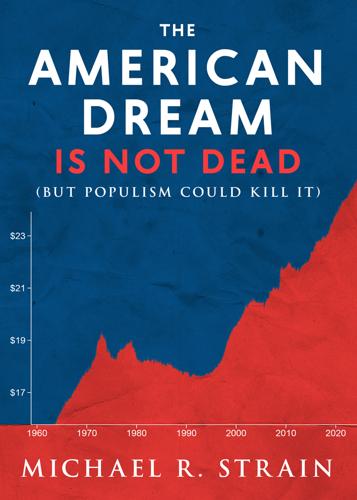
The American Dream Is Not Dead: (But Populism Could Kill It)
by Michael R. Strain · 25 Feb 2020 · 98pp · 27,609 words
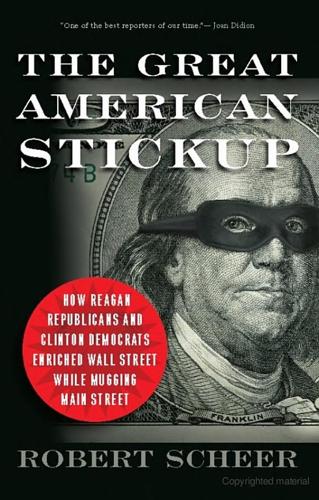
The Great American Stickup: How Reagan Republicans and Clinton Democrats Enriched Wall Street While Mugging Main Street
by Robert Scheer · 14 Apr 2010 · 257pp · 64,763 words
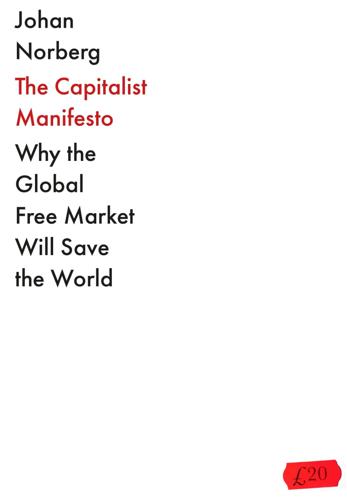
The Capitalist Manifesto
by Johan Norberg · 14 Jun 2023 · 295pp · 87,204 words

Fire and Fury: Inside the Trump White House
by Michael Wolff · 5 Jan 2018 · 394pp · 112,770 words
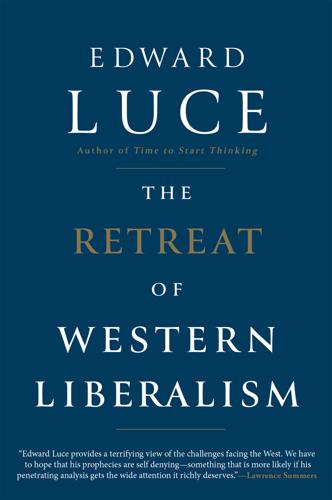
The Retreat of Western Liberalism
by Edward Luce · 20 Apr 2017 · 223pp · 58,732 words

How the World Works
by Noam Chomsky, Arthur Naiman and David Barsamian · 13 Sep 2011 · 489pp · 111,305 words
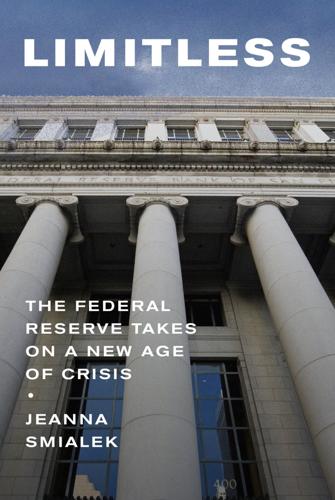
Limitless: The Federal Reserve Takes on a New Age of Crisis
by Jeanna Smialek · 27 Feb 2023 · 601pp · 135,202 words
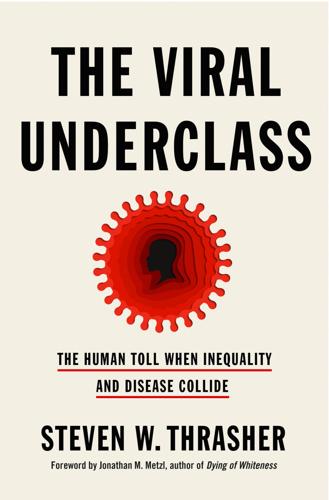
The Viral Underclass: The Human Toll When Inequality and Disease Collide
by Steven W. Thrasher · 1 Aug 2022 · 361pp · 110,233 words
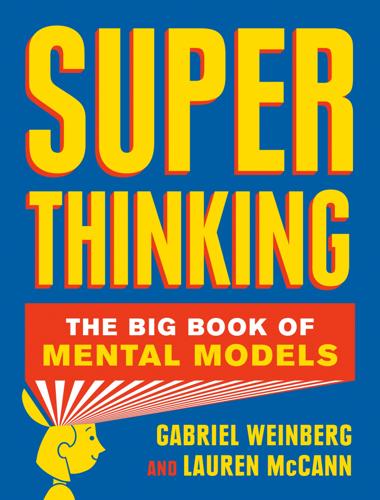
Super Thinking: The Big Book of Mental Models
by Gabriel Weinberg and Lauren McCann · 17 Jun 2019
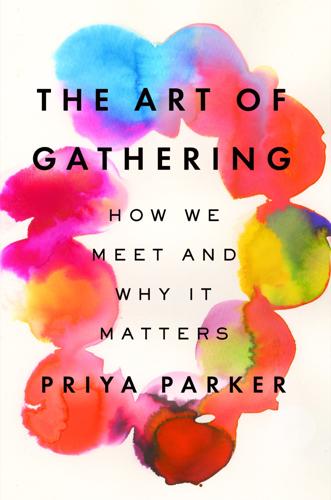
The Art of Gathering: How We Meet and Why It Matters
by Priya Parker · 14 May 2018 · 301pp · 90,362 words

Don't Be Evil: How Big Tech Betrayed Its Founding Principles--And All of US
by Rana Foroohar · 5 Nov 2019 · 380pp · 109,724 words

The Controlled Demolition of the American Empire
by Jeff Berwick and Charlie Robinson · 14 Apr 2020 · 491pp · 141,690 words
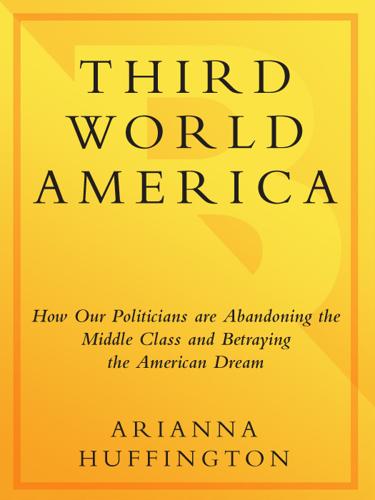
Third World America: How Our Politicians Are Abandoning the Middle Class and Betraying the American Dream
by Arianna Huffington · 7 Sep 2010 · 300pp · 78,475 words
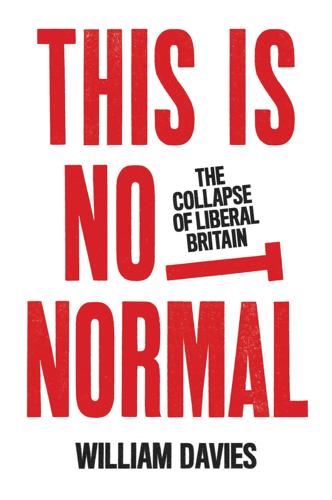
This Is Not Normal: The Collapse of Liberal Britain
by William Davies · 28 Sep 2020 · 210pp · 65,833 words
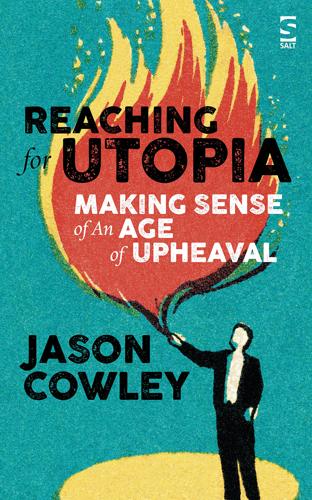
Reaching for Utopia: Making Sense of an Age of Upheaval
by Jason Cowley · 15 Nov 2018 · 283pp · 87,166 words
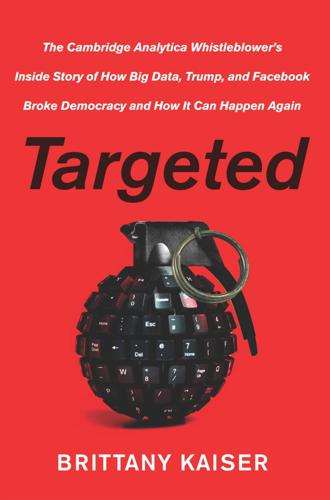
Targeted: The Cambridge Analytica Whistleblower's Inside Story of How Big Data, Trump, and Facebook Broke Democracy and How It Can Happen Again
by Brittany Kaiser · 21 Oct 2019 · 391pp · 123,597 words
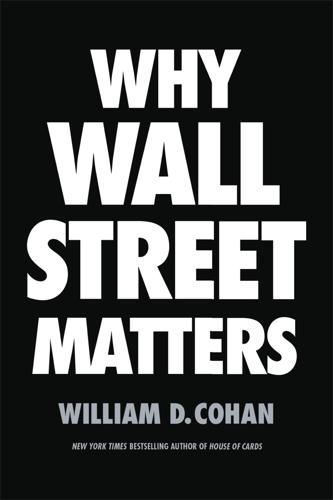
Why Wall Street Matters
by William D. Cohan · 27 Feb 2017 · 113pp · 37,885 words
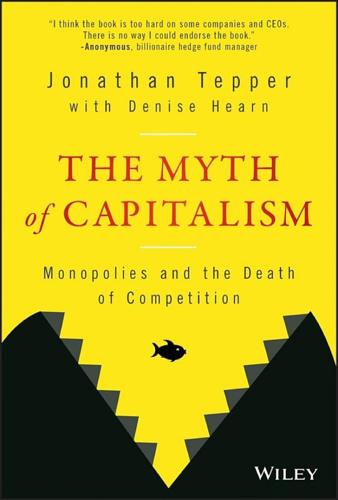
The Myth of Capitalism: Monopolies and the Death of Competition
by Jonathan Tepper · 20 Nov 2018 · 417pp · 97,577 words
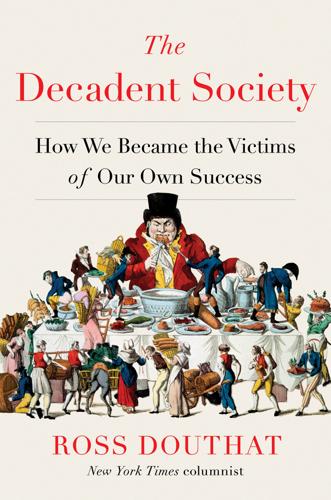
The Decadent Society: How We Became the Victims of Our Own Success
by Ross Douthat · 25 Feb 2020 · 324pp · 80,217 words
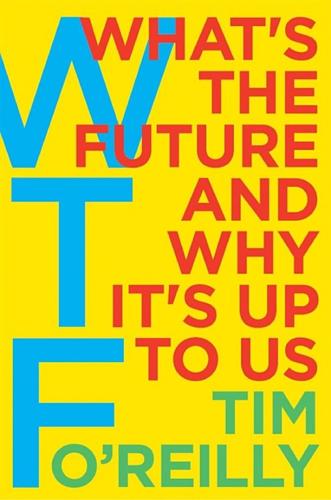
WTF?: What's the Future and Why It's Up to Us
by Tim O'Reilly · 9 Oct 2017 · 561pp · 157,589 words
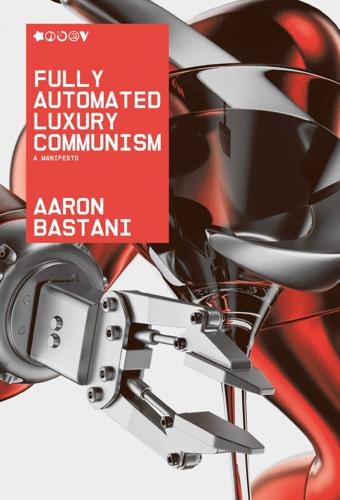
Fully Automated Luxury Communism
by Aaron Bastani · 10 Jun 2019 · 280pp · 74,559 words

Other Pandemic: How QAnon Contaminated the World
by James Ball · 19 Jul 2023 · 317pp · 87,048 words
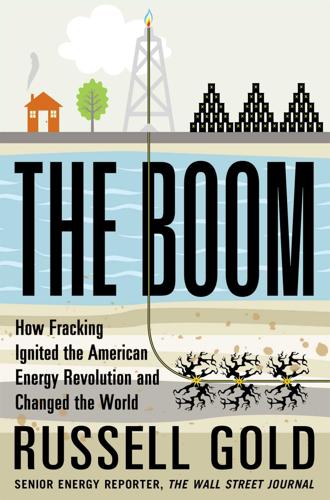
The Boom: How Fracking Ignited the American Energy Revolution and Changed the World
by Russell Gold · 7 Apr 2014 · 423pp · 118,002 words

Everything's Trash, but It's Okay
by Phoebe Robinson · 15 Oct 2018 · 257pp · 90,857 words
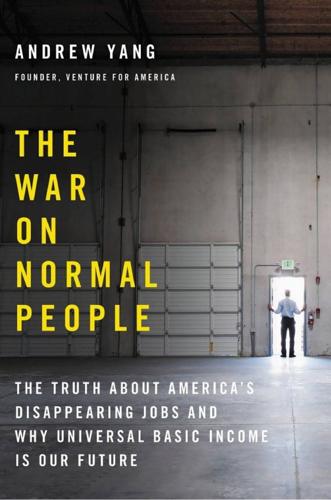
The War on Normal People: The Truth About America's Disappearing Jobs and Why Universal Basic Income Is Our Future
by Andrew Yang · 2 Apr 2018 · 300pp · 76,638 words

Utopia Is Creepy: And Other Provocations
by Nicholas Carr · 5 Sep 2016 · 391pp · 105,382 words
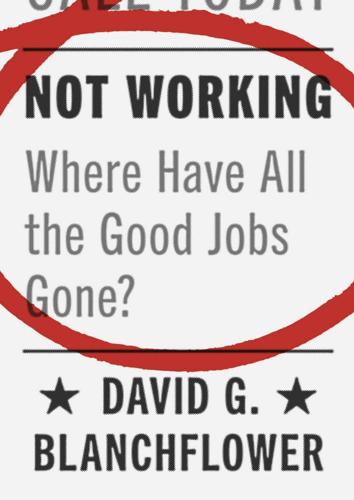
Not Working: Where Have All the Good Jobs Gone?
by David G. Blanchflower · 12 Apr 2021 · 566pp · 160,453 words
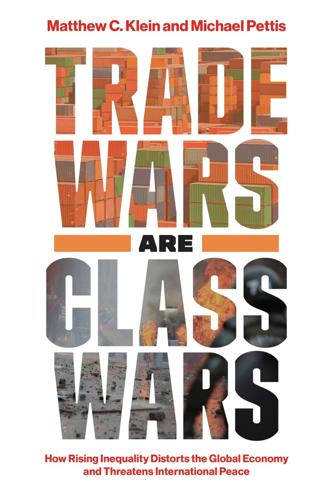
Trade Wars Are Class Wars: How Rising Inequality Distorts the Global Economy and Threatens International Peace
by Matthew C. Klein · 18 May 2020 · 339pp · 95,270 words

The Hacker and the State: Cyber Attacks and the New Normal of Geopolitics
by Ben Buchanan · 25 Feb 2020 · 443pp · 116,832 words
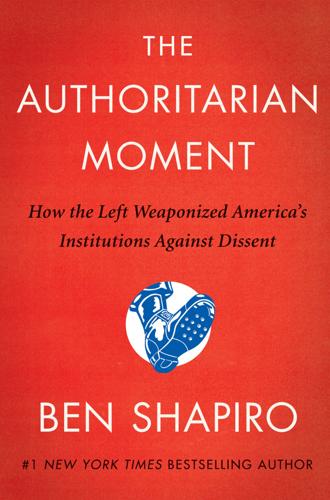
The Authoritarian Moment: How the Left Weaponized America's Institutions Against Dissent
by Ben Shapiro · 26 Jul 2021 · 309pp · 81,243 words

Exponential: How Accelerating Technology Is Leaving Us Behind and What to Do About It
by Azeem Azhar · 6 Sep 2021 · 447pp · 111,991 words

Rikers: An Oral History
by Graham Rayman and Reuven Blau · 17 Jan 2023 · 492pp · 152,167 words
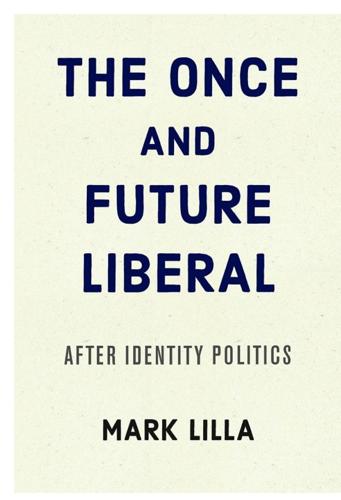
The Once and Future Liberal: After Identity Politics
by Mark Lilla · 14 Aug 2017 · 91pp · 24,469 words

Kill All Normies: Online Culture Wars From 4Chan and Tumblr to Trump and the Alt-Right
by Angela Nagle · 6 Jun 2017 · 122pp · 38,022 words

Tightrope: Americans Reaching for Hope
by Nicholas D. Kristof and Sheryl Wudunn · 14 Jan 2020 · 307pp · 96,543 words
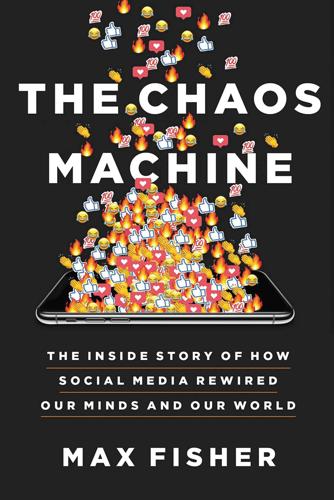
The Chaos Machine: The Inside Story of How Social Media Rewired Our Minds and Our World
by Max Fisher · 5 Sep 2022 · 439pp · 131,081 words

Stories Are Weapons: Psychological Warfare and the American Mind
by Annalee Newitz · 3 Jun 2024 · 251pp · 68,713 words
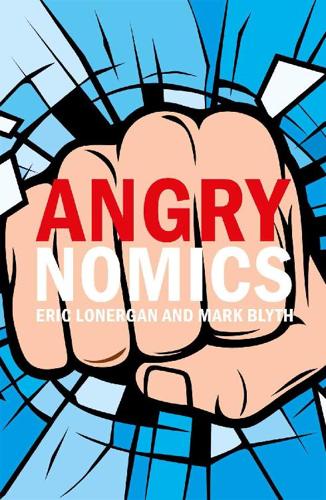
Angrynomics
by Eric Lonergan and Mark Blyth · 15 Jun 2020 · 194pp · 56,074 words
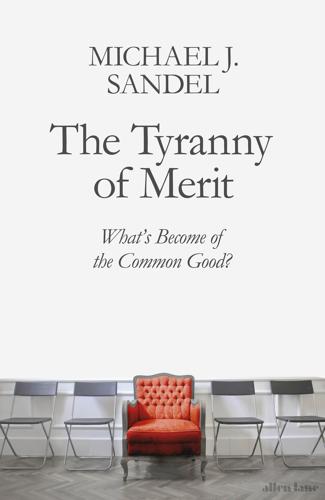
The Tyranny of Merit: What’s Become of the Common Good?
by Michael J. Sandel · 9 Sep 2020 · 493pp · 98,982 words
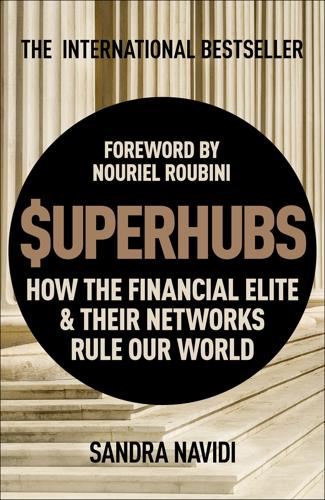
SUPERHUBS: How the Financial Elite and Their Networks Rule Our World
by Sandra Navidi · 24 Jan 2017 · 831pp · 98,409 words
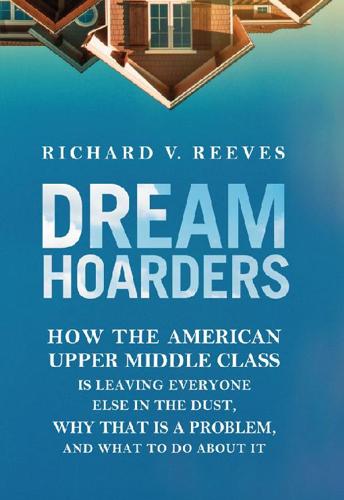
Dream Hoarders: How the American Upper Middle Class Is Leaving Everyone Else in the Dust, Why That Is a Problem, and What to Do About It
by Richard V. Reeves · 22 May 2017 · 198pp · 52,089 words
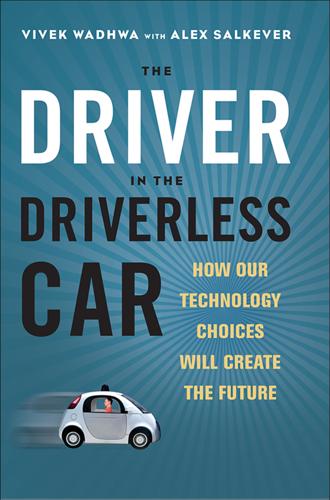
The Driver in the Driverless Car: How Our Technology Choices Will Create the Future
by Vivek Wadhwa and Alex Salkever · 2 Apr 2017 · 181pp · 52,147 words
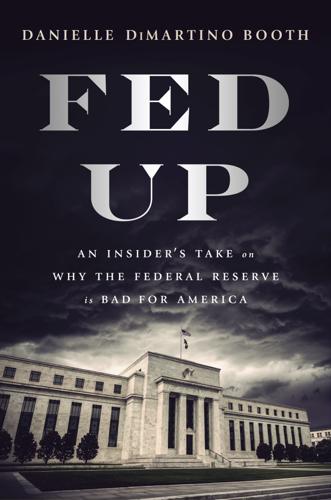
Fed Up: An Insider's Take on Why the Federal Reserve Is Bad for America
by Danielle Dimartino Booth · 14 Feb 2017 · 479pp · 113,510 words
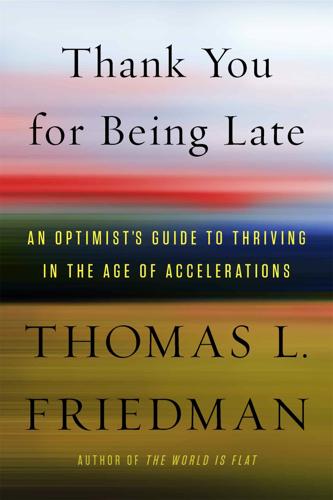
Thank You for Being Late: An Optimist's Guide to Thriving in the Age of Accelerations
by Thomas L. Friedman · 22 Nov 2016 · 602pp · 177,874 words

Squeezed: Why Our Families Can't Afford America
by Alissa Quart · 25 Jun 2018 · 320pp · 90,526 words
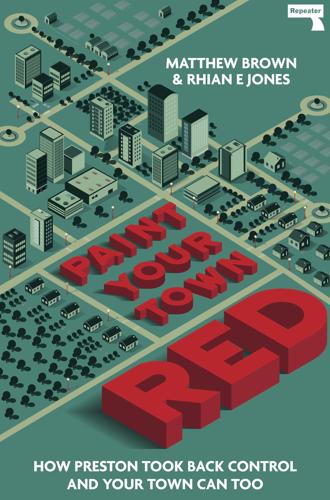
Paint Your Town Red
by Matthew Brown · 14 Jun 2021
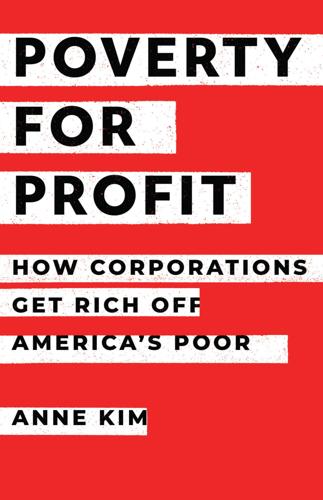
Poverty for Profit
by Anne Kim · 384pp · 112,825 words

Fulfillment: Winning and Losing in One-Click America
by Alec MacGillis · 16 Mar 2021 · 426pp · 136,925 words
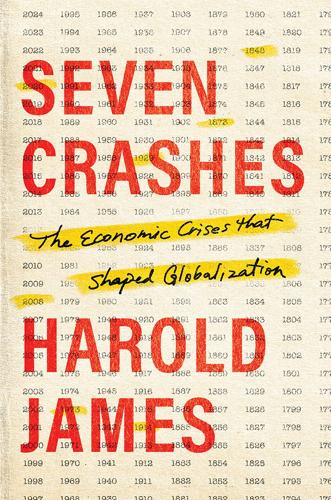
Seven Crashes: The Economic Crises That Shaped Globalization
by Harold James · 15 Jan 2023 · 469pp · 137,880 words
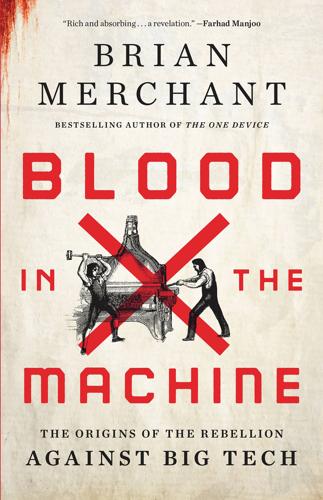
Blood in the Machine: The Origins of the Rebellion Against Big Tech
by Brian Merchant · 25 Sep 2023 · 524pp · 154,652 words

Billionaire, Nerd, Savior, King: Bill Gates and His Quest to Shape Our World
by Anupreeta Das · 12 Aug 2024 · 315pp · 115,894 words

The Code Breaker: Jennifer Doudna, Gene Editing, and the Future of the Human Race
by Walter Isaacson · 9 Mar 2021 · 700pp · 160,604 words
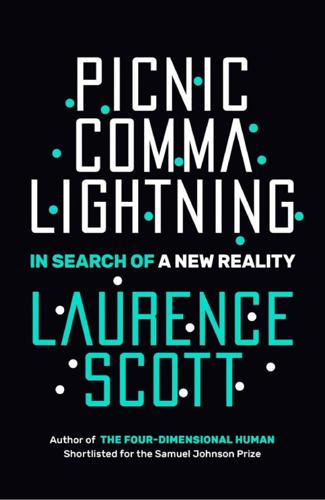
Picnic Comma Lightning: In Search of a New Reality
by Laurence Scott · 11 Jul 2018 · 244pp · 81,334 words
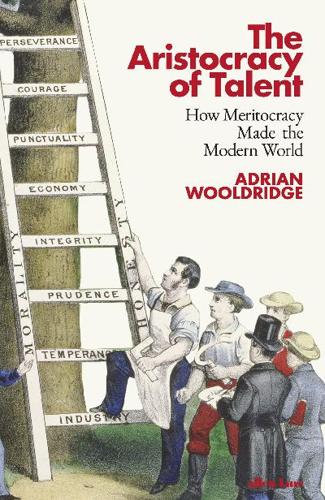
The Aristocracy of Talent: How Meritocracy Made the Modern World
by Adrian Wooldridge · 2 Jun 2021 · 693pp · 169,849 words
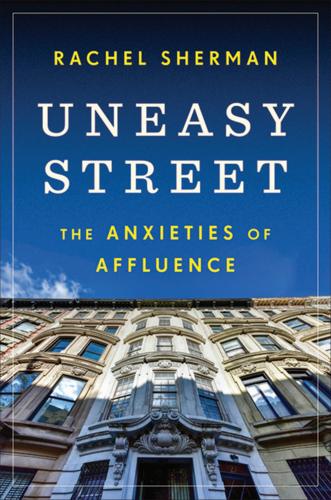
Uneasy Street: The Anxieties of Affluence
by Rachel Sherman · 21 Aug 2017 · 360pp · 113,429 words
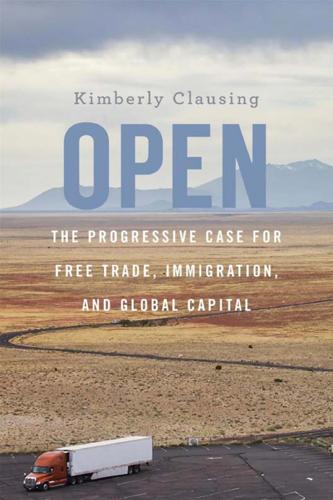
Open: The Progressive Case for Free Trade, Immigration, and Global Capital
by Kimberly Clausing · 4 Mar 2019 · 555pp · 80,635 words
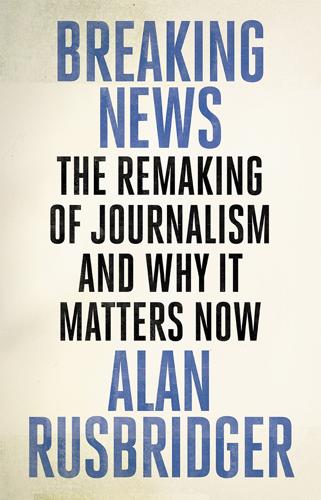
Breaking News: The Remaking of Journalism and Why It Matters Now
by Alan Rusbridger · 14 Oct 2018 · 579pp · 160,351 words
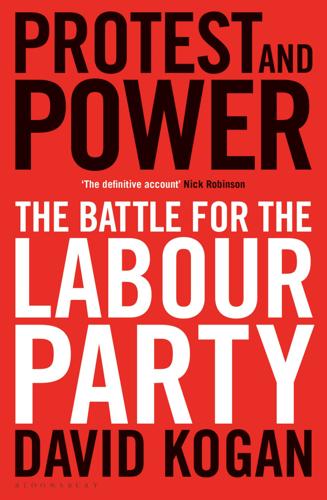
Protest and Power: The Battle for the Labour Party
by David Kogan · 17 Apr 2019 · 458pp · 136,405 words
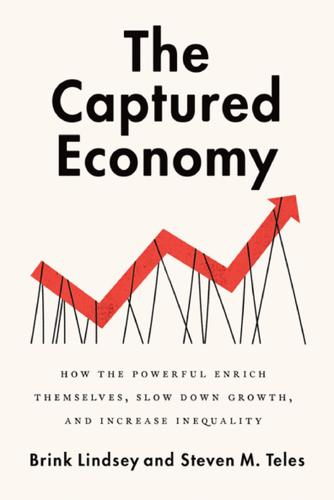
The Captured Economy: How the Powerful Enrich Themselves, Slow Down Growth, and Increase Inequality
by Brink Lindsey · 12 Oct 2017 · 288pp · 64,771 words

Dirty Secrets How Tax Havens Destroy the Economy
by Richard Murphy · 14 Sep 2017 · 241pp · 63,981 words
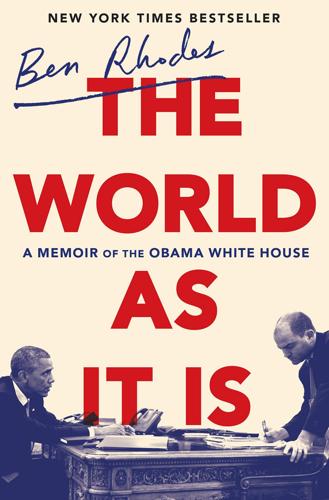
The World as It Is: A Memoir of the Obama White House
by Ben Rhodes · 4 Jun 2018 · 470pp · 148,444 words

The Lonely Century: How Isolation Imperils Our Future
by Noreena Hertz · 13 May 2020 · 506pp · 133,134 words
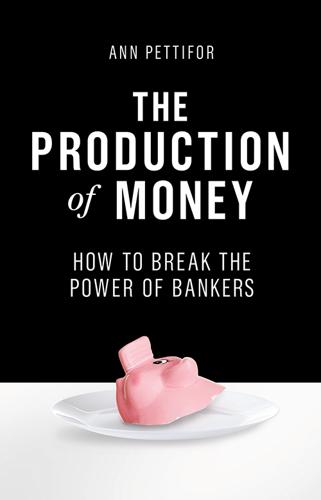
The Production of Money: How to Break the Power of Banks
by Ann Pettifor · 27 Mar 2017 · 182pp · 53,802 words

Radical Markets: Uprooting Capitalism and Democracy for a Just Society
by Eric Posner and E. Weyl · 14 May 2018 · 463pp · 105,197 words

Character Limit: How Elon Musk Destroyed Twitter
by Kate Conger and Ryan Mac · 17 Sep 2024
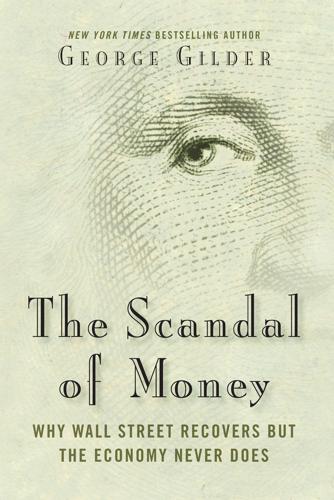
The Scandal of Money
by George Gilder · 23 Feb 2016 · 209pp · 53,236 words
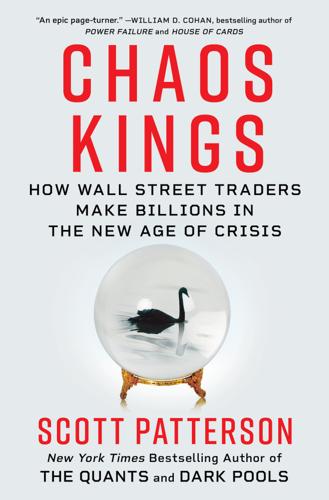
Chaos Kings: How Wall Street Traders Make Billions in the New Age of Crisis
by Scott Patterson · 5 Jun 2023 · 289pp · 95,046 words

What If We Get It Right?: Visions of Climate Futures
by Ayana Elizabeth Johnson · 17 Sep 2024 · 588pp · 160,825 words
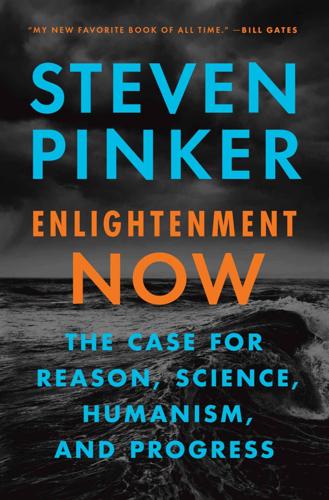
Enlightenment Now: The Case for Reason, Science, Humanism, and Progress
by Steven Pinker · 13 Feb 2018 · 1,034pp · 241,773 words
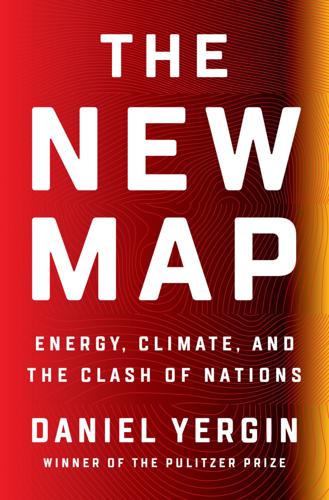
The New Map: Energy, Climate, and the Clash of Nations
by Daniel Yergin · 14 Sep 2020
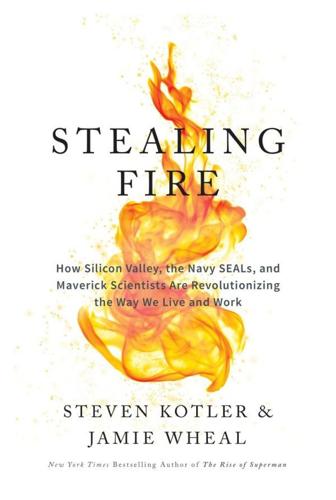
Stealing Fire: How Silicon Valley, the Navy SEALs, and Maverick Scientists Are Revolutionizing the Way We Live and Work
by Steven Kotler and Jamie Wheal · 21 Feb 2017 · 407pp · 90,238 words

21 Lessons for the 21st Century
by Yuval Noah Harari · 29 Aug 2018 · 389pp · 119,487 words
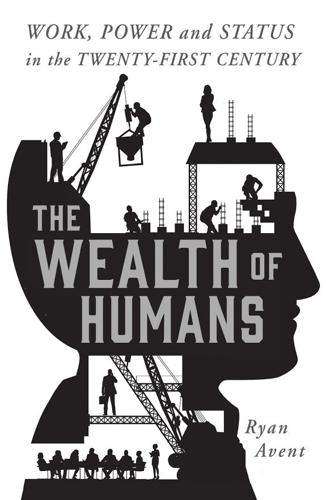
The Wealth of Humans: Work, Power, and Status in the Twenty-First Century
by Ryan Avent · 20 Sep 2016 · 323pp · 90,868 words

Billionaires' Row: Tycoons, High Rollers, and the Epic Race to Build the World's Most Exclusive Skyscrapers
by Katherine Clarke · 13 Jun 2023 · 454pp · 127,319 words
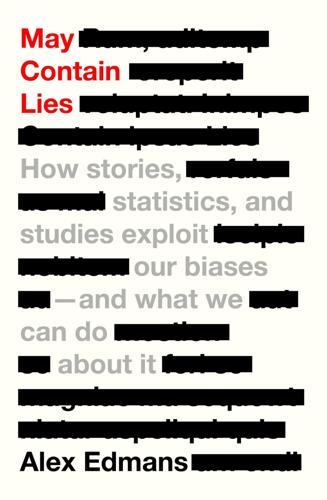
May Contain Lies: How Stories, Statistics, and Studies Exploit Our Biases—And What We Can Do About It
by Alex Edmans · 13 May 2024 · 315pp · 87,035 words
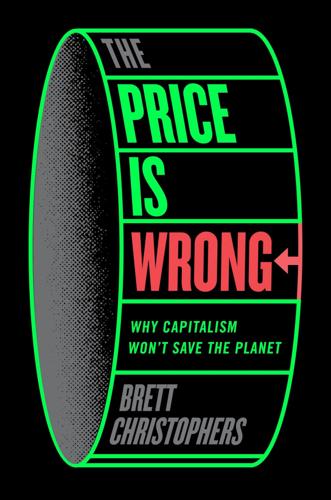
The Price Is Wrong: Why Capitalism Won't Save the Planet
by Brett Christophers · 12 Mar 2024 · 557pp · 154,324 words
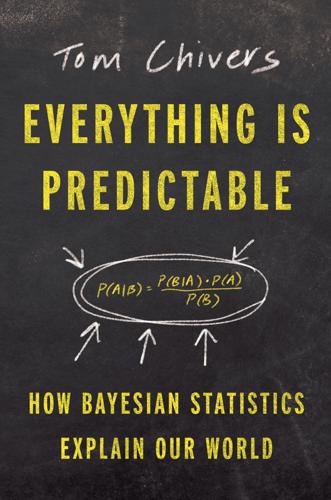
Everything Is Predictable: How Bayesian Statistics Explain Our World
by Tom Chivers · 6 May 2024 · 283pp · 102,484 words

New Dark Age: Technology and the End of the Future
by James Bridle · 18 Jun 2018 · 301pp · 85,263 words
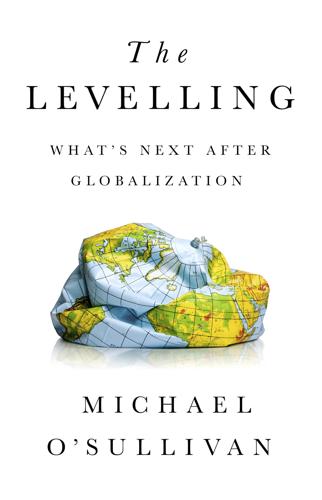
The Levelling: What’s Next After Globalization
by Michael O’sullivan · 28 May 2019 · 756pp · 120,818 words
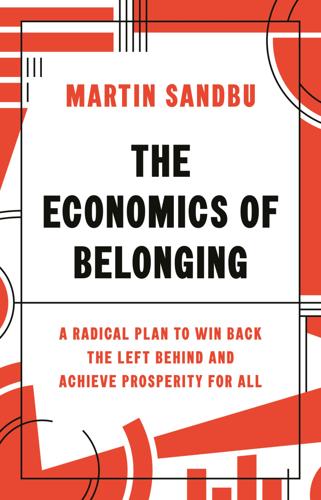
The Economics of Belonging: A Radical Plan to Win Back the Left Behind and Achieve Prosperity for All
by Martin Sandbu · 15 Jun 2020 · 322pp · 84,580 words
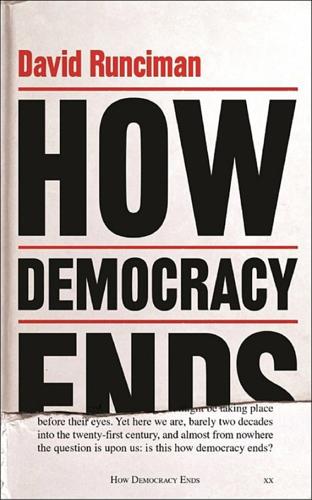
How Democracy Ends
by David Runciman · 9 May 2018 · 245pp · 72,893 words

The Perfect Weapon: War, Sabotage, and Fear in the Cyber Age
by David E. Sanger · 18 Jun 2018 · 394pp · 117,982 words
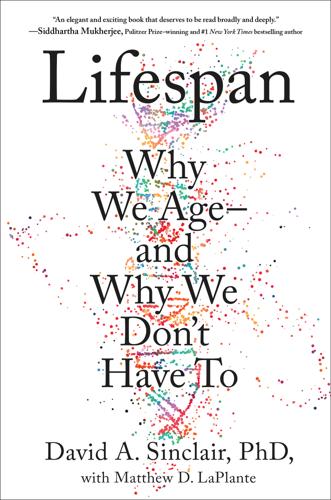
Lifespan: Why We Age—and Why We Don't Have To
by David A. Sinclair and Matthew D. Laplante · 9 Sep 2019
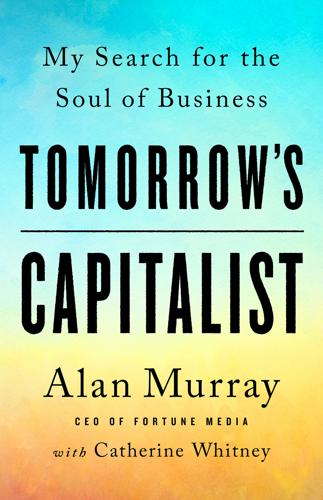
Tomorrow's Capitalist: My Search for the Soul of Business
by Alan Murray · 15 Dec 2022 · 263pp · 77,786 words
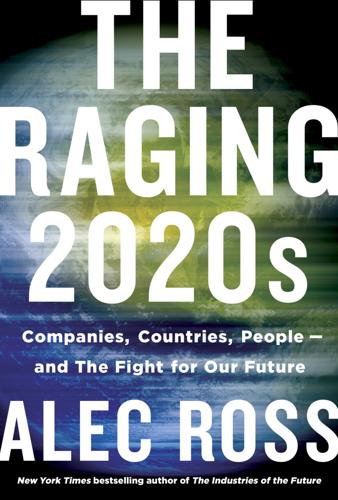
The Raging 2020s: Companies, Countries, People - and the Fight for Our Future
by Alec Ross · 13 Sep 2021 · 363pp · 109,077 words

San Fransicko: Why Progressives Ruin Cities
by Michael Shellenberger · 11 Oct 2021 · 572pp · 124,222 words
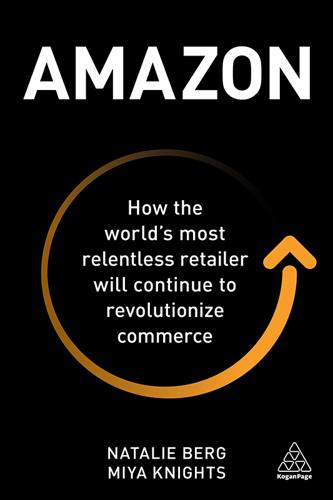
Amazon: How the World’s Most Relentless Retailer Will Continue to Revolutionize Commerce
by Natalie Berg and Miya Knights · 28 Jan 2019 · 404pp · 95,163 words
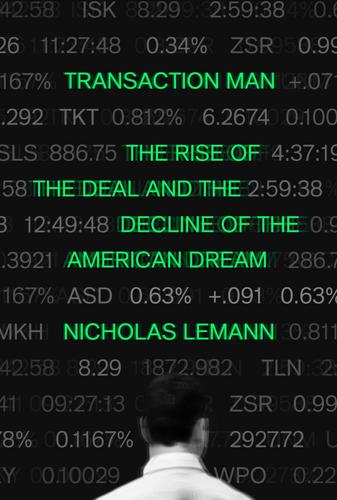
Transaction Man: The Rise of the Deal and the Decline of the American Dream
by Nicholas Lemann · 9 Sep 2019 · 354pp · 118,970 words

Blackwater: The Rise of the World's Most Powerful Mercenary Army
by Jeremy Scahill · 1 Jan 2007 · 924pp · 198,159 words

Parkland: Birth of a Movement
by Dave Cullen · 12 Feb 2019 · 368pp · 108,222 words

Hope Dies Last: Visionary People Across the World, Fighting to Find Us a Future
by Alan Weisman · 21 Apr 2025 · 599pp · 149,014 words
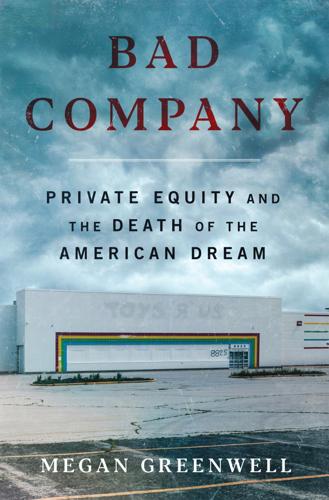
Bad Company
by Megan Greenwell · 18 Apr 2025 · 385pp · 103,818 words

Chokepoints: American Power in the Age of Economic Warfare
by Edward Fishman · 25 Feb 2025 · 884pp · 221,861 words
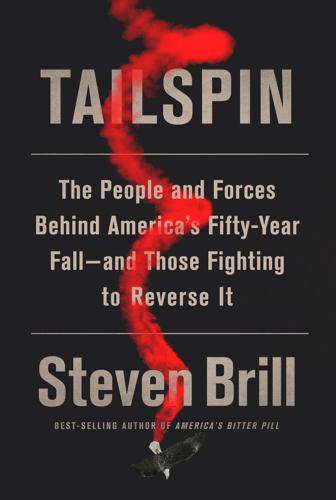
Tailspin: The People and Forces Behind America's Fifty-Year Fall--And Those Fighting to Reverse It
by Steven Brill · 28 May 2018 · 519pp · 155,332 words

App Kid: How a Child of Immigrants Grabbed a Piece of the American Dream
by Michael Sayman · 20 Sep 2021 · 285pp · 91,144 words
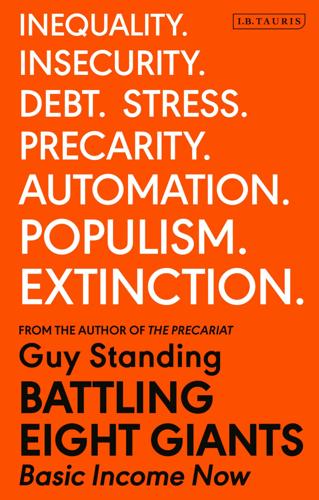
Battling Eight Giants: Basic Income Now
by Guy Standing · 19 Mar 2020
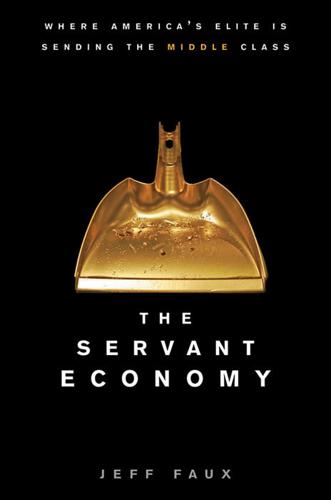
Servant Economy: Where America's Elite Is Sending the Middle Class
by Jeff Faux · 16 May 2012 · 364pp · 99,613 words
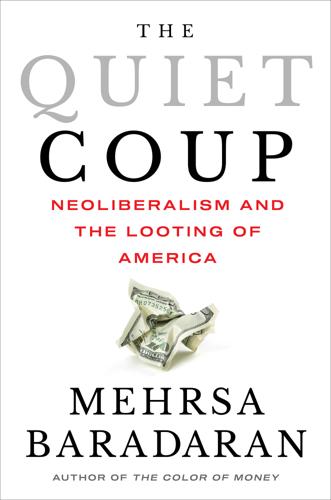
The Quiet Coup: Neoliberalism and the Looting of America
by Mehrsa Baradaran · 7 May 2024 · 470pp · 158,007 words
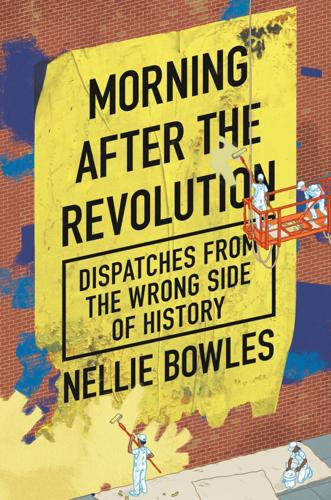
Morning After the Revolution: Dispatches From the Wrong Side of History
by Nellie Bowles · 13 May 2024 · 207pp · 62,397 words

My Glorious Defeats: Hacktivist, Narcissist, Anonymous: A Memoir
by Barrett Brown · 8 Jul 2024 · 332pp · 110,397 words

The Hundred Years' War on Palestine: A History of Settler Colonialism and Resistance, 1917–2017
by Rashid Khalidi · 28 Jan 2020 · 413pp · 120,506 words

Women & Power: A Manifesto
by Mary Beard · 2 Nov 2017 · 50pp · 15,155 words
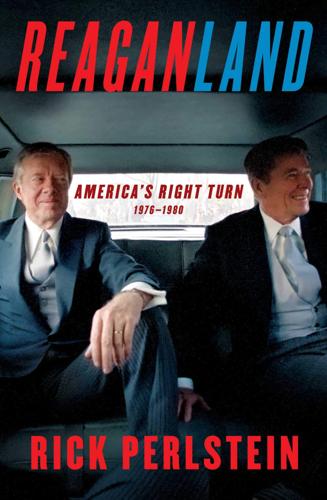
Reaganland: America's Right Turn 1976-1980
by Rick Perlstein · 17 Aug 2020
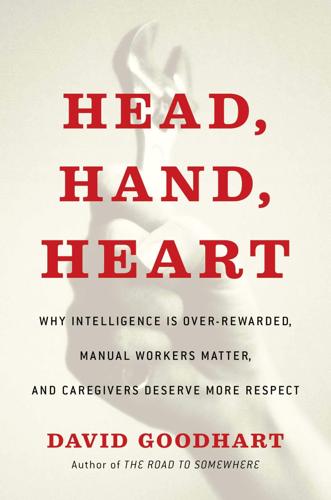
Head, Hand, Heart: Why Intelligence Is Over-Rewarded, Manual Workers Matter, and Caregivers Deserve More Respect
by David Goodhart · 7 Sep 2020 · 463pp · 115,103 words
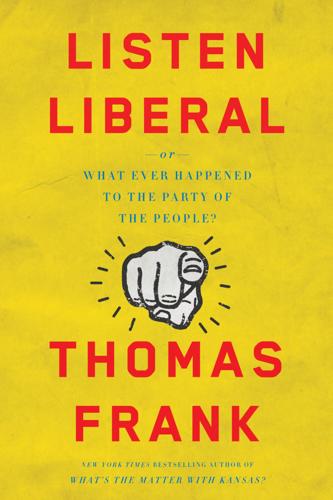
Listen, Liberal: Or, What Ever Happened to the Party of the People?
by Thomas Frank · 15 Mar 2016 · 316pp · 87,486 words
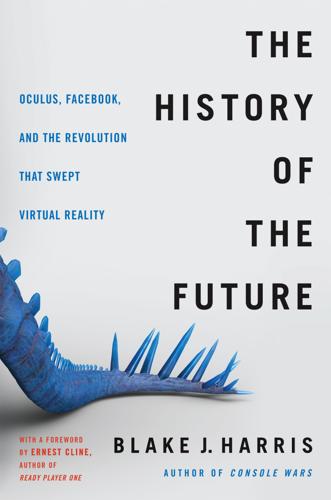
The History of the Future: Oculus, Facebook, and the Revolution That Swept Virtual Reality
by Blake J. Harris · 19 Feb 2019 · 561pp · 163,916 words
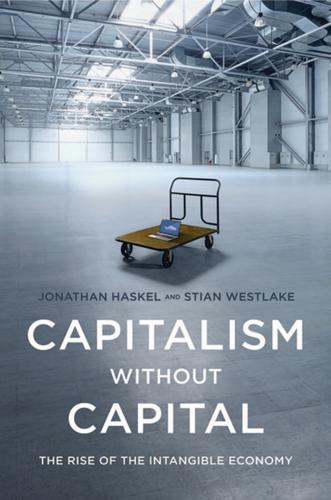
Capitalism Without Capital: The Rise of the Intangible Economy
by Jonathan Haskel and Stian Westlake · 7 Nov 2017 · 346pp · 89,180 words

Coders: The Making of a New Tribe and the Remaking of the World
by Clive Thompson · 26 Mar 2019 · 499pp · 144,278 words
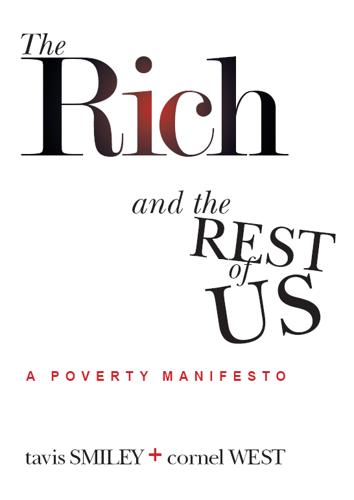
The Rich and the Rest of Us
by Tavis Smiley · 15 Feb 2012 · 181pp · 50,196 words

The Great Leveler: Violence and the History of Inequality From the Stone Age to the Twenty-First Century
by Walter Scheidel · 17 Jan 2017 · 775pp · 208,604 words
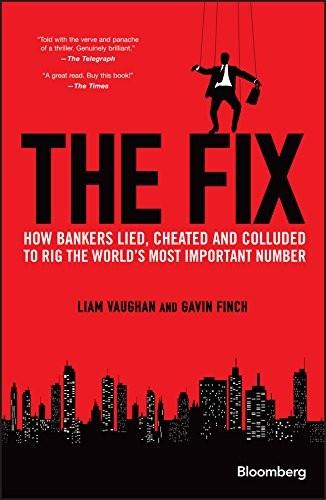
The Fix: How Bankers Lied, Cheated and Colluded to Rig the World's Most Important Number (Bloomberg)
by Liam Vaughan and Gavin Finch · 22 Nov 2016
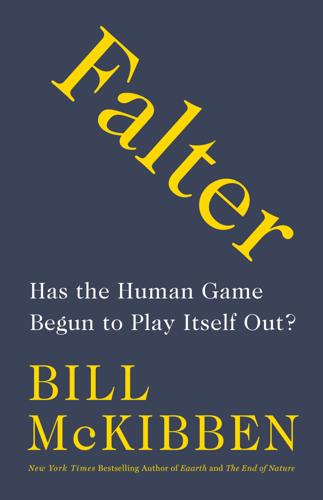
Falter: Has the Human Game Begun to Play Itself Out?
by Bill McKibben · 15 Apr 2019
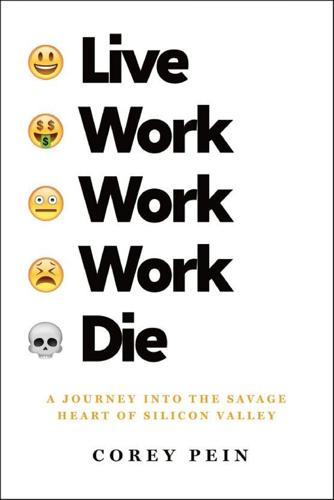
Live Work Work Work Die: A Journey Into the Savage Heart of Silicon Valley
by Corey Pein · 23 Apr 2018 · 282pp · 81,873 words
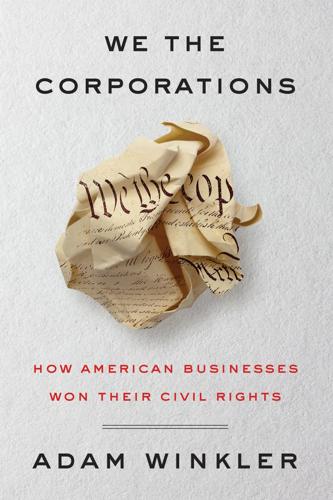
We the Corporations: How American Businesses Won Their Civil Rights
by Adam Winkler · 27 Feb 2018 · 581pp · 162,518 words

Infinite Powers: How Calculus Reveals the Secrets of the Universe
by Steven Strogatz · 31 Mar 2019 · 407pp · 116,726 words
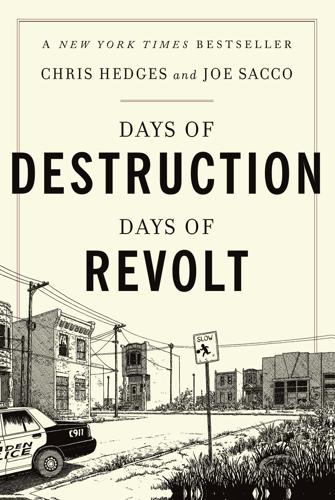
Days of Destruction, Days of Revolt
by Chris Hedges and Joe Sacco · 7 Apr 2014 · 326pp · 88,905 words

The Mutant Project: Inside the Global Race to Genetically Modify Humans
by Eben Kirksey · 10 Nov 2020 · 599pp · 98,564 words
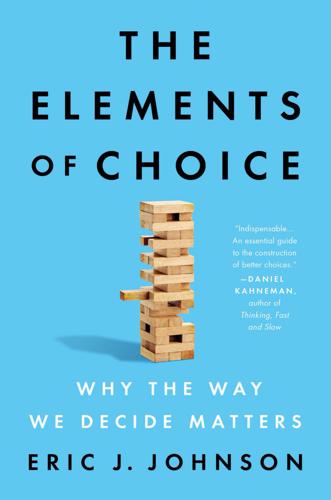
The Elements of Choice: Why the Way We Decide Matters
by Eric J. Johnson · 12 Oct 2021 · 362pp · 103,087 words
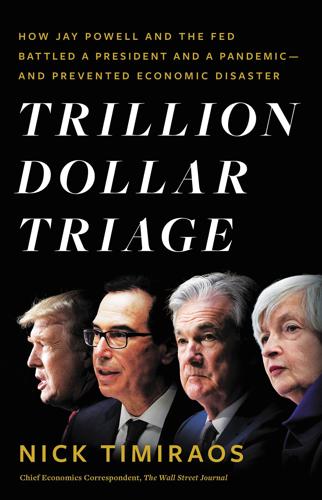
Trillion Dollar Triage: How Jay Powell and the Fed Battled a President and a Pandemic---And Prevented Economic Disaster
by Nick Timiraos · 1 Mar 2022 · 357pp · 107,984 words
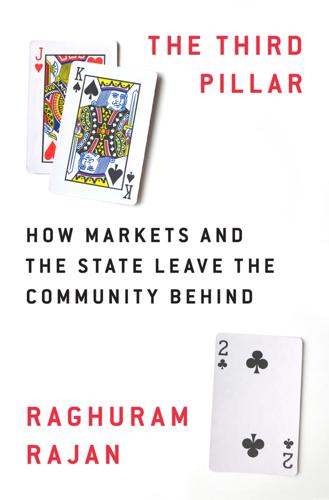
The Third Pillar: How Markets and the State Leave the Community Behind
by Raghuram Rajan · 26 Feb 2019 · 596pp · 163,682 words
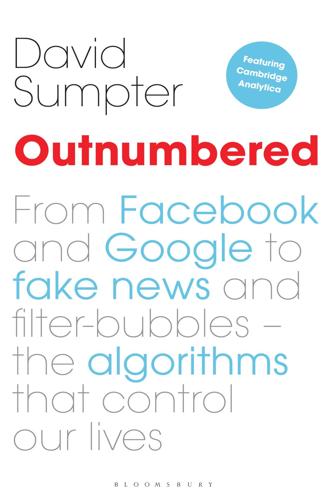
Outnumbered: From Facebook and Google to Fake News and Filter-Bubbles – the Algorithms That Control Our Lives
by David Sumpter · 18 Jun 2018 · 276pp · 81,153 words
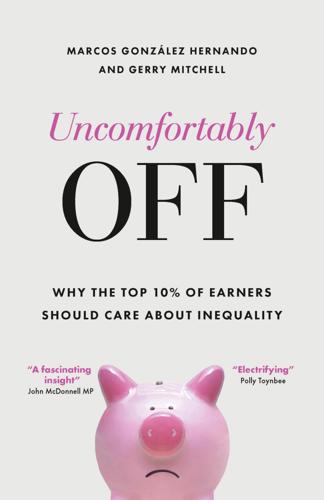
Uncomfortably Off: Why the Top 10% of Earners Should Care About Inequality
by Marcos González Hernando and Gerry Mitchell · 23 May 2023
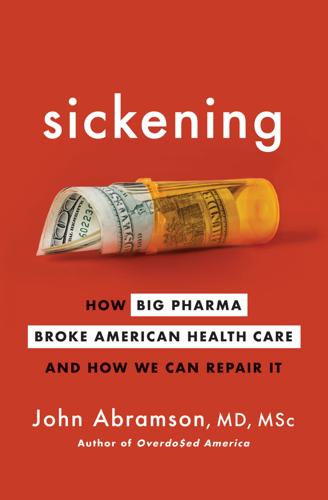
Sickening: How Big Pharma Broke American Health Care and How We Can Repair It
by John Abramson · 15 Dec 2022 · 362pp · 97,473 words
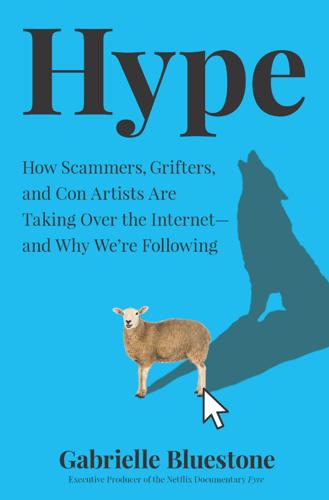
Hype: How Scammers, Grifters, and Con Artists Are Taking Over the Internet―and Why We're Following
by Gabrielle Bluestone · 5 Apr 2021 · 329pp · 100,162 words
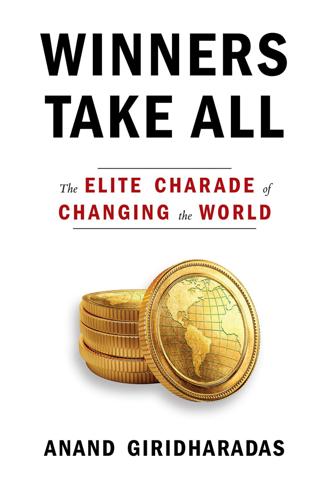
Winners Take All: The Elite Charade of Changing the World
by Anand Giridharadas · 27 Aug 2018 · 296pp · 98,018 words
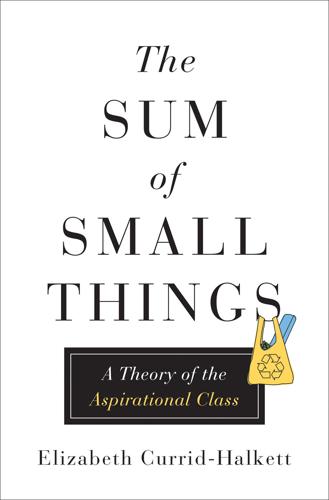
The Sum of Small Things: A Theory of the Aspirational Class
by Elizabeth Currid-Halkett · 14 May 2017 · 550pp · 89,316 words
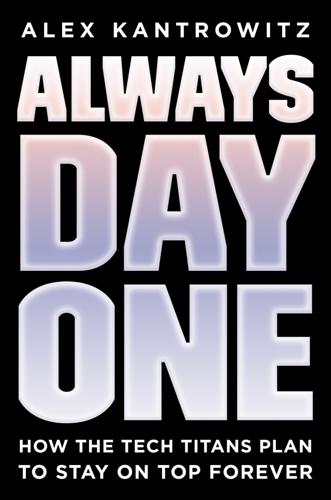
Always Day One: How the Tech Titans Plan to Stay on Top Forever
by Alex Kantrowitz · 6 Apr 2020 · 260pp · 67,823 words
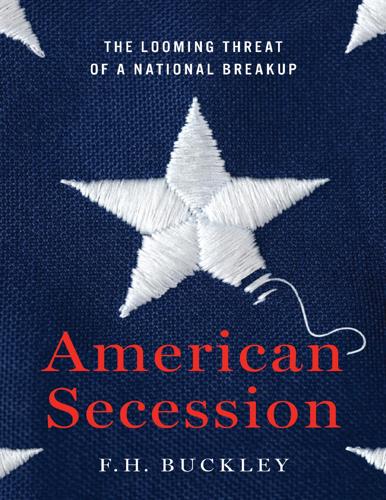
American Secession: The Looming Threat of a National Breakup
by F. H. Buckley · 14 Jan 2020
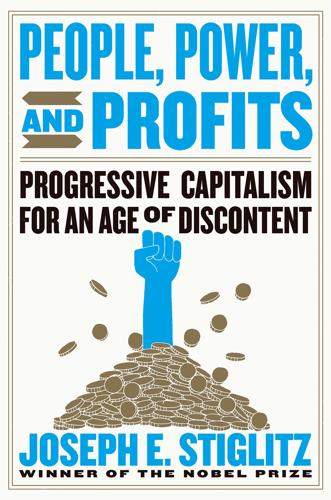
People, Power, and Profits: Progressive Capitalism for an Age of Discontent
by Joseph E. Stiglitz · 22 Apr 2019 · 462pp · 129,022 words
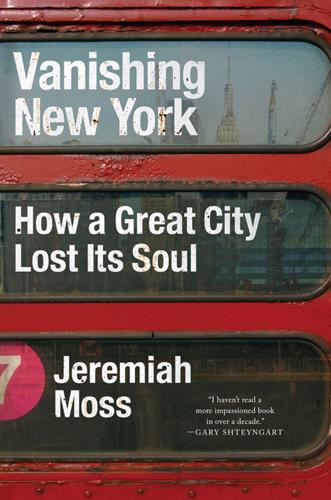
Vanishing New York
by Jeremiah Moss · 19 May 2017 · 479pp · 140,421 words
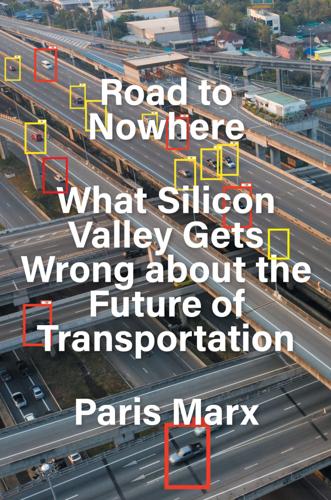
Road to Nowhere: What Silicon Valley Gets Wrong About the Future of Transportation
by Paris Marx · 4 Jul 2022 · 295pp · 81,861 words

The Climate Book: The Facts and the Solutions
by Greta Thunberg · 14 Feb 2023 · 651pp · 162,060 words

The Price of Time: The Real Story of Interest
by Edward Chancellor · 15 Aug 2022 · 829pp · 187,394 words

Uncontrolled Spread: Why COVID-19 Crushed Us and How We Can Defeat the Next Pandemic
by Scott Gottlieb · 20 Sep 2021

Green Tyranny: Exposing the Totalitarian Roots of the Climate Industrial Complex
by Rupert Darwall · 2 Oct 2017 · 451pp · 115,720 words

WikiLeaks and the Age of Transparency
by Micah L. Sifry · 19 Feb 2011 · 212pp · 49,544 words

A People's History of the United States
by Howard Zinn · 2 Jan 1977 · 913pp · 299,770 words

Artificial Intelligence: A Guide for Thinking Humans
by Melanie Mitchell · 14 Oct 2019 · 350pp · 98,077 words

Mindf*ck: Cambridge Analytica and the Plot to Break America
by Christopher Wylie · 8 Oct 2019
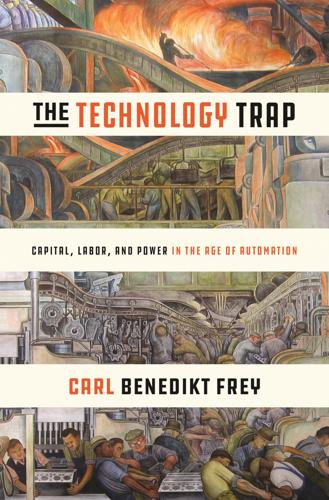
The Technology Trap: Capital, Labor, and Power in the Age of Automation
by Carl Benedikt Frey · 17 Jun 2019 · 626pp · 167,836 words
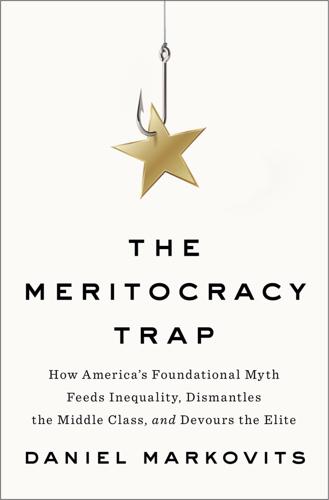
The Meritocracy Trap: How America's Foundational Myth Feeds Inequality, Dismantles the Middle Class, and Devours the Elite
by Daniel Markovits · 14 Sep 2019 · 976pp · 235,576 words
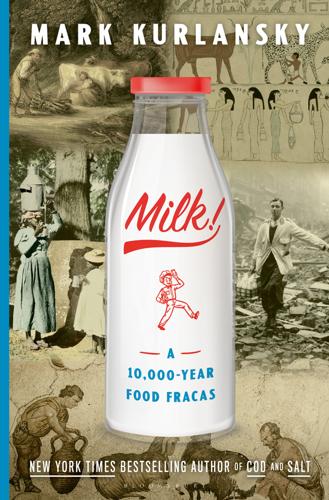
Milk!
by Mark Kurlansky · 450pp · 114,766 words
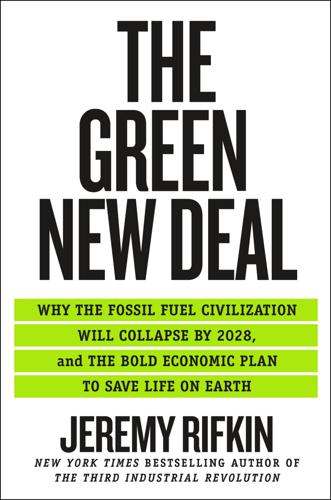
The Green New Deal: Why the Fossil Fuel Civilization Will Collapse by 2028, and the Bold Economic Plan to Save Life on Earth
by Jeremy Rifkin · 9 Sep 2019 · 327pp · 84,627 words
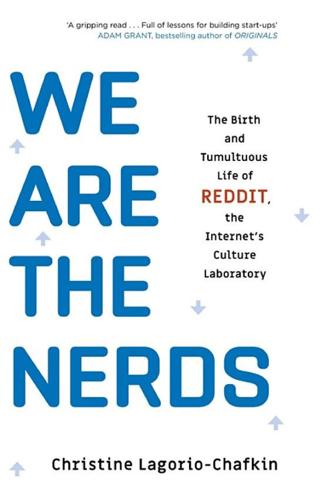
We Are the Nerds: The Birth and Tumultuous Life of Reddit, the Internet's Culture Laboratory
by Christine Lagorio-Chafkin · 1 Oct 2018

The Right Side of History
by Ben Shapiro · 11 Feb 2019 · 270pp · 71,659 words
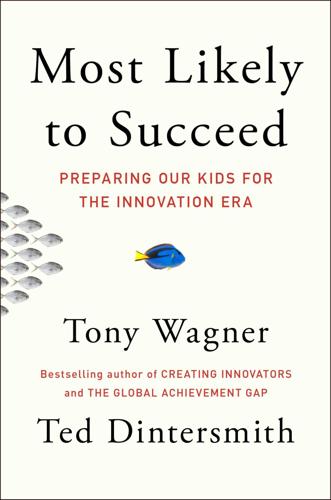
Most Likely to Succeed: Preparing Our Kids for the Innovation Era
by Tony Wagner and Ted Dintersmith · 17 Aug 2015 · 353pp · 91,520 words
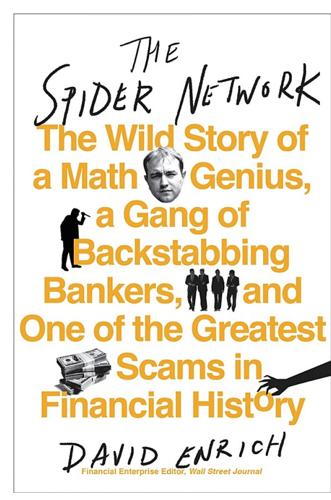
The Spider Network: The Wild Story of a Math Genius, a Gang of Backstabbing Bankers, and One of the Greatest Scams in Financial History
by David Enrich · 21 Mar 2017 · 513pp · 141,153 words
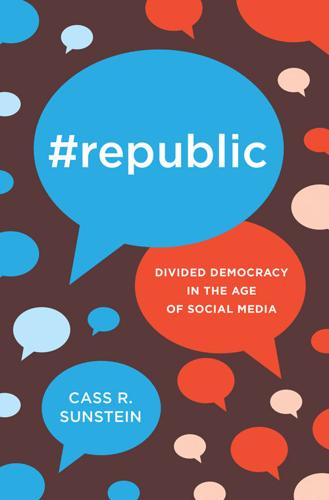
#Republic: Divided Democracy in the Age of Social Media
by Cass R. Sunstein · 7 Mar 2017 · 437pp · 105,934 words
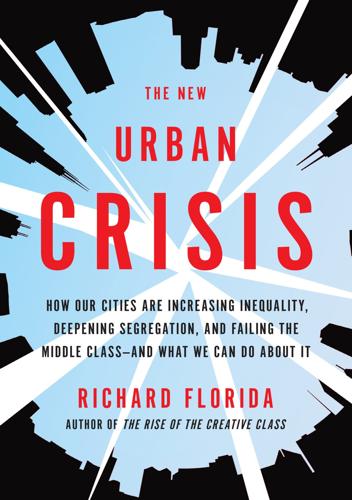
The New Urban Crisis: How Our Cities Are Increasing Inequality, Deepening Segregation, and Failing the Middle Class?and What We Can Do About It
by Richard Florida · 9 May 2016 · 356pp · 91,157 words
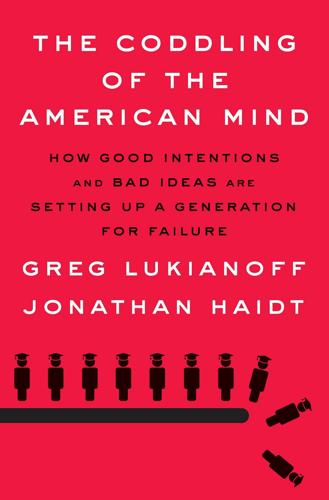
The Coddling of the American Mind: How Good Intentions and Bad Ideas Are Setting Up a Generation for Failure
by Greg Lukianoff and Jonathan Haidt · 14 Jun 2018 · 531pp · 125,069 words
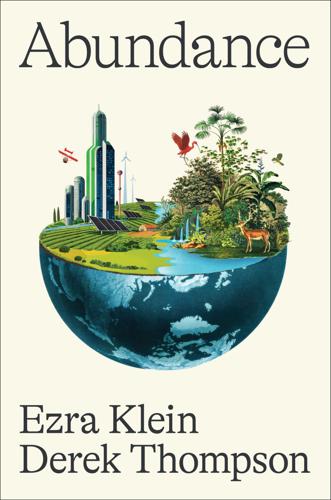
Abundance
by Ezra Klein and Derek Thompson · 18 Mar 2025 · 227pp · 84,566 words
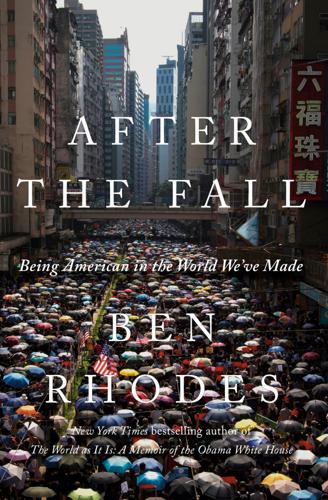
After the Fall: Being American in the World We've Made
by Ben Rhodes · 1 Jun 2021 · 342pp · 114,118 words
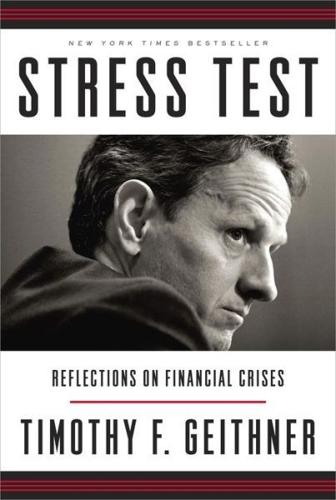
Stress Test: Reflections on Financial Crises
by Timothy F. Geithner · 11 May 2014 · 593pp · 189,857 words
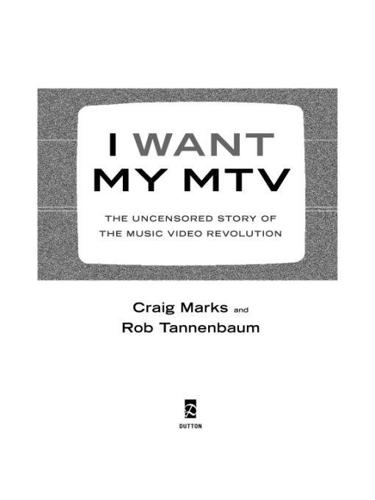
I Want My MTV: The Uncensored Story of the Music Video Revolution
by Craig Marks and Rob Tannenbaum · 19 Sep 2011 · 821pp · 227,742 words

Open: The Story of Human Progress
by Johan Norberg · 14 Sep 2020 · 505pp · 138,917 words

Catch and Kill: Lies, Spies, and a Conspiracy to Protect Predators
by Ronan Farrow · 14 Oct 2019 · 390pp · 115,303 words
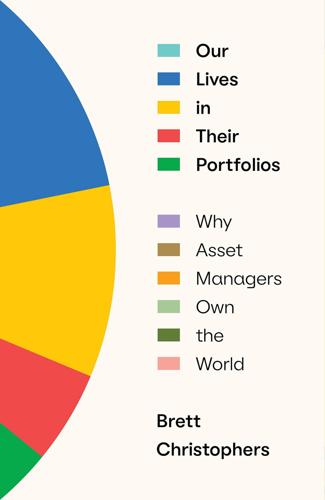
Our Lives in Their Portfolios: Why Asset Managers Own the World
by Brett Chistophers · 25 Apr 2023 · 404pp · 106,233 words
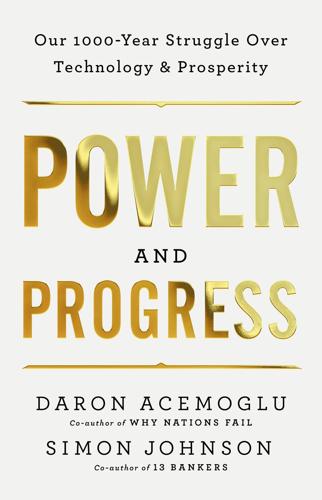
Power and Progress: Our Thousand-Year Struggle Over Technology and Prosperity
by Daron Acemoglu and Simon Johnson · 15 May 2023 · 619pp · 177,548 words

McMindfulness: How Mindfulness Became the New Capitalist Spirituality
by Ronald Purser · 8 Jul 2019 · 242pp · 67,233 words
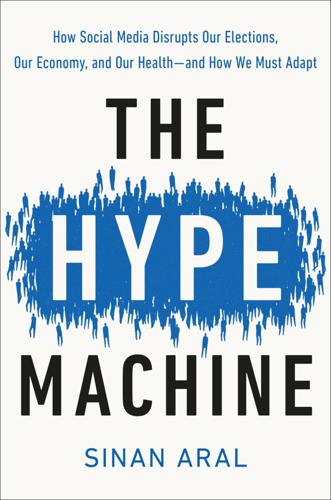
The Hype Machine: How Social Media Disrupts Our Elections, Our Economy, and Our Health--And How We Must Adapt
by Sinan Aral · 14 Sep 2020 · 475pp · 134,707 words
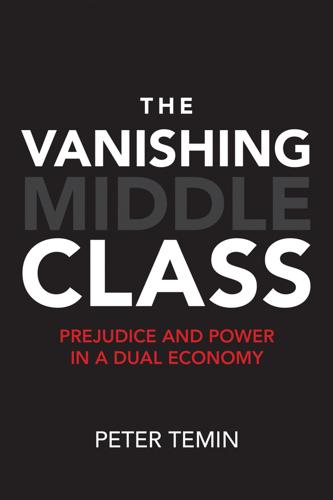
The Vanishing Middle Class: Prejudice and Power in a Dual Economy
by Peter Temin · 17 Mar 2017 · 273pp · 87,159 words
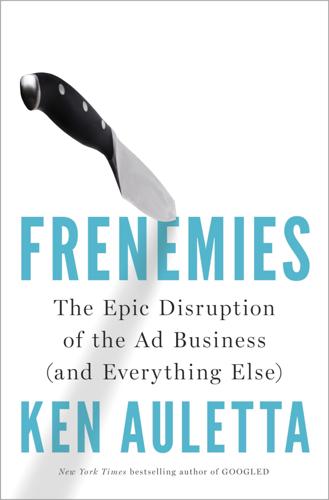
Frenemies: The Epic Disruption of the Ad Business
by Ken Auletta · 4 Jun 2018 · 379pp · 109,223 words
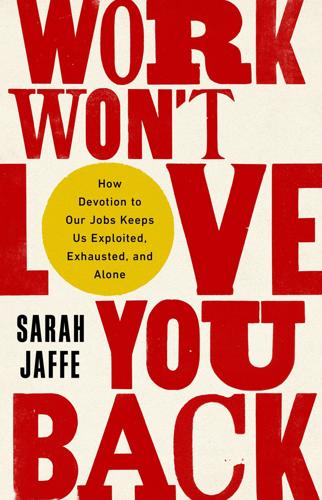
Work Won't Love You Back: How Devotion to Our Jobs Keeps Us Exploited, Exhausted, and Alone
by Sarah Jaffe · 26 Jan 2021 · 490pp · 153,455 words

Whiplash: How to Survive Our Faster Future
by Joi Ito and Jeff Howe · 6 Dec 2016 · 254pp · 76,064 words
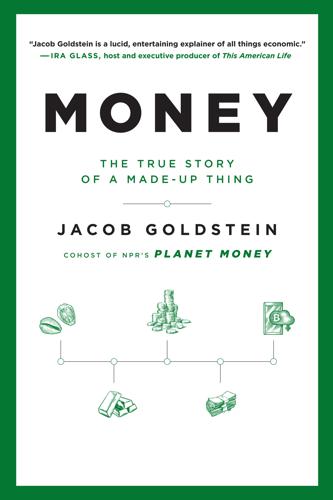
Money: The True Story of a Made-Up Thing
by Jacob Goldstein · 14 Aug 2020 · 199pp · 64,272 words

Border and Rule: Global Migration, Capitalism, and the Rise of Racist Nationalism
by Harsha Walia · 9 Feb 2021
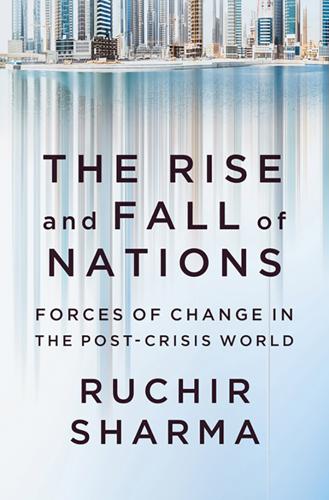
The Rise and Fall of Nations: Forces of Change in the Post-Crisis World
by Ruchir Sharma · 5 Jun 2016 · 566pp · 163,322 words
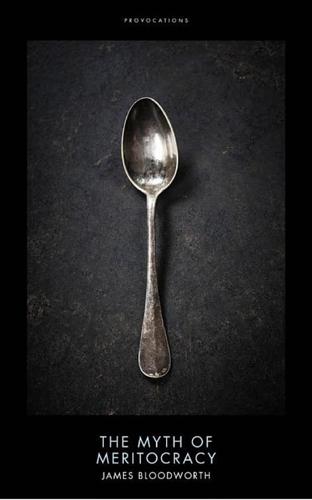
The Myth of Meritocracy: Why Working-Class Kids Still Get Working-Class Jobs (Provocations Series)
by James Bloodworth · 18 May 2016 · 82pp · 21,414 words
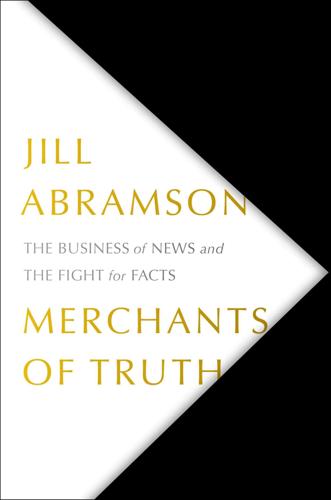
Merchants of Truth: The Business of News and the Fight for Facts
by Jill Abramson · 5 Feb 2019 · 788pp · 223,004 words
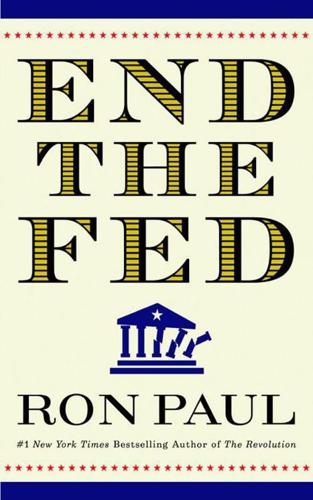
End the Fed
by Ron Paul · 5 Feb 2011

The Death of Truth: Notes on Falsehood in the Age of Trump
by Michiko Kakutani · 17 Jul 2018 · 137pp · 38,925 words
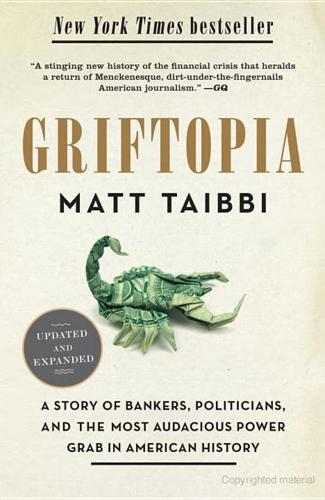
Griftopia: Bubble Machines, Vampire Squids, and the Long Con That Is Breaking America
by Matt Taibbi · 15 Feb 2010 · 291pp · 91,783 words
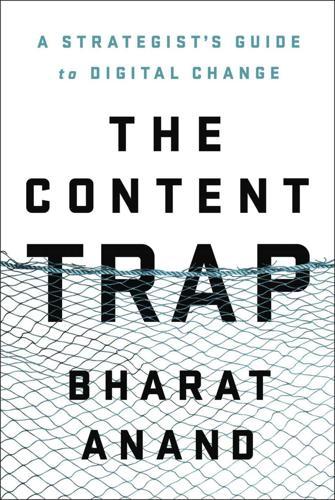
The Content Trap: A Strategist's Guide to Digital Change
by Bharat Anand · 17 Oct 2016 · 554pp · 149,489 words
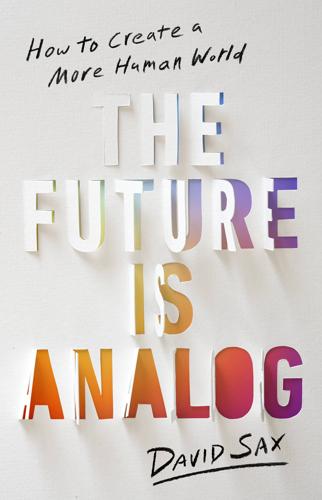
The Future Is Analog: How to Create a More Human World
by David Sax · 15 Jan 2022 · 282pp · 93,783 words
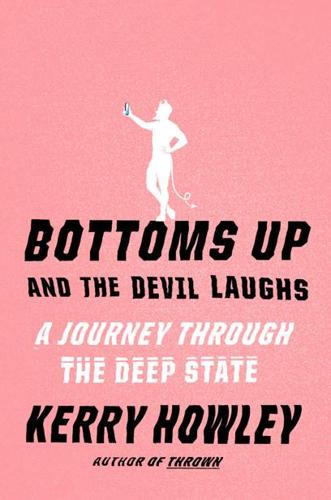
Bottoms Up and the Devil Laughs
by Kerry Howley · 21 Mar 2023

Collaborative Society
by Dariusz Jemielniak and Aleksandra Przegalinska · 18 Feb 2020 · 187pp · 50,083 words

The Life of a Song: The Fascinating Stories Behind 50 of the World’s Best-Loved Songs
by David Cheal and Jan Dalley · 20 Sep 2017 · 116pp · 34,937 words

The Road to Unfreedom: Russia, Europe, America
by Timothy Snyder · 2 Apr 2018
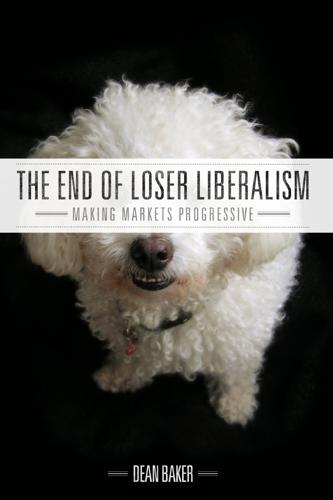
The End of Loser Liberalism: Making Markets Progressive
by Dean Baker · 1 Jan 2011 · 172pp · 54,066 words
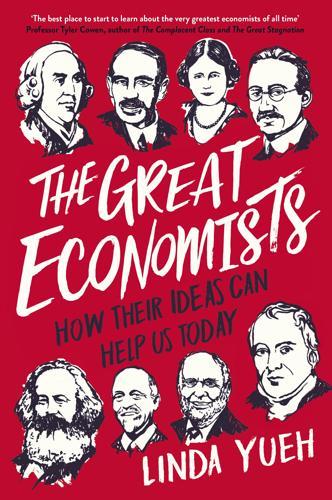
The Great Economists: How Their Ideas Can Help Us Today
by Linda Yueh · 15 Mar 2018 · 374pp · 113,126 words
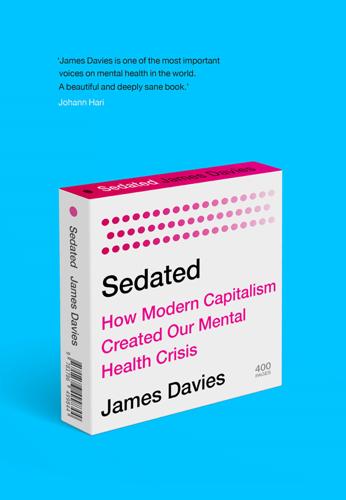
SEDATED: How Modern Capitalism Created Our Mental Health Crisis
by James. Davies · 15 Nov 2021 · 307pp · 88,085 words
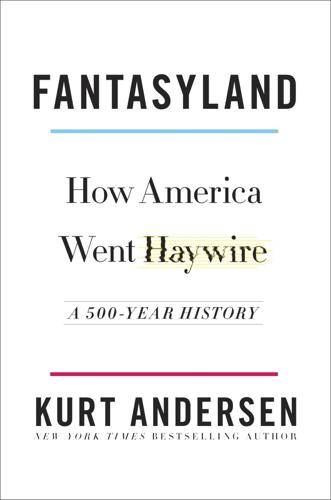
Fantasyland
by Kurt Andersen · 5 Sep 2017
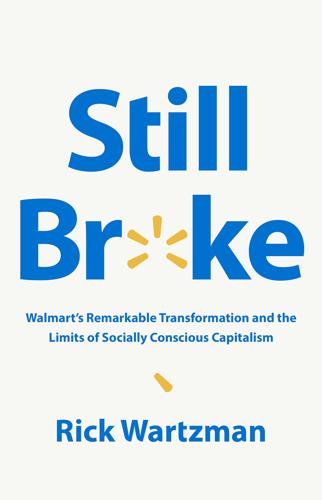
Still Broke: Walmart's Remarkable Transformation and the Limits of Socially Conscious Capitalism
by Rick Wartzman · 15 Nov 2022 · 215pp · 69,370 words
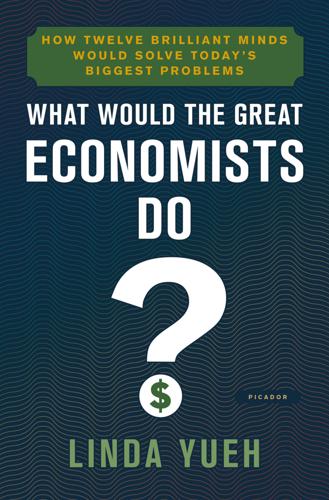
What Would the Great Economists Do?: How Twelve Brilliant Minds Would Solve Today's Biggest Problems
by Linda Yueh · 4 Jun 2018 · 453pp · 117,893 words

Lonely Planet Ireland
by Lonely Planet
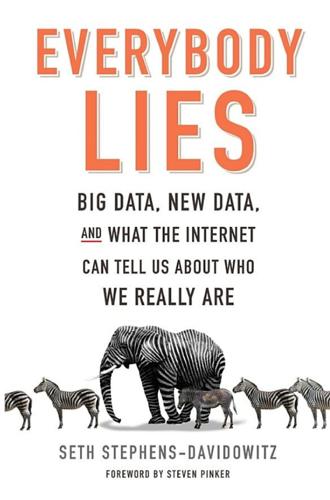
Everybody Lies: Big Data, New Data, and What the Internet Can Tell Us About Who We Really Are
by Seth Stephens-Davidowitz · 8 May 2017 · 337pp · 86,320 words
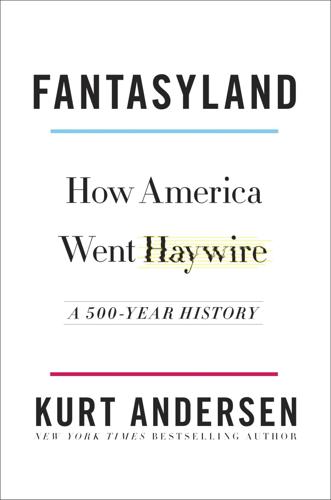
Fantasyland: How America Went Haywire: A 500-Year History
by Kurt Andersen · 4 Sep 2017 · 522pp · 162,310 words
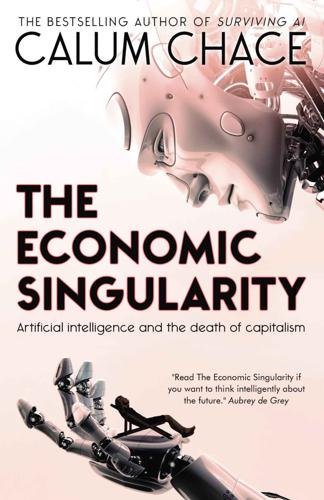
The Economic Singularity: Artificial Intelligence and the Death of Capitalism
by Calum Chace · 17 Jul 2016 · 477pp · 75,408 words
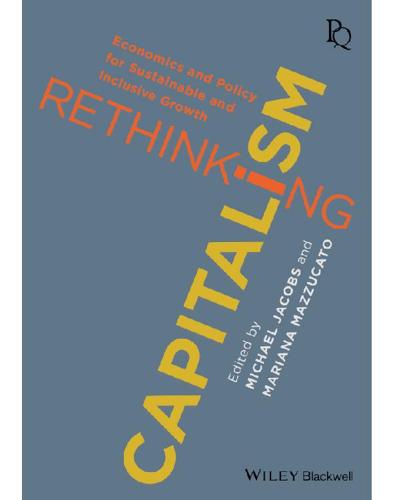
Rethinking Capitalism: Economics and Policy for Sustainable and Inclusive Growth
by Michael Jacobs and Mariana Mazzucato · 31 Jul 2016 · 370pp · 102,823 words
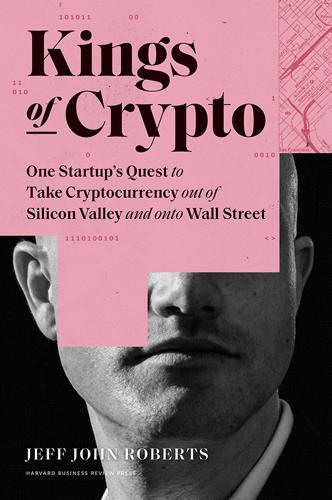
Kings of Crypto: One Startup's Quest to Take Cryptocurrency Out of Silicon Valley and Onto Wall Street
by Jeff John Roberts · 15 Dec 2020 · 226pp · 65,516 words
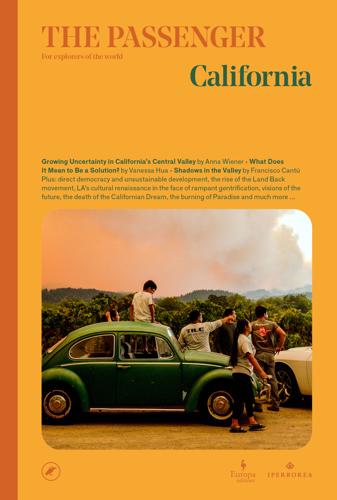
The Passenger
by AA.VV. · 23 May 2022 · 192pp · 59,615 words
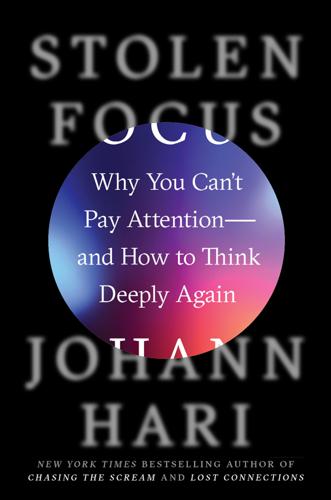
Stolen Focus: Why You Can't Pay Attention--And How to Think Deeply Again
by Johann Hari · 25 Jan 2022 · 390pp · 120,864 words
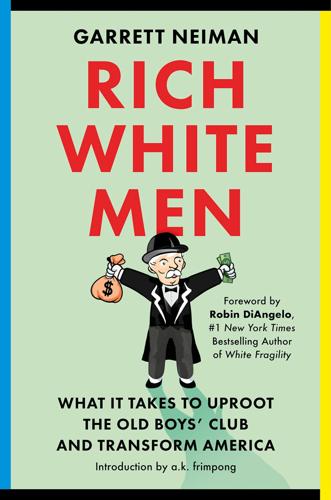
Rich White Men: What It Takes to Uproot the Old Boys' Club and Transform America
by Garrett Neiman · 19 Jun 2023 · 386pp · 112,064 words

Basic Income And The Left
by henningmeyer · 16 May 2018

The Age of Entitlement: America Since the Sixties
by Christopher Caldwell · 21 Jan 2020 · 450pp · 113,173 words

Health and Safety: A Breakdown
by Emily Witt · 16 Sep 2024 · 242pp · 85,783 words
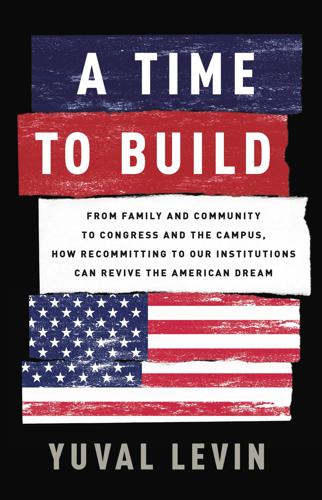
A Time to Build: From Family and Community to Congress and the Campus, How Recommitting to Our Institutions Can Revive the American Dream
by Yuval Levin · 21 Jan 2020 · 224pp · 71,060 words
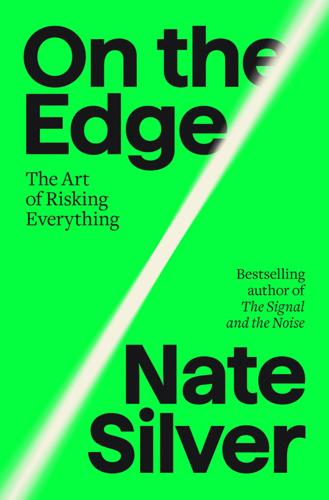
On the Edge: The Art of Risking Everything
by Nate Silver · 12 Aug 2024 · 848pp · 227,015 words
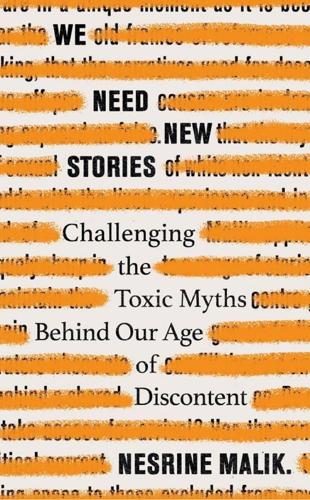
We Need New Stories: Challenging the Toxic Myths Behind Our Age of Discontent
by Nesrine Malik · 4 Sep 2019
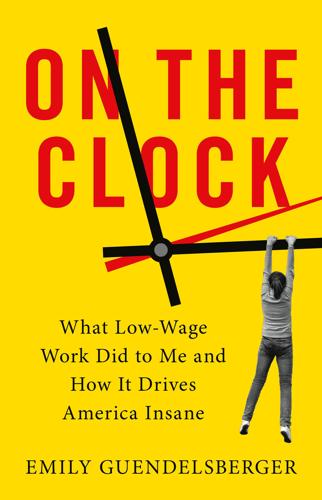
On the Clock: What Low-Wage Work Did to Me and How It Drives America Insane
by Emily Guendelsberger · 15 Jul 2019 · 382pp · 114,537 words
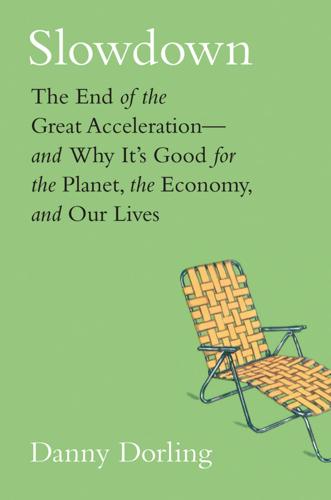
Slowdown: The End of the Great Acceleration―and Why It’s Good for the Planet, the Economy, and Our Lives
by Danny Dorling and Kirsten McClure · 18 May 2020 · 459pp · 138,689 words
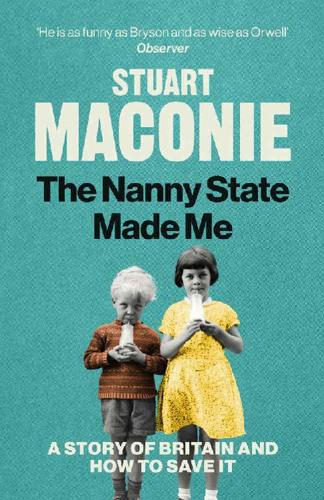
The Nanny State Made Me: A Story of Britain and How to Save It
by Stuart Maconie · 5 Mar 2020 · 300pp · 106,520 words
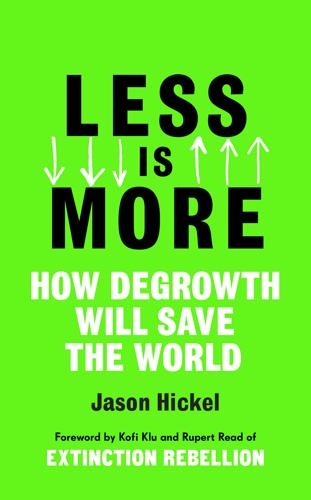
Less Is More: How Degrowth Will Save the World
by Jason Hickel · 12 Aug 2020 · 286pp · 87,168 words
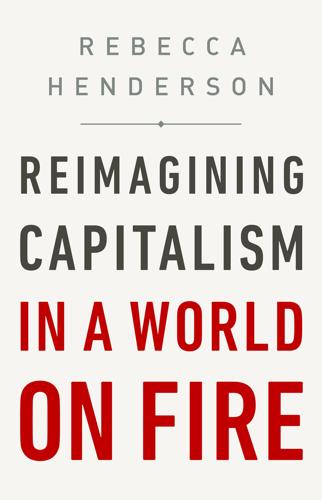
Reimagining Capitalism in a World on Fire
by Rebecca Henderson · 27 Apr 2020 · 330pp · 99,044 words

A Captain's Duty: Somali Pirates, Navy SEALs, and Dangerous Days at Sea
by Richard Phillips and Stephan Talty · 5 Apr 2010 · 260pp · 79,471 words

The Wake-Up Call: Why the Pandemic Has Exposed the Weakness of the West, and How to Fix It
by John Micklethwait and Adrian Wooldridge · 1 Sep 2020 · 134pp · 41,085 words

Israel: A Simple Guide to the Most Misunderstood Country on Earth
by Noa Tishby · 5 Apr 2021 · 338pp · 101,967 words
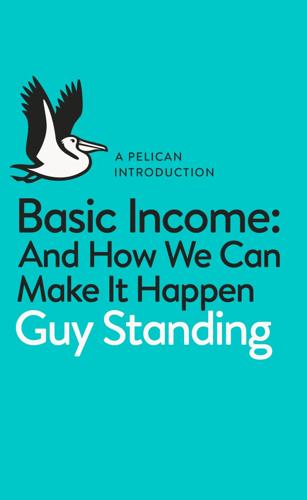
A Pelican Introduction: Basic Income
by Guy Standing · 3 May 2017 · 307pp · 82,680 words

The Big Nine: How the Tech Titans and Their Thinking Machines Could Warp Humanity
by Amy Webb · 5 Mar 2019 · 340pp · 97,723 words
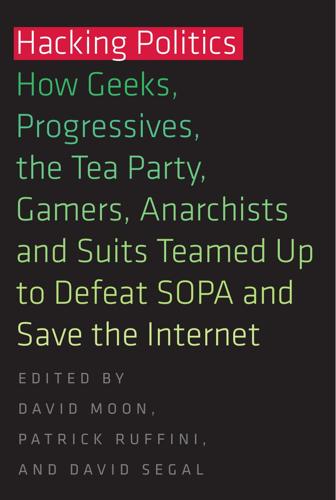
Hacking Politics: How Geeks, Progressives, the Tea Party, Gamers, Anarchists and Suits Teamed Up to Defeat SOPA and Save the Internet
by David Moon, Patrick Ruffini, David Segal, Aaron Swartz, Lawrence Lessig, Cory Doctorow, Zoe Lofgren, Jamie Laurie, Ron Paul, Mike Masnick, Kim Dotcom, Tiffiniy Cheng, Alexis Ohanian, Nicole Powers and Josh Levy · 30 Apr 2013 · 452pp · 134,502 words
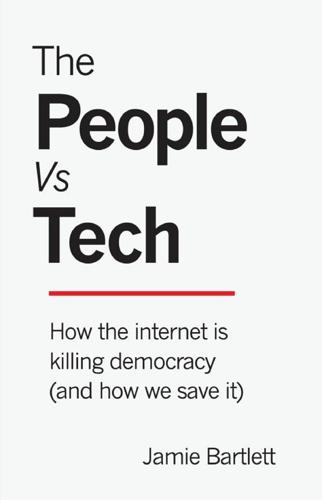
The People vs Tech: How the Internet Is Killing Democracy (And How We Save It)
by Jamie Bartlett · 4 Apr 2018 · 170pp · 49,193 words
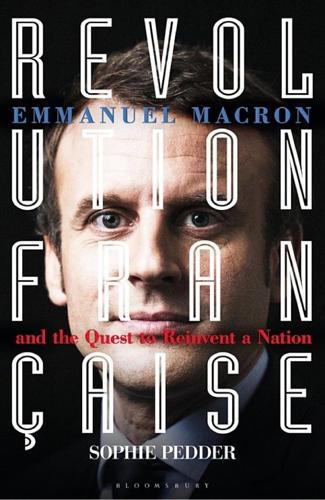
Revolution Française: Emmanuel Macron and the Quest to Reinvent a Nation
by Sophie Pedder · 20 Jun 2018 · 337pp · 101,440 words
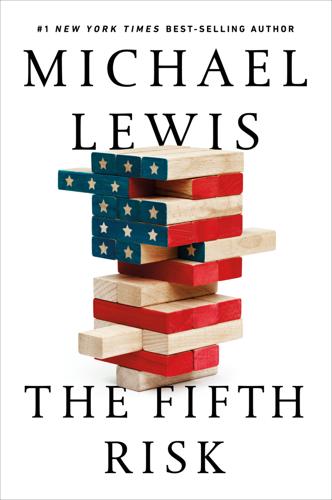
The Fifth Risk
by Michael Lewis · 1 Oct 2018 · 157pp · 53,125 words
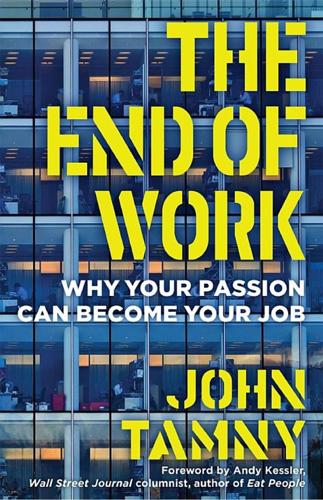
The End of Work: Why Your Passion Can Become Your Job
by John Tamny · 6 May 2018 · 165pp · 47,193 words

Brotopia: Breaking Up the Boys' Club of Silicon Valley
by Emily Chang · 6 Feb 2018 · 334pp · 104,382 words
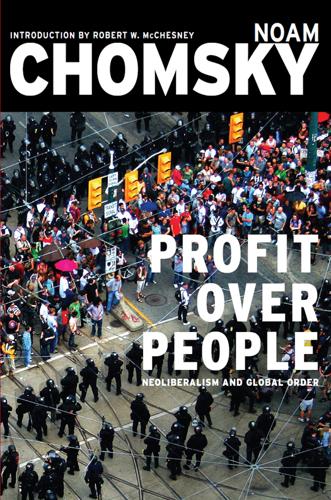
Profit Over People: Neoliberalism and Global Order
by Noam Chomsky · 6 Sep 2011
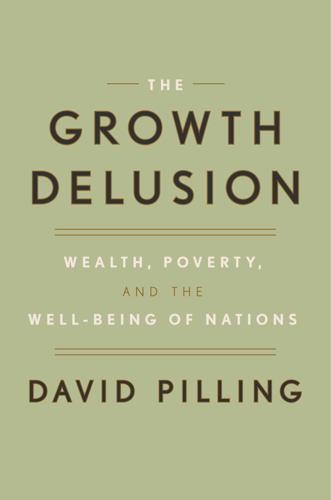
The Growth Delusion: Wealth, Poverty, and the Well-Being of Nations
by David Pilling · 30 Jan 2018 · 264pp · 76,643 words
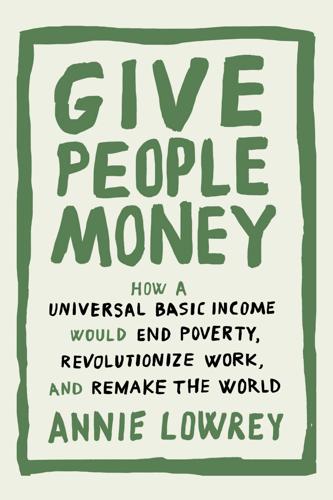
Give People Money
by Annie Lowrey · 10 Jul 2018 · 242pp · 73,728 words

"They Take Our Jobs!": And 20 Other Myths About Immigration
by Aviva Chomsky · 23 Apr 2018 · 219pp · 62,816 words
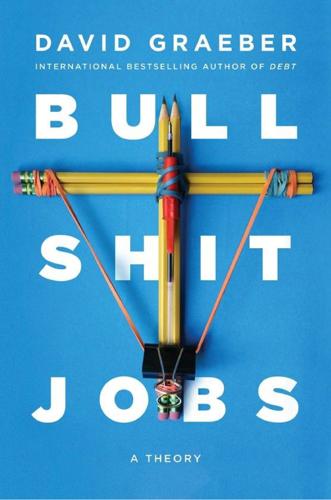
Bullshit Jobs: A Theory
by David Graeber · 14 May 2018 · 385pp · 123,168 words
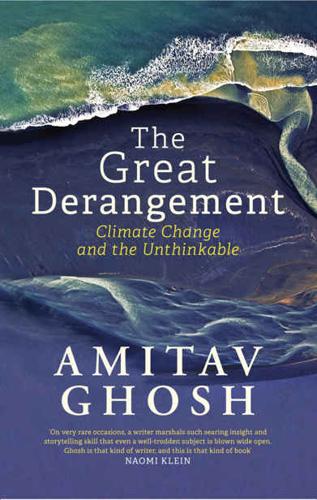
The Great Derangement: Climate Change and the Unthinkable
by Amitav Ghosh · 16 Jan 2018
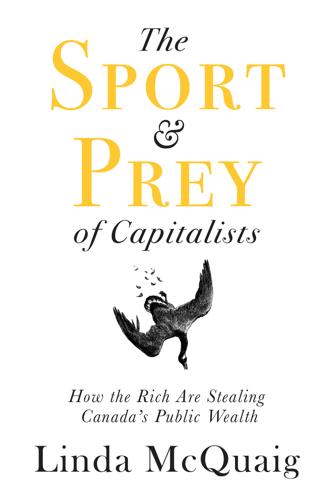
The Sport and Prey of Capitalists
by Linda McQuaig · 30 Aug 2019 · 263pp · 79,016 words
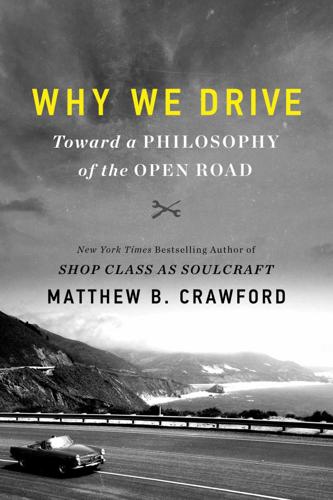
Why We Drive: Toward a Philosophy of the Open Road
by Matthew B. Crawford · 8 Jun 2020 · 386pp · 113,709 words

Hiding in Plain Sight: The Invention of Donald Trump and the Erosion of America
by Sarah Kendzior · 6 Apr 2020
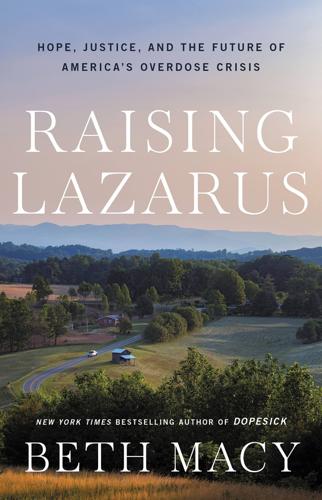
Raising Lazarus: Hope, Justice, and the Future of America’s Overdose Crisis
by Beth Macy · 15 Aug 2022 · 389pp · 111,372 words
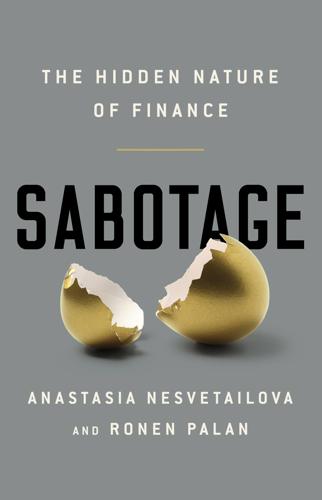
Sabotage: The Financial System's Nasty Business
by Anastasia Nesvetailova and Ronen Palan · 28 Jan 2020 · 218pp · 62,889 words
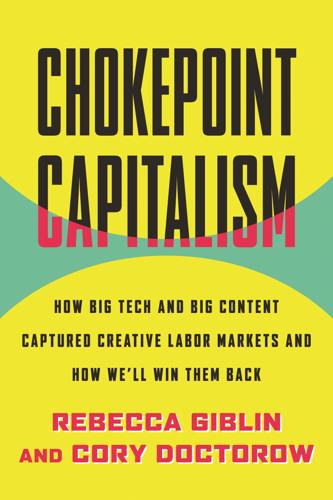
Chokepoint Capitalism
by Rebecca Giblin and Cory Doctorow · 26 Sep 2022 · 396pp · 113,613 words
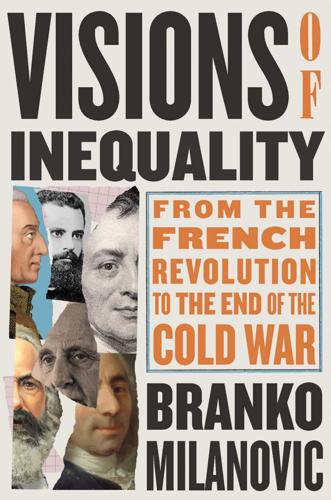
Visions of Inequality: From the French Revolution to the End of the Cold War
by Branko Milanovic · 9 Oct 2023
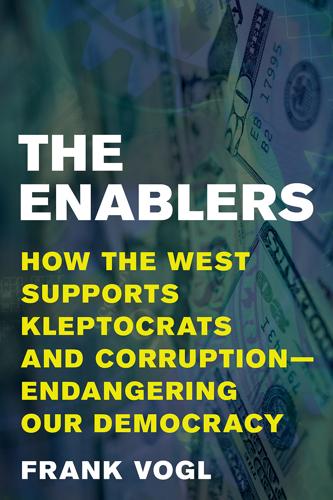
The Enablers: How the West Supports Kleptocrats and Corruption - Endangering Our Democracy
by Frank Vogl · 14 Jul 2021 · 265pp · 80,510 words

Heaven Is a Place on Earth: Searching for an American Utopia
by Adrian Shirk · 15 Mar 2022 · 358pp · 118,810 words
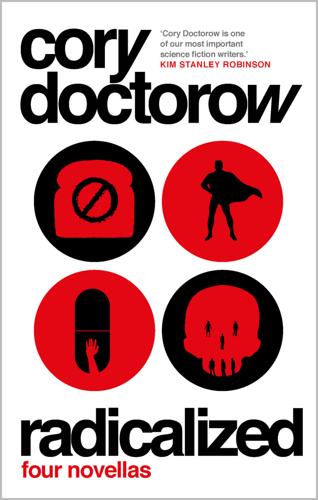
Radicalized
by Cory Doctorow · 19 Mar 2019 · 444pp · 84,486 words
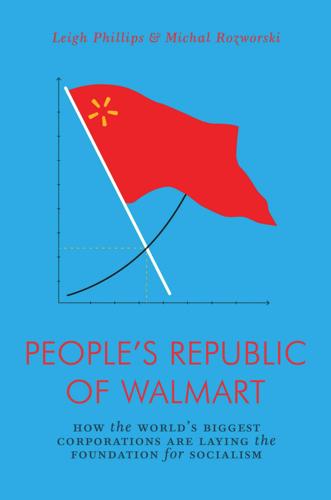
The People's Republic of Walmart: How the World's Biggest Corporations Are Laying the Foundation for Socialism
by Leigh Phillips and Michal Rozworski · 5 Mar 2019 · 202pp · 62,901 words
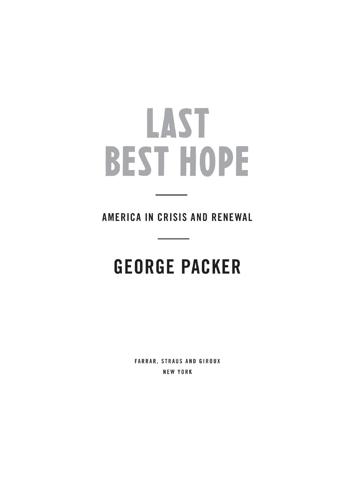
Last Best Hope: America in Crisis and Renewal
by George Packer · 14 Jun 2021 · 173pp · 55,328 words

The Quants
by Scott Patterson · 2 Feb 2010 · 374pp · 114,600 words
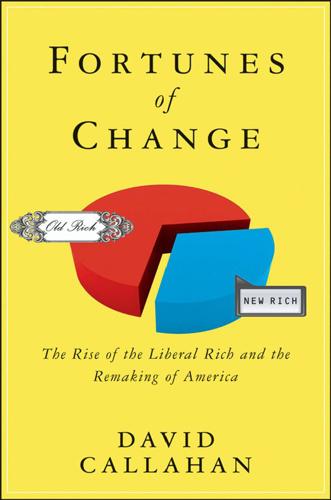
Fortunes of Change: The Rise of the Liberal Rich and the Remaking of America
by David Callahan · 9 Aug 2010
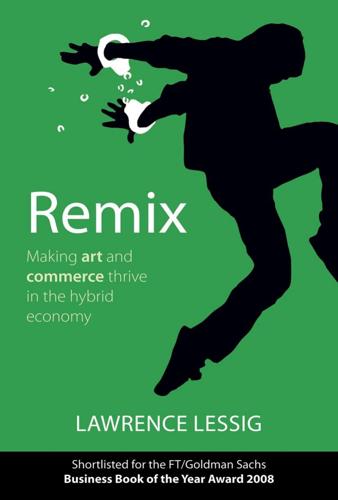
Remix: Making Art and Commerce Thrive in the Hybrid Economy
by Lawrence Lessig · 2 Jan 2009
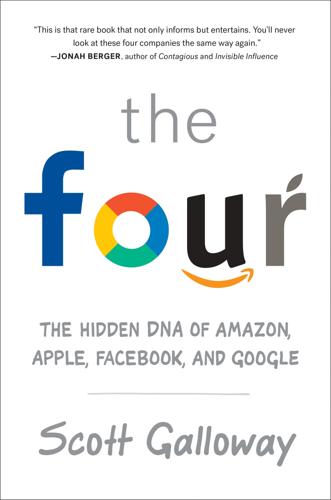
The Four: How Amazon, Apple, Facebook, and Google Divided and Conquered the World
by Scott Galloway · 2 Oct 2017 · 305pp · 79,303 words
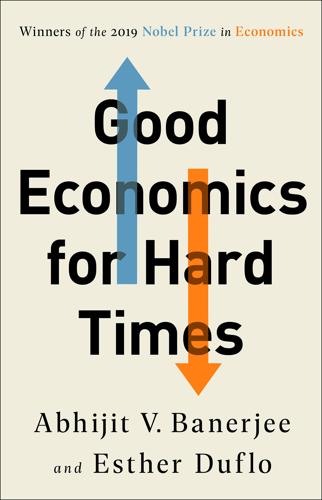
Good Economics for Hard Times: Better Answers to Our Biggest Problems
by Abhijit V. Banerjee and Esther Duflo · 12 Nov 2019 · 470pp · 148,730 words
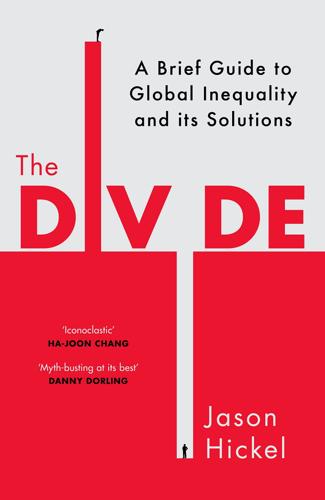
The Divide: A Brief Guide to Global Inequality and Its Solutions
by Jason Hickel · 3 May 2017 · 332pp · 106,197 words
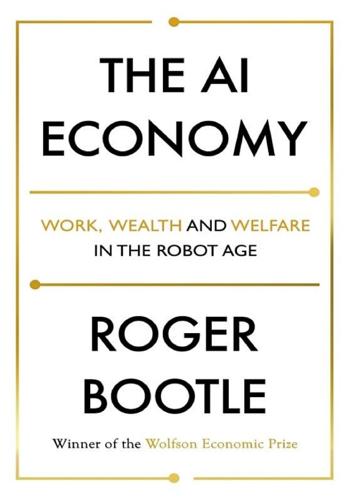
The AI Economy: Work, Wealth and Welfare in the Robot Age
by Roger Bootle · 4 Sep 2019 · 374pp · 111,284 words
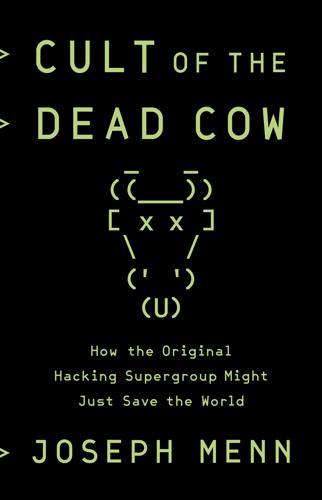
Cult of the Dead Cow: How the Original Hacking Supergroup Might Just Save the World
by Joseph Menn · 3 Jun 2019 · 302pp · 85,877 words

Artificial Unintelligence: How Computers Misunderstand the World
by Meredith Broussard · 19 Apr 2018 · 245pp · 83,272 words

The Twittering Machine
by Richard Seymour · 20 Aug 2019 · 297pp · 83,651 words
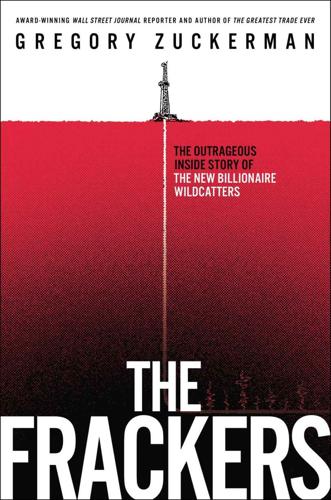
The Frackers: The Outrageous Inside Story of the New Billionaire Wildcatters
by Gregory Zuckerman · 5 Nov 2013 · 483pp · 143,123 words
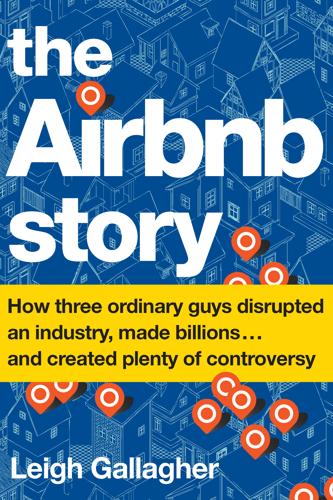
The Airbnb Story: How Three Ordinary Guys Disrupted an Industry, Made Billions...and Created Plenty of Controversy
by Leigh Gallagher · 14 Feb 2017 · 290pp · 87,549 words
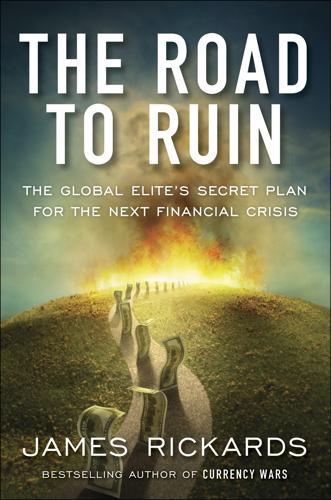
The Road to Ruin: The Global Elites' Secret Plan for the Next Financial Crisis
by James Rickards · 15 Nov 2016 · 354pp · 105,322 words
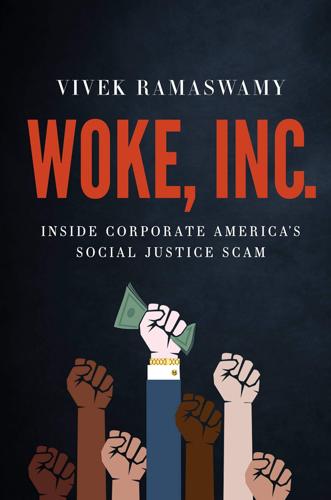
Woke, Inc: Inside Corporate America's Social Justice Scam
by Vivek Ramaswamy · 16 Aug 2021 · 344pp · 104,522 words

The Plague Year: America in the Time of Covid
by Lawrence Wright · 7 Jun 2021 · 391pp · 112,312 words

Wordslut: A Feminist Guide to Taking Back the English Language
by Amanda Montell · 27 May 2019 · 212pp · 68,649 words
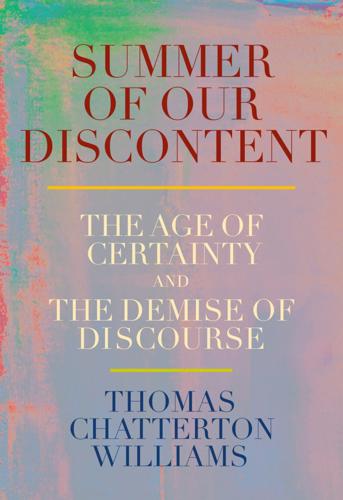
Summer of Our Discontent: The Age of Certainty and the Demise of Discourse
by Thomas Chatterton Williams · 4 Aug 2025 · 242pp · 76,315 words

Searches: Selfhood in the Digital Age
by Vauhini Vara · 8 Apr 2025 · 301pp · 105,209 words

Convenient Terrorist : Two Whistleblowers' Stories of Torture, Terror, Secret Wars, and CIA Lies (9781510711648)
by Kiriakou, John; Hickman, Joseph · 13 Jun 2017 · 123pp · 34,936 words
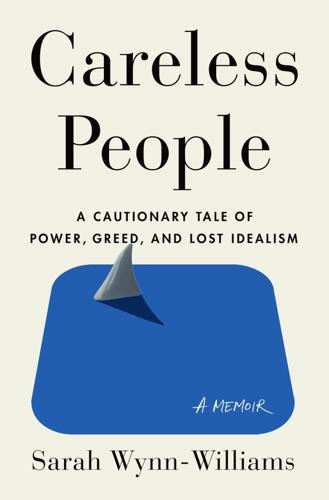
Careless People: A Cautionary Tale of Power, Greed, and Lost Idealism
by Sarah Wynn-Williams · 11 Mar 2025 · 370pp · 115,318 words

Enshittification: Why Everything Suddenly Got Worse and What to Do About It
by Cory Doctorow · 6 Oct 2025 · 313pp · 94,415 words